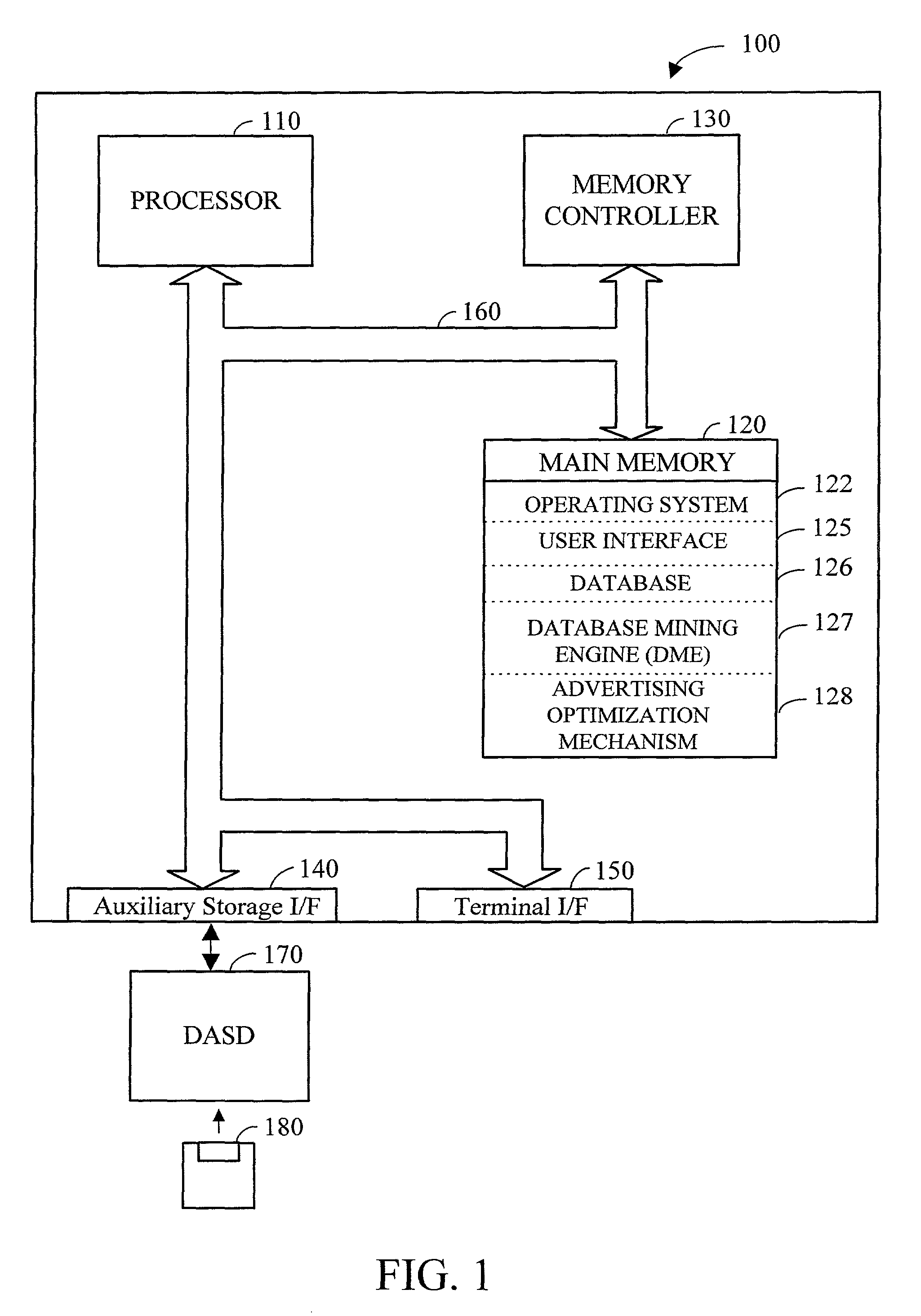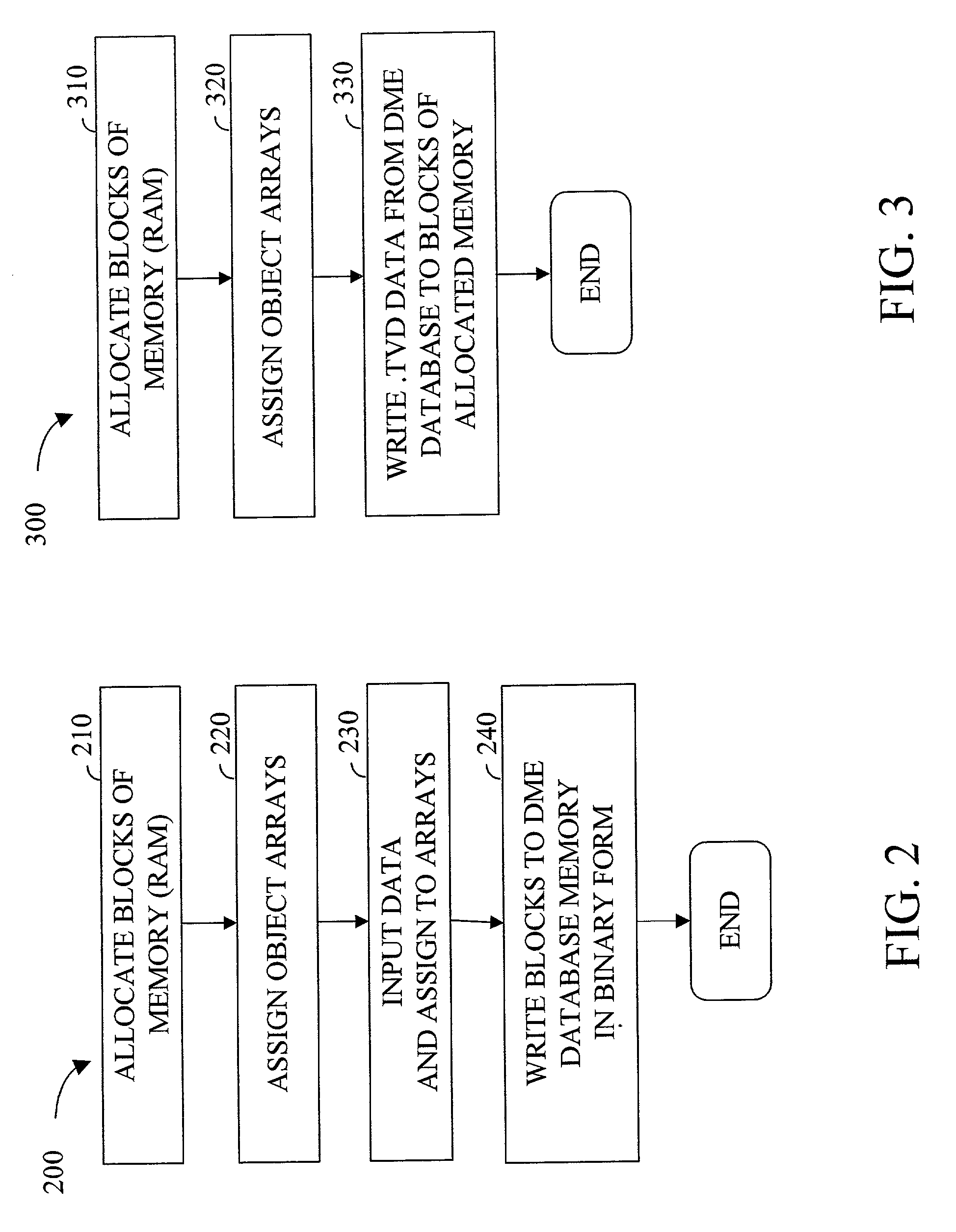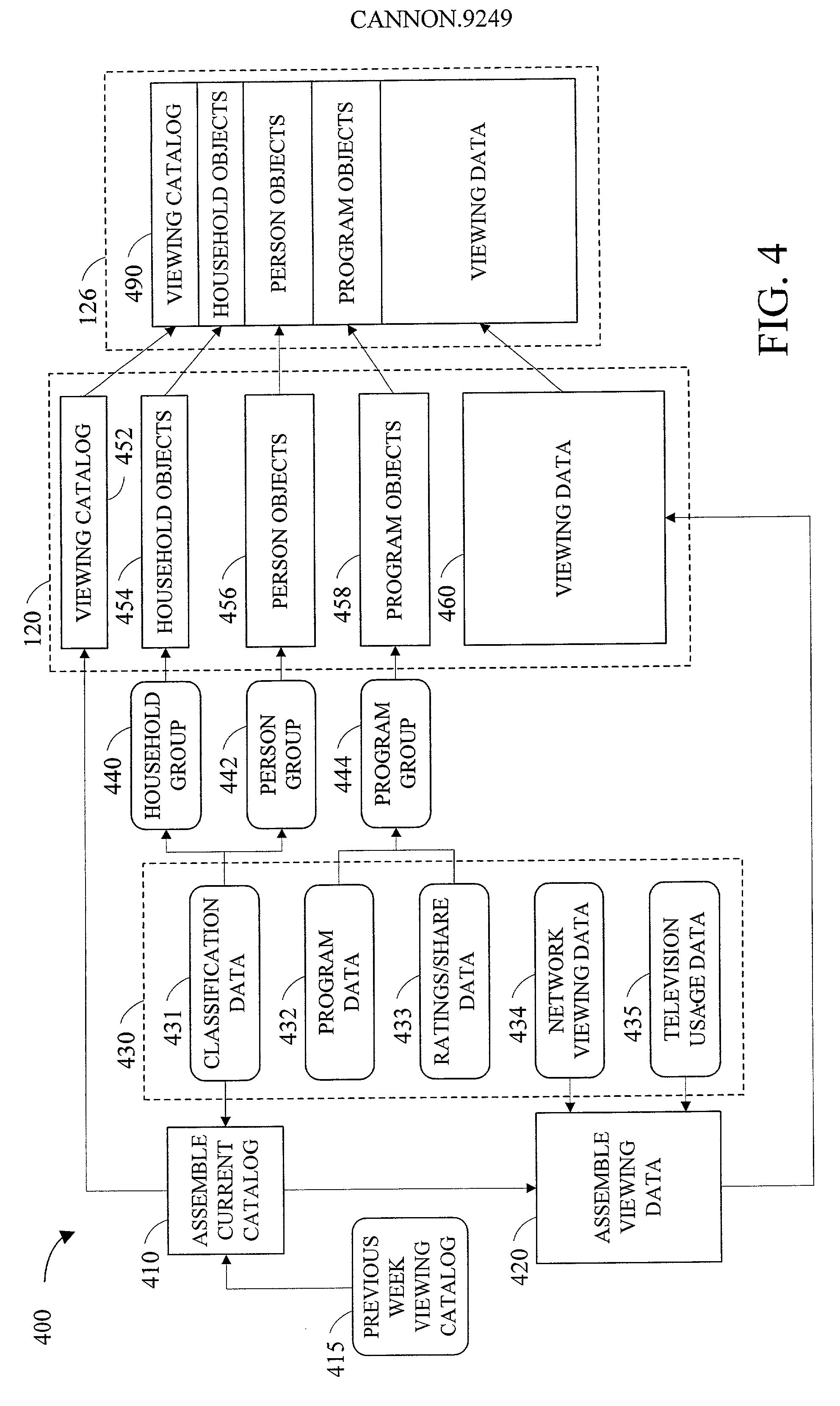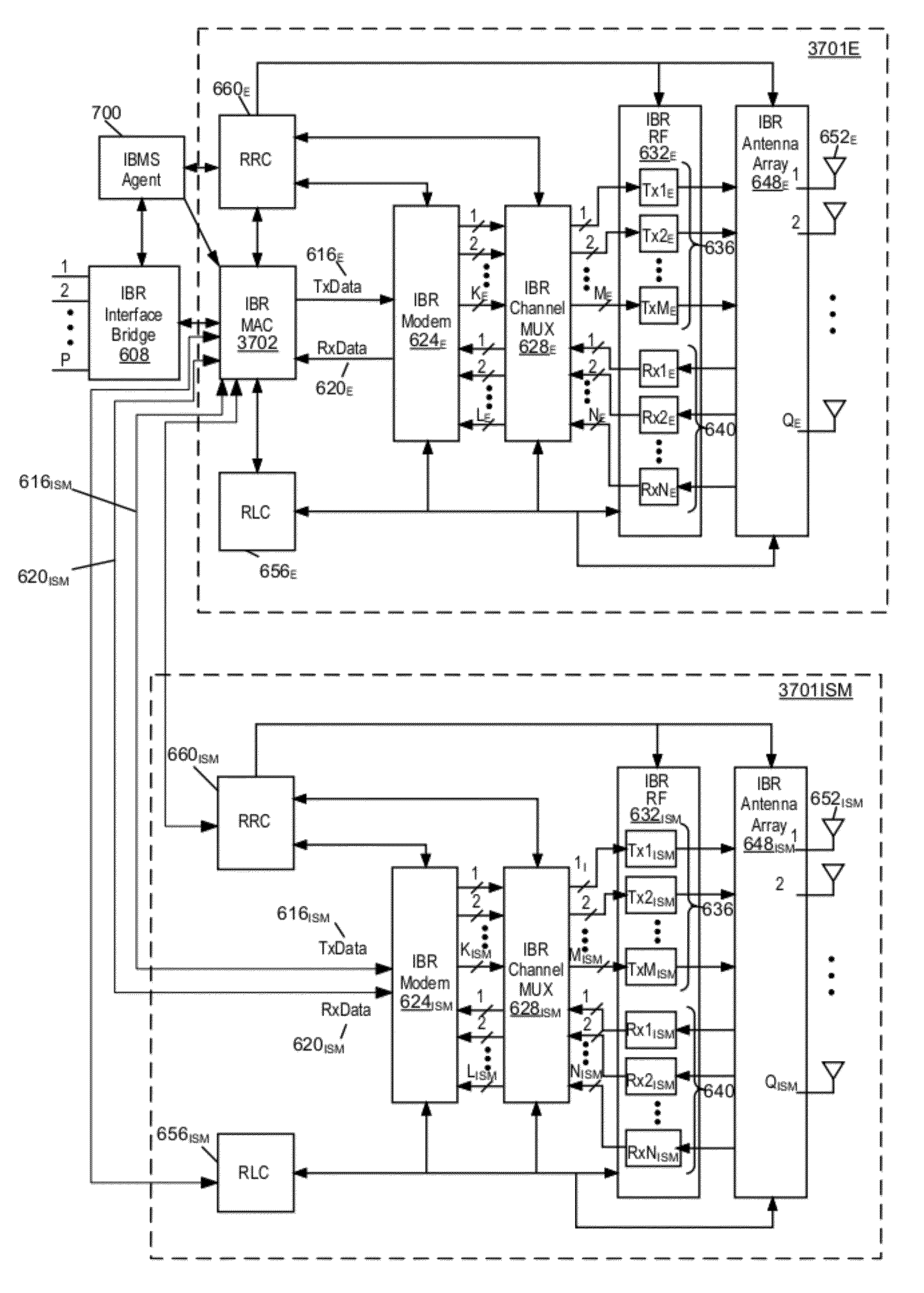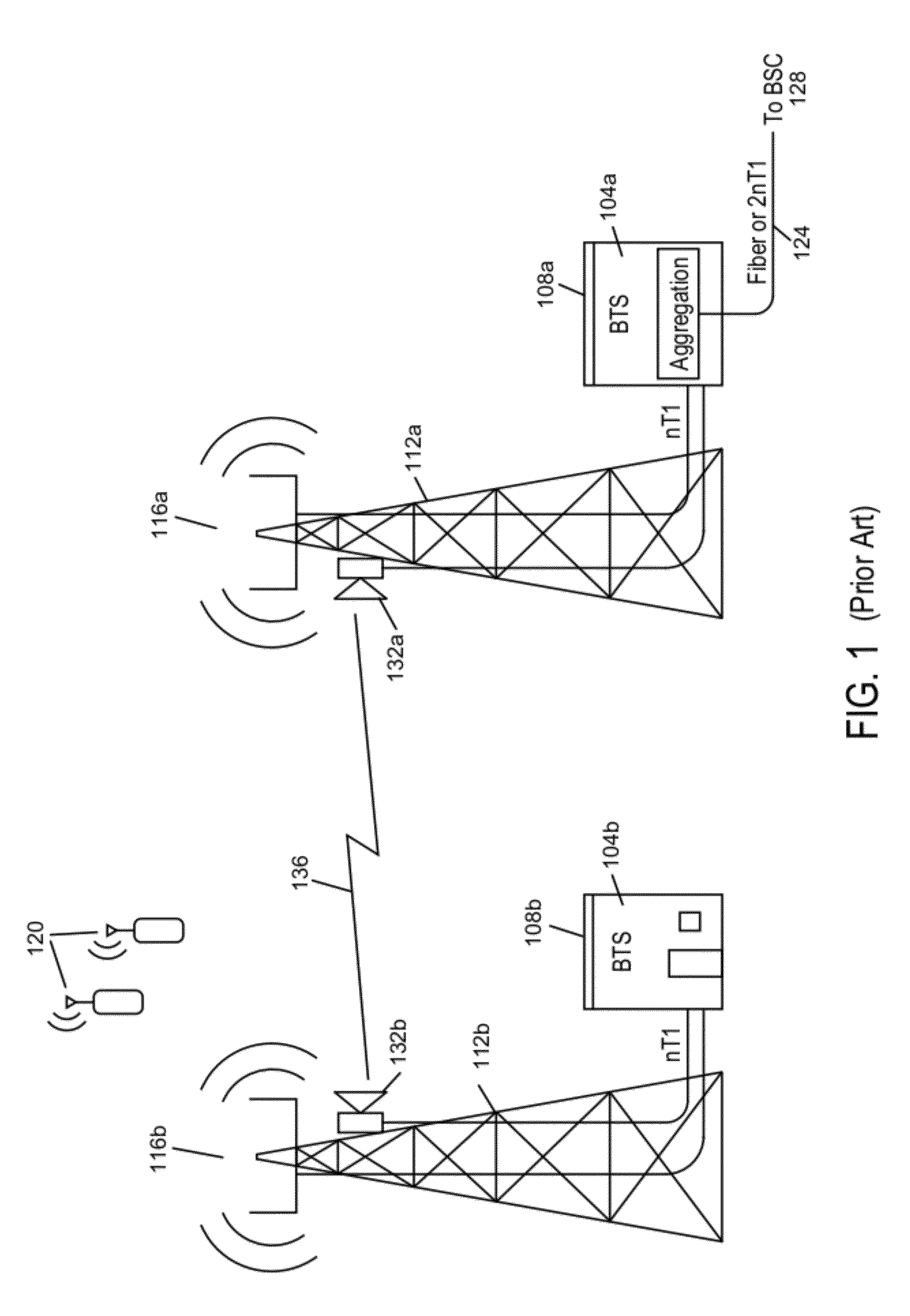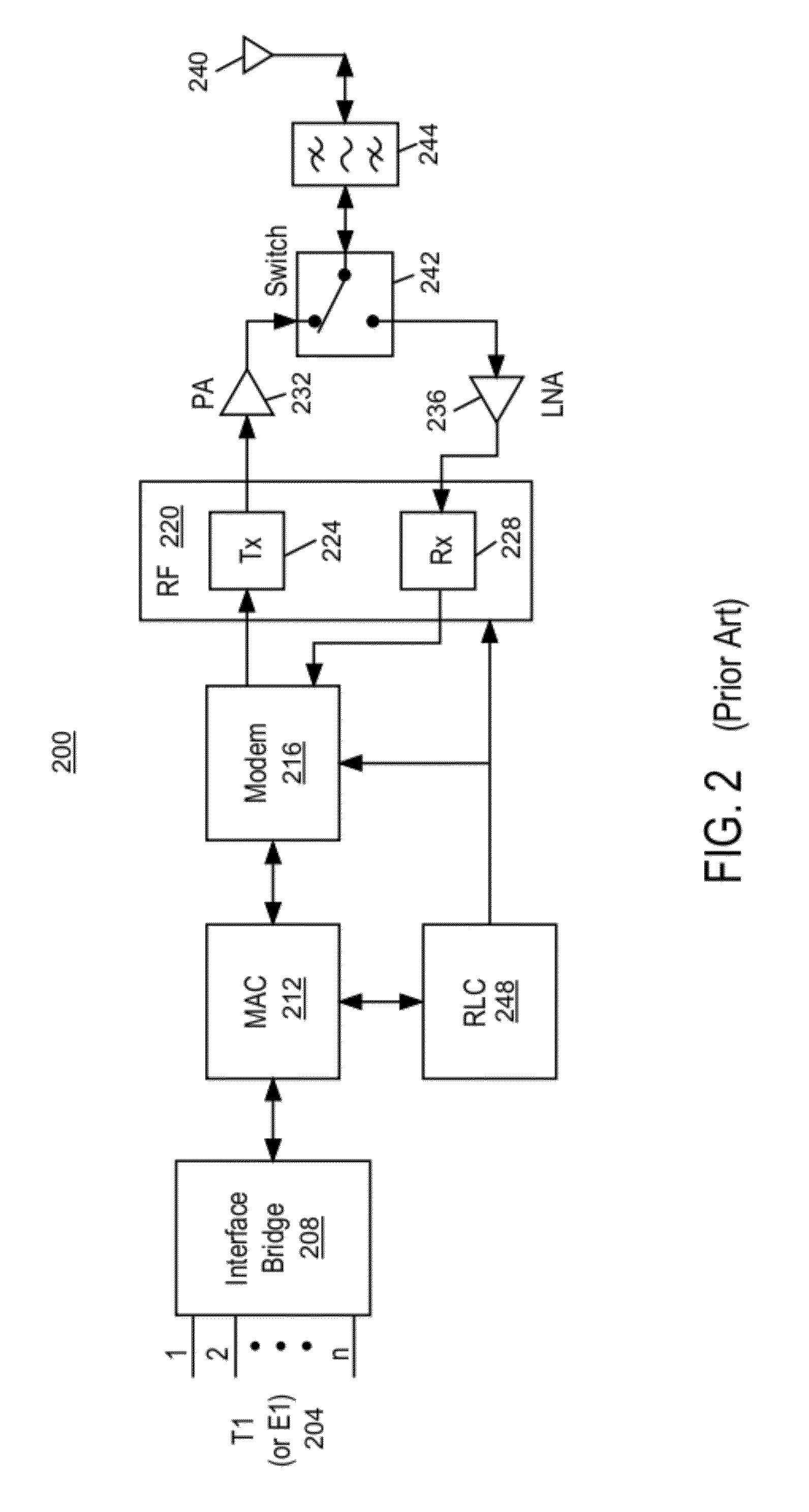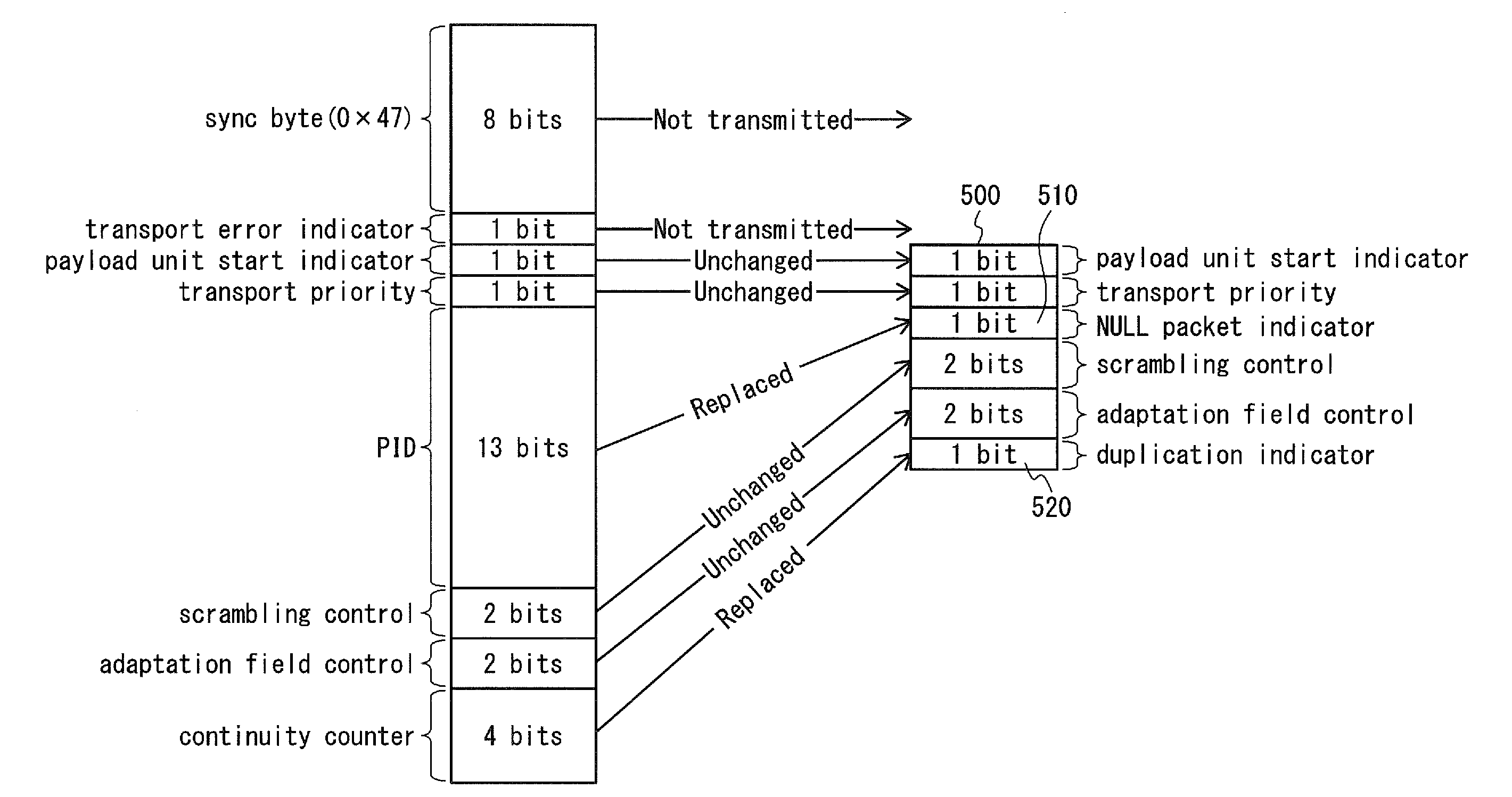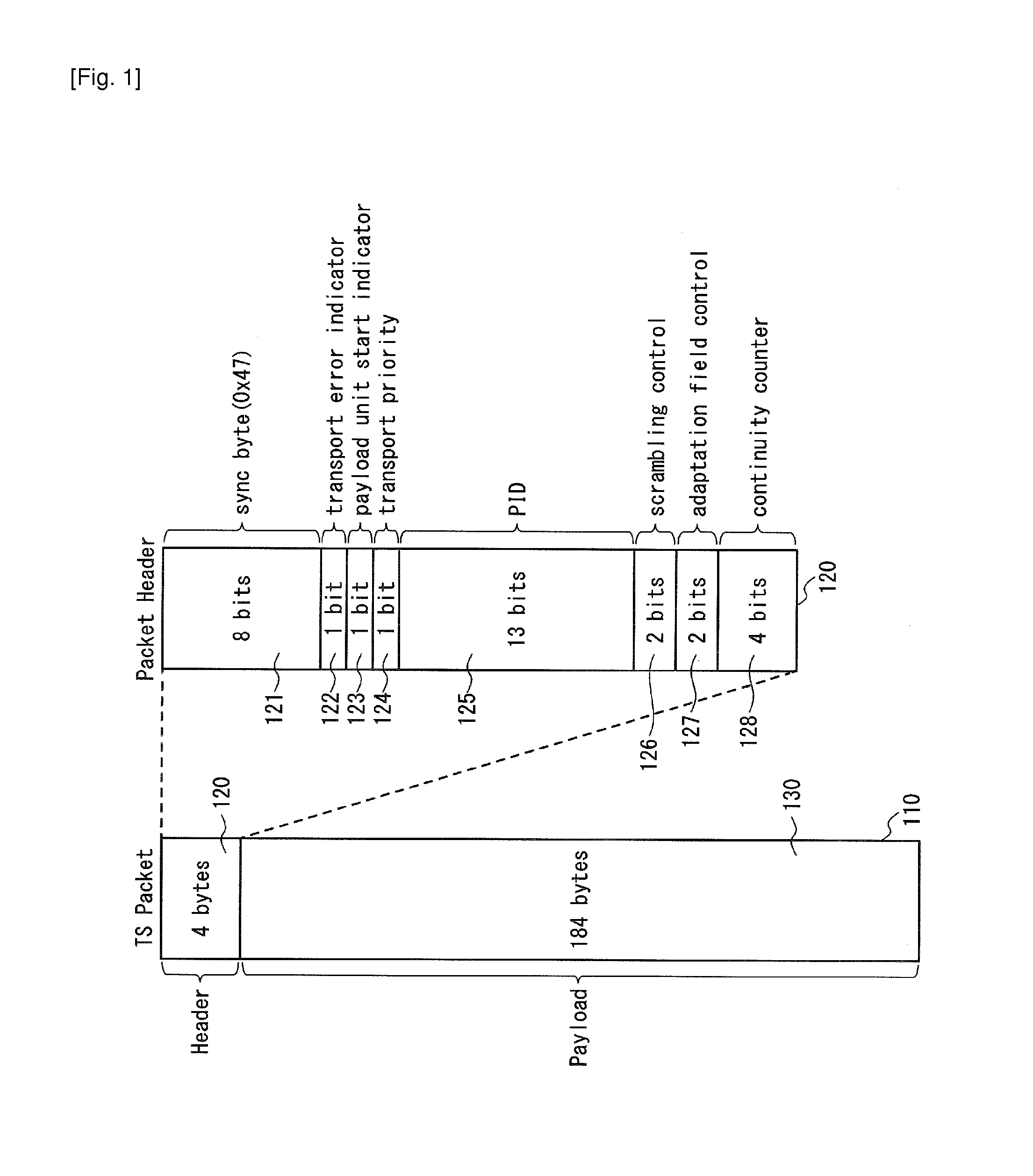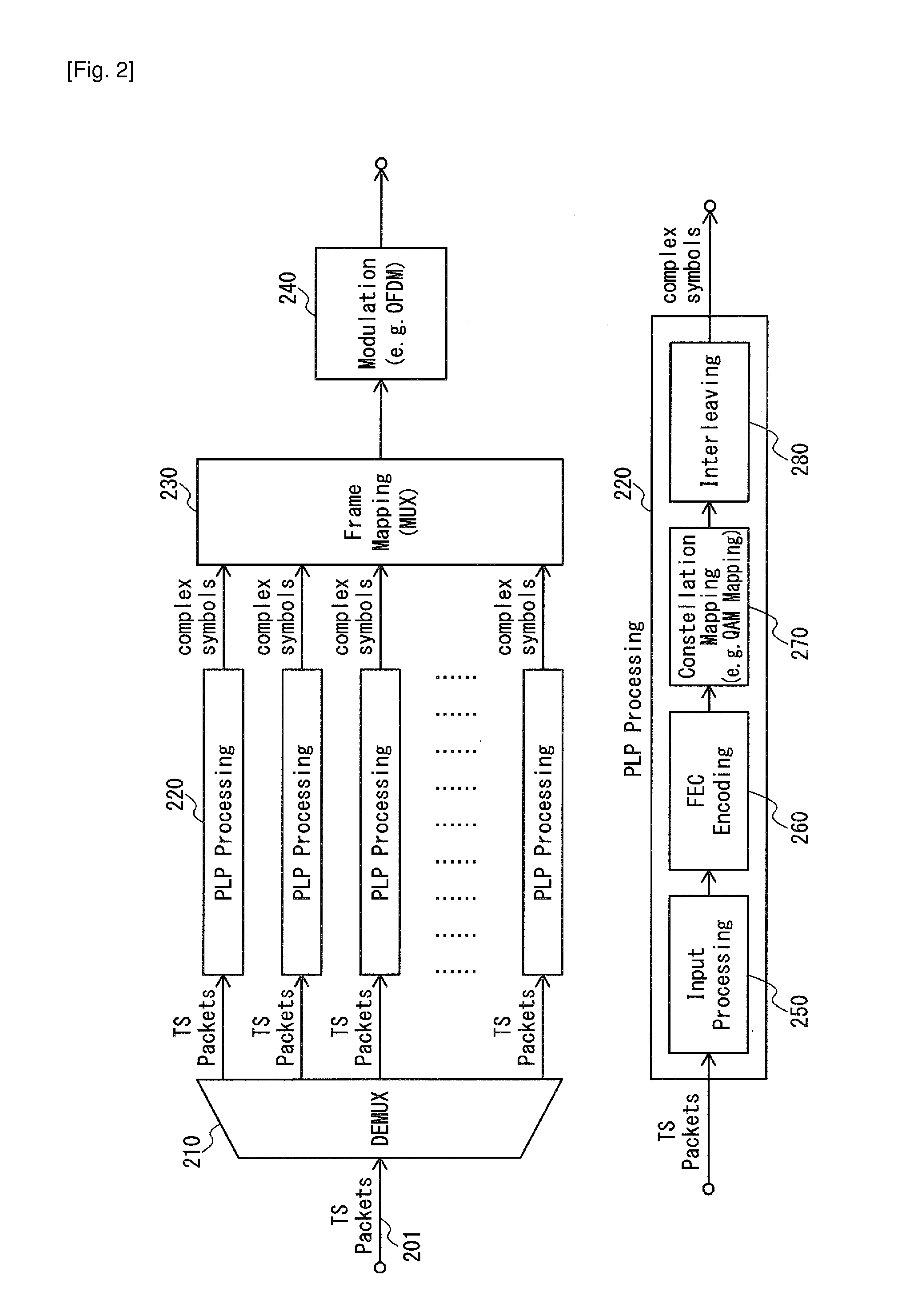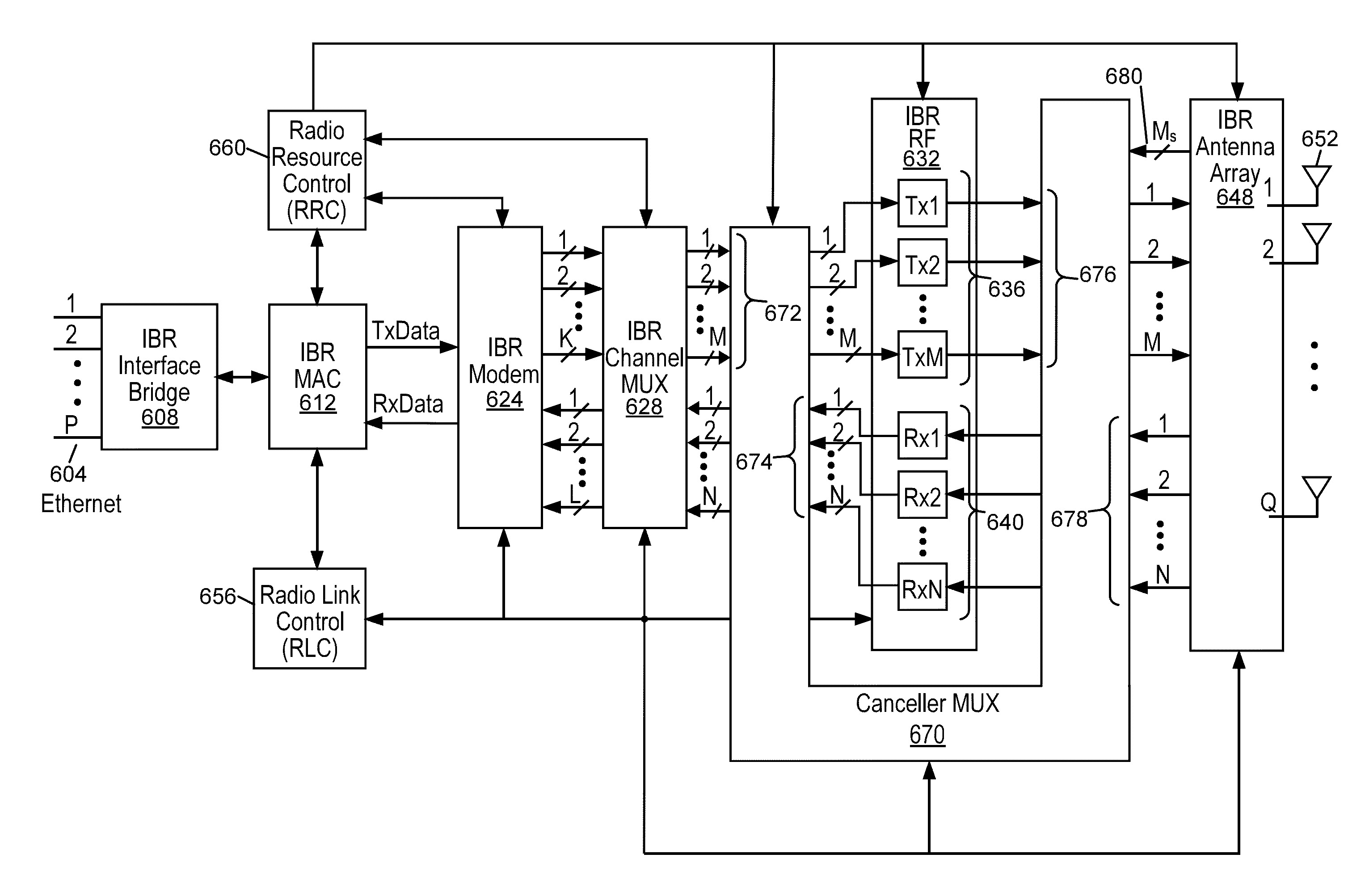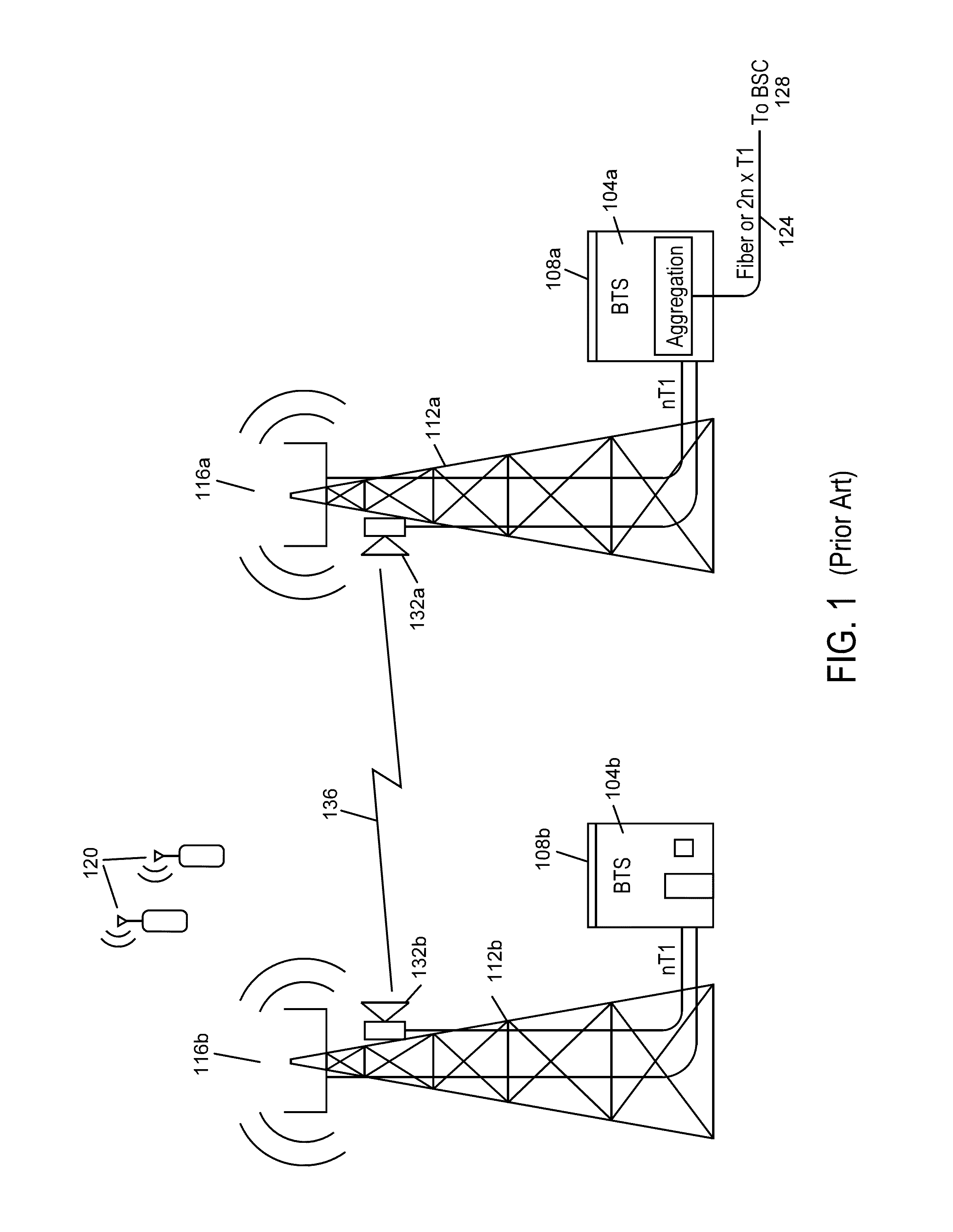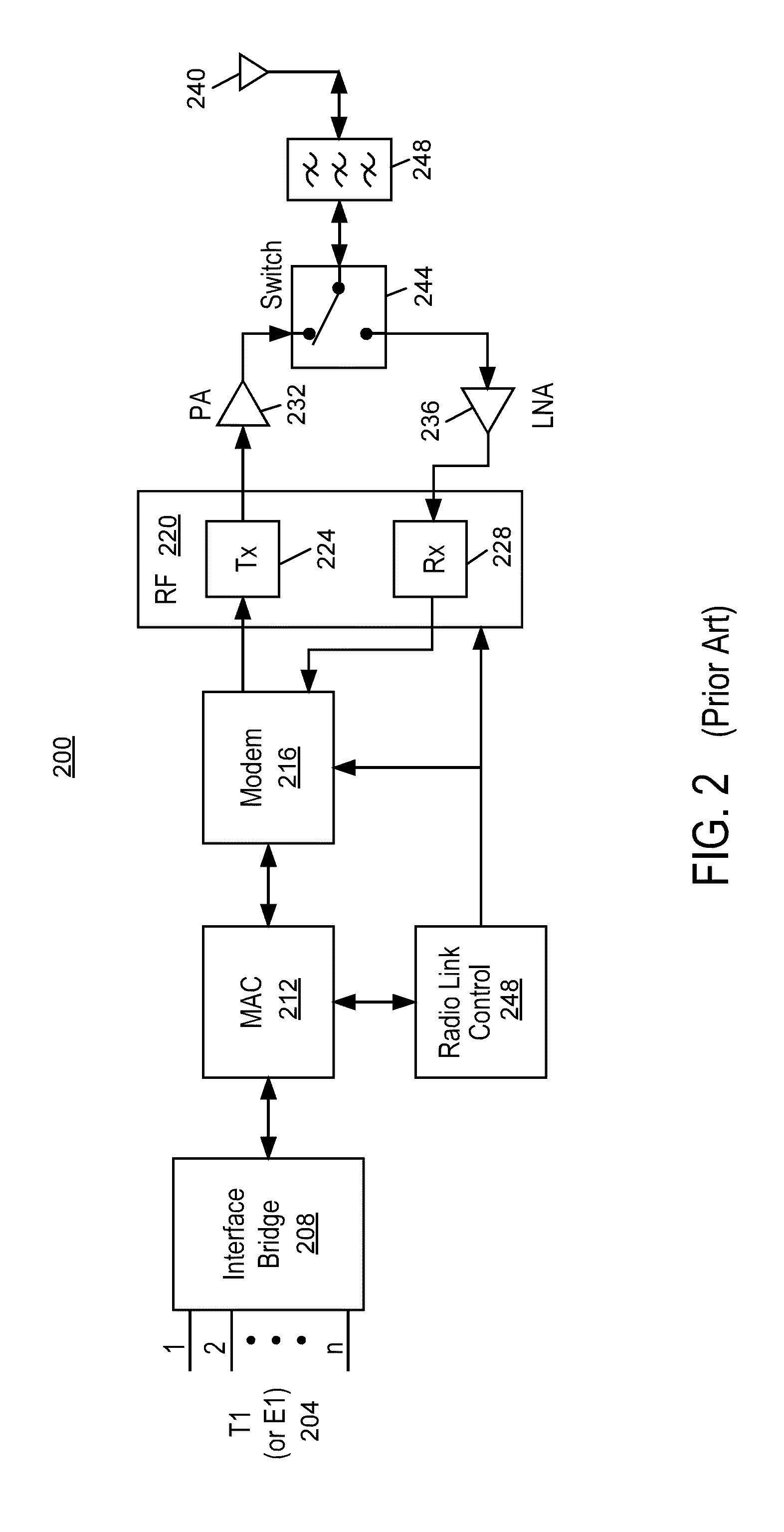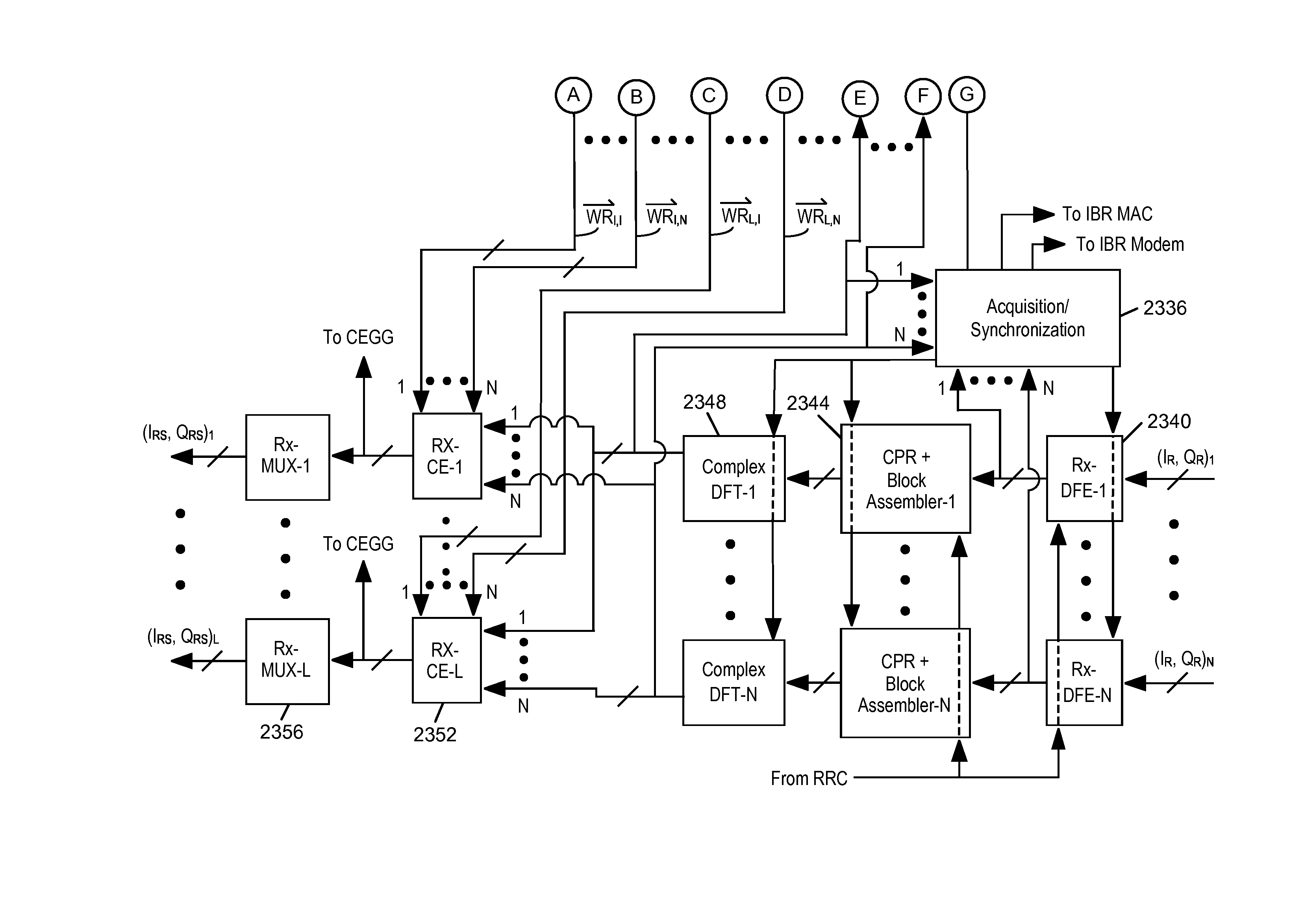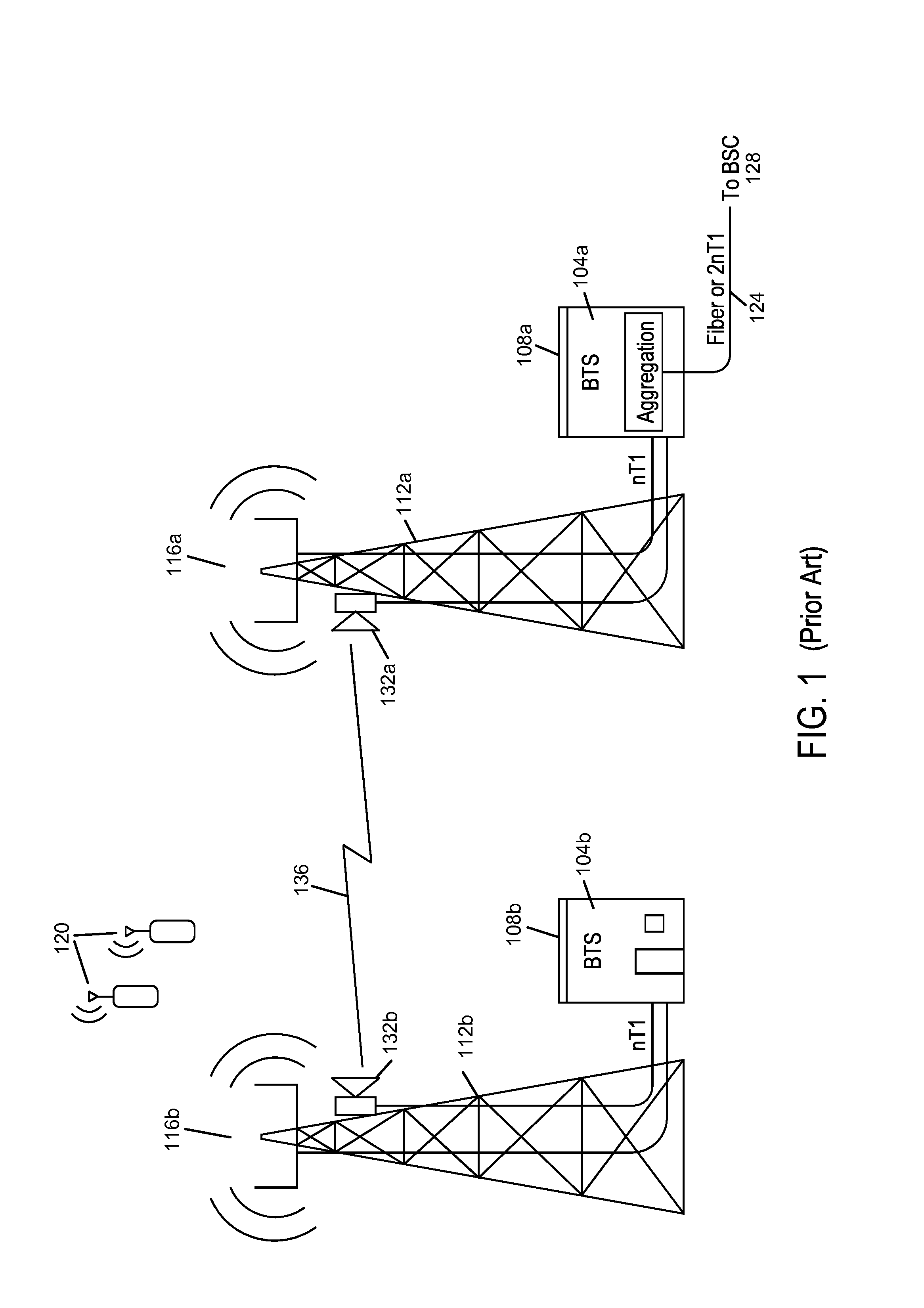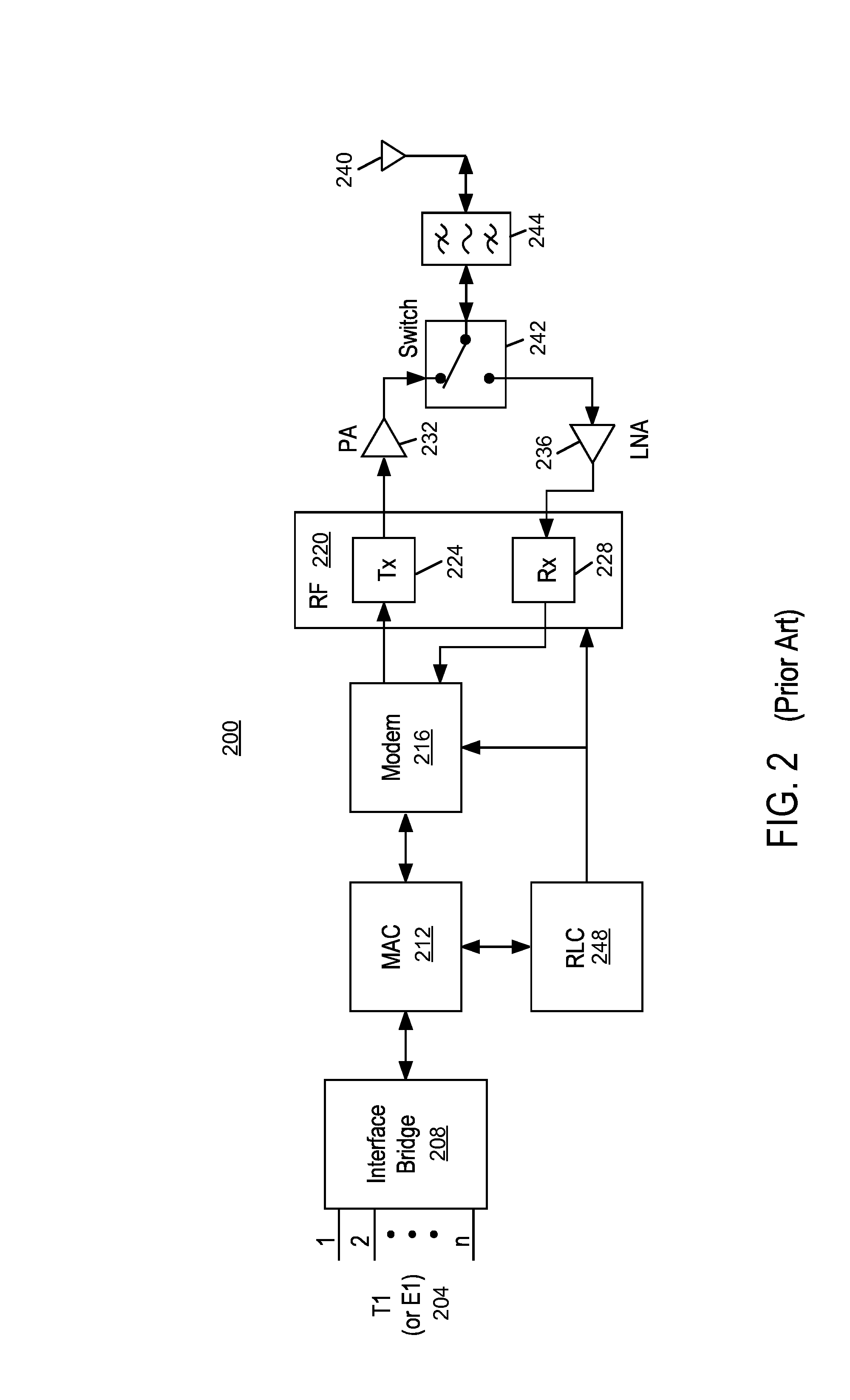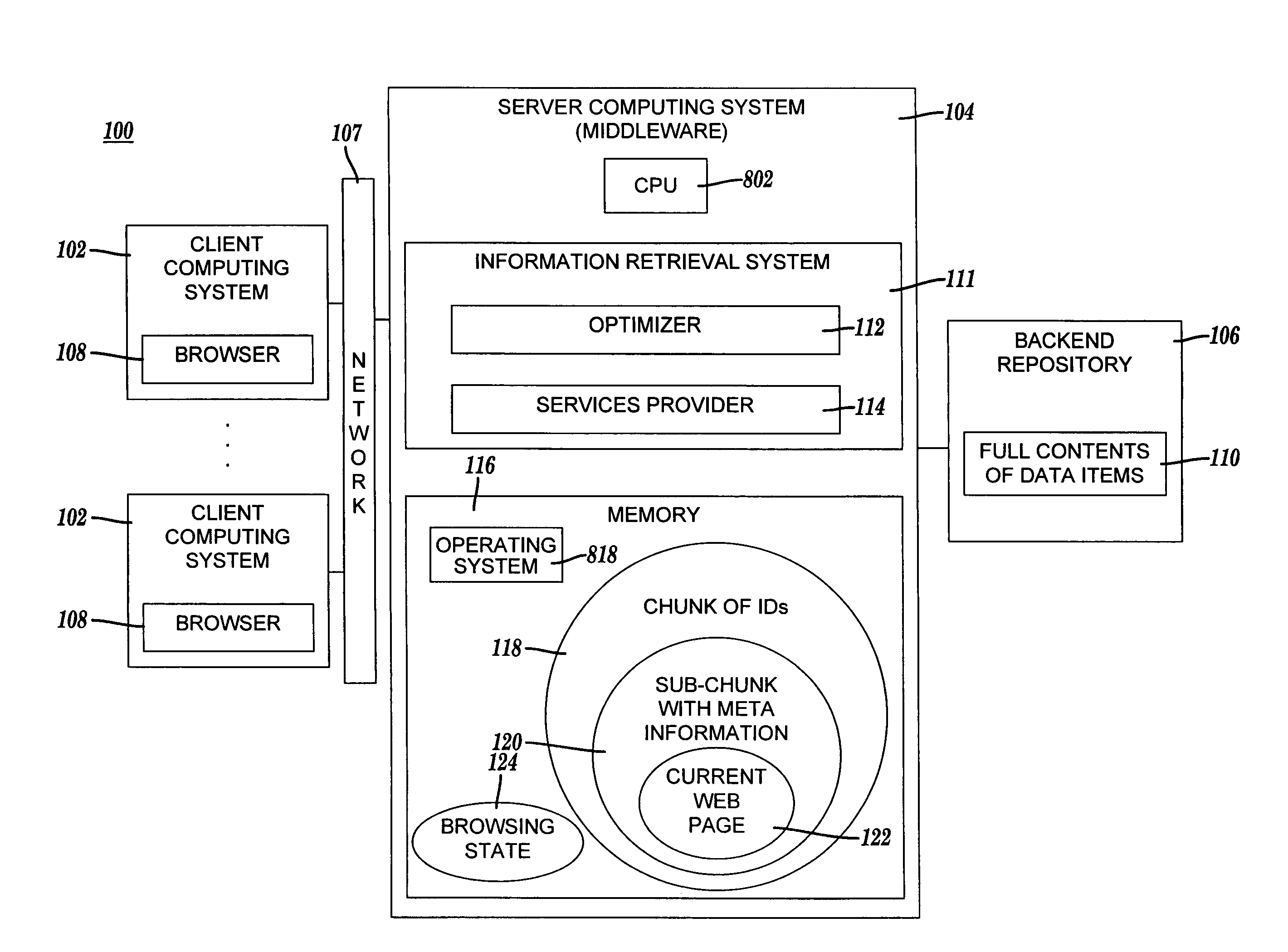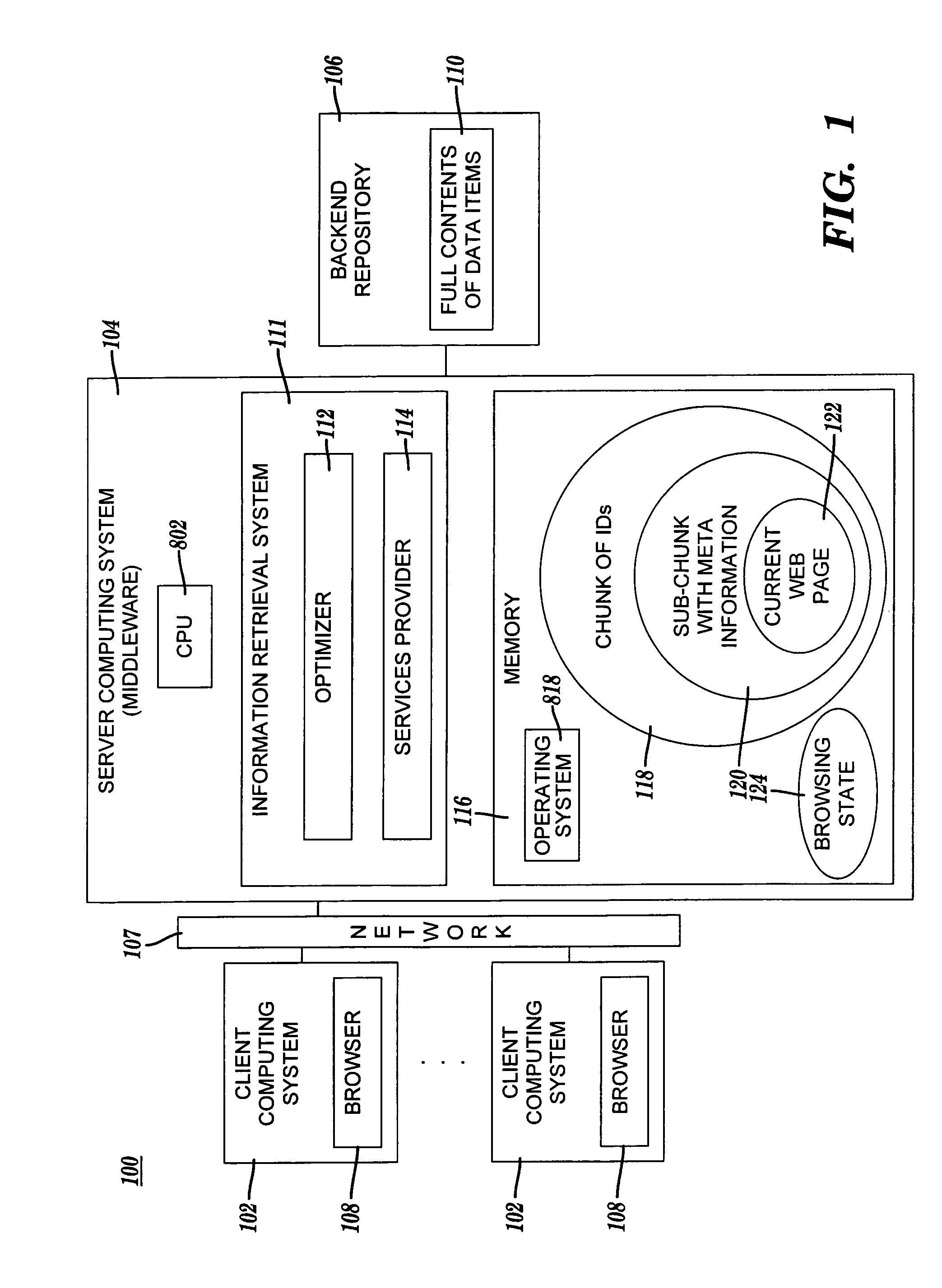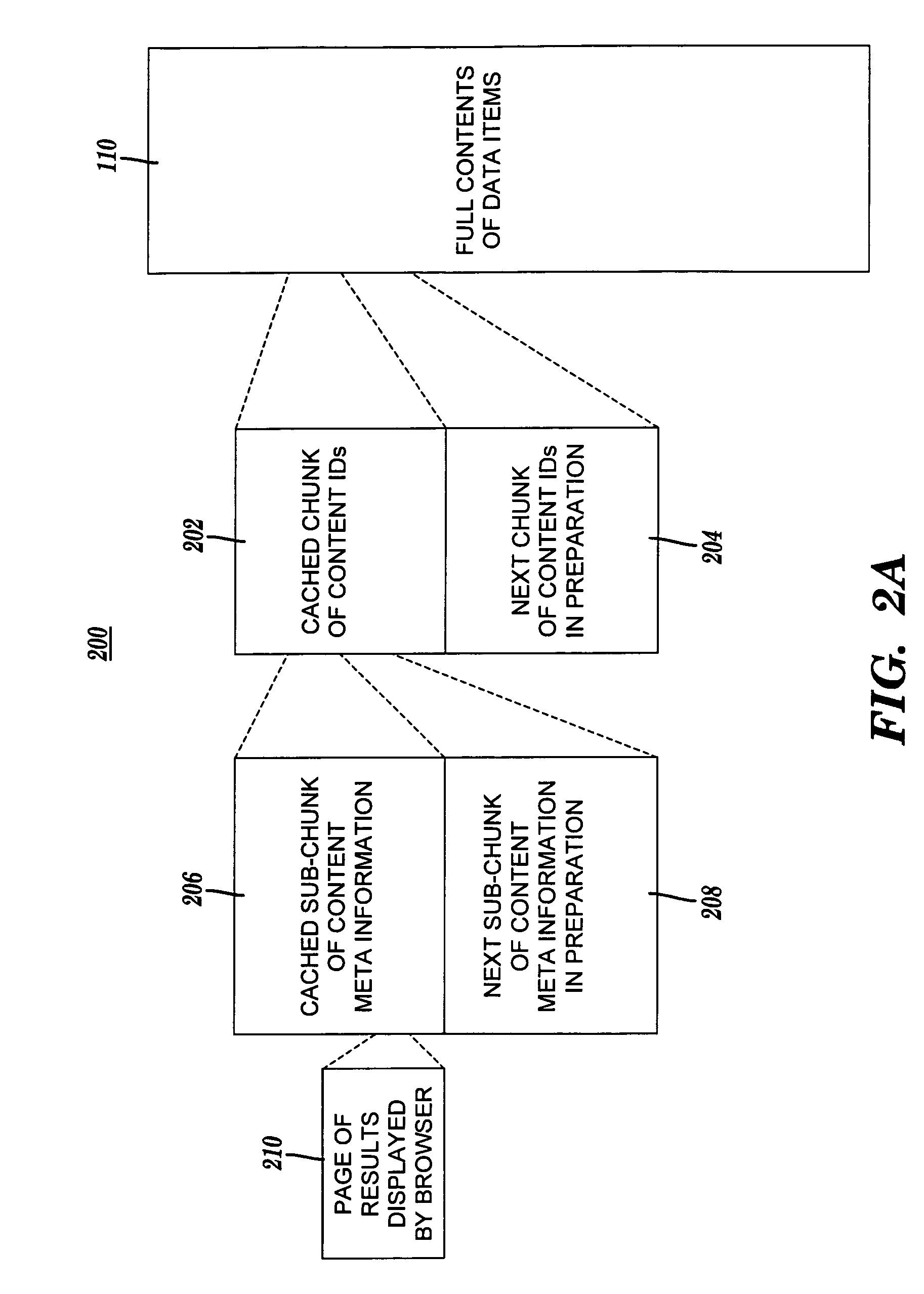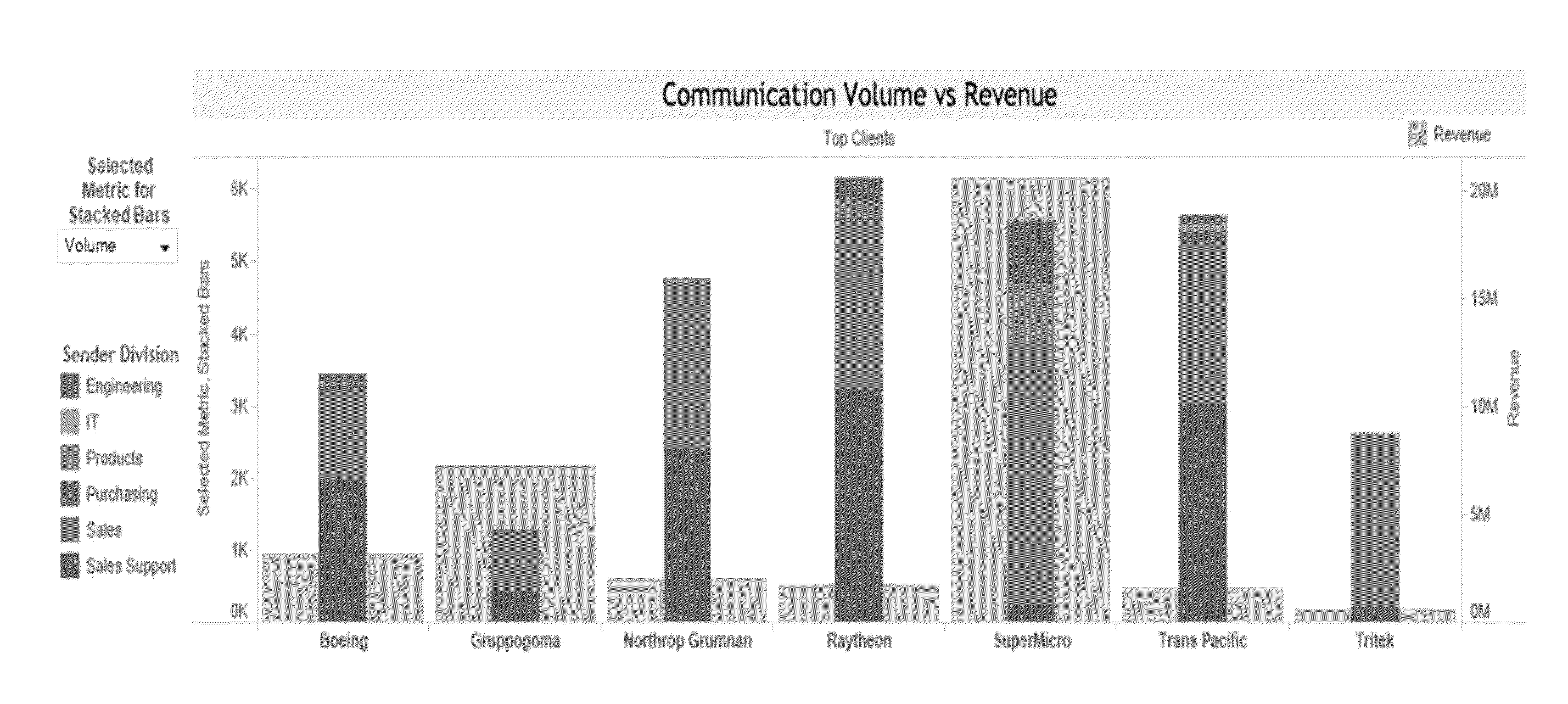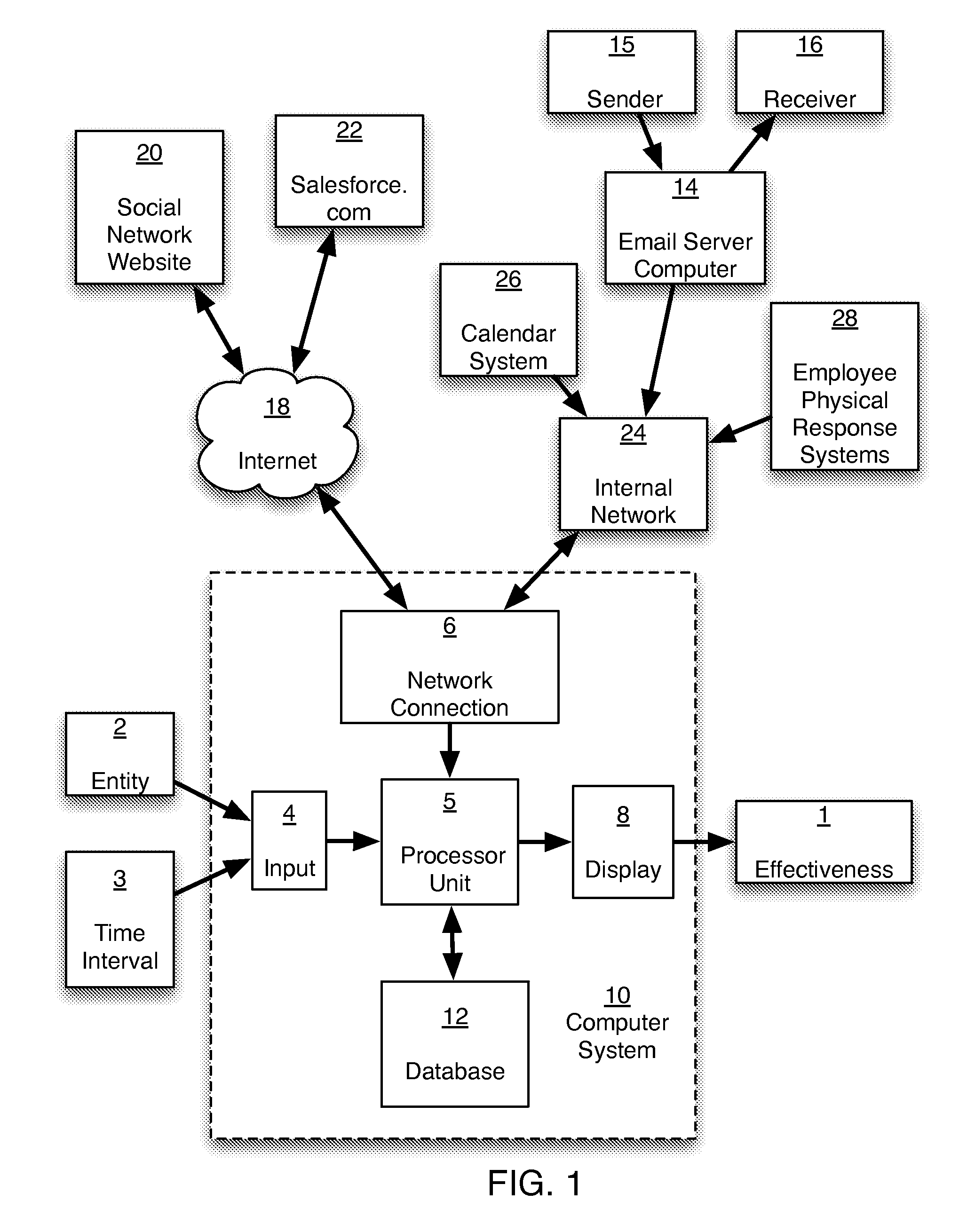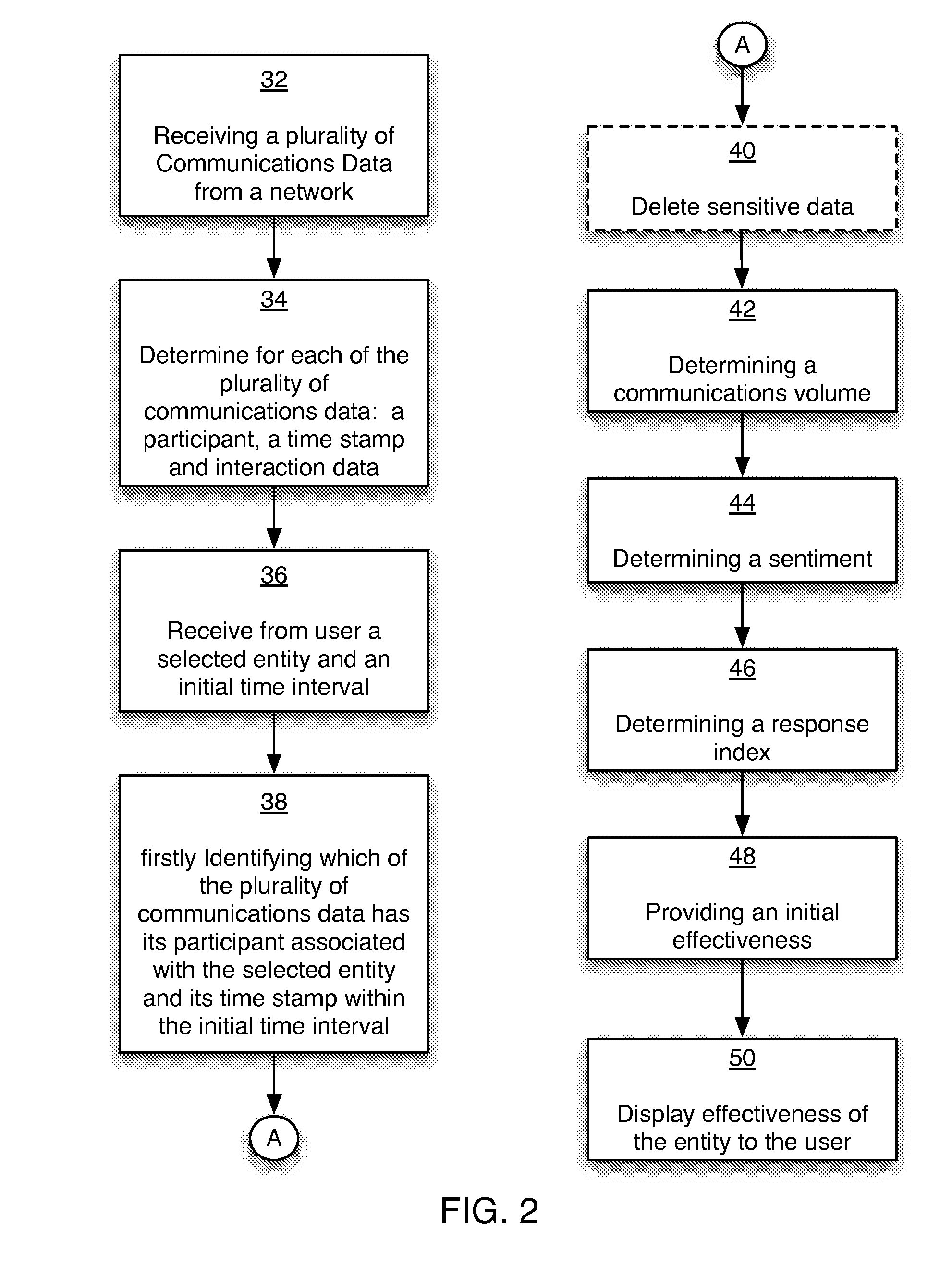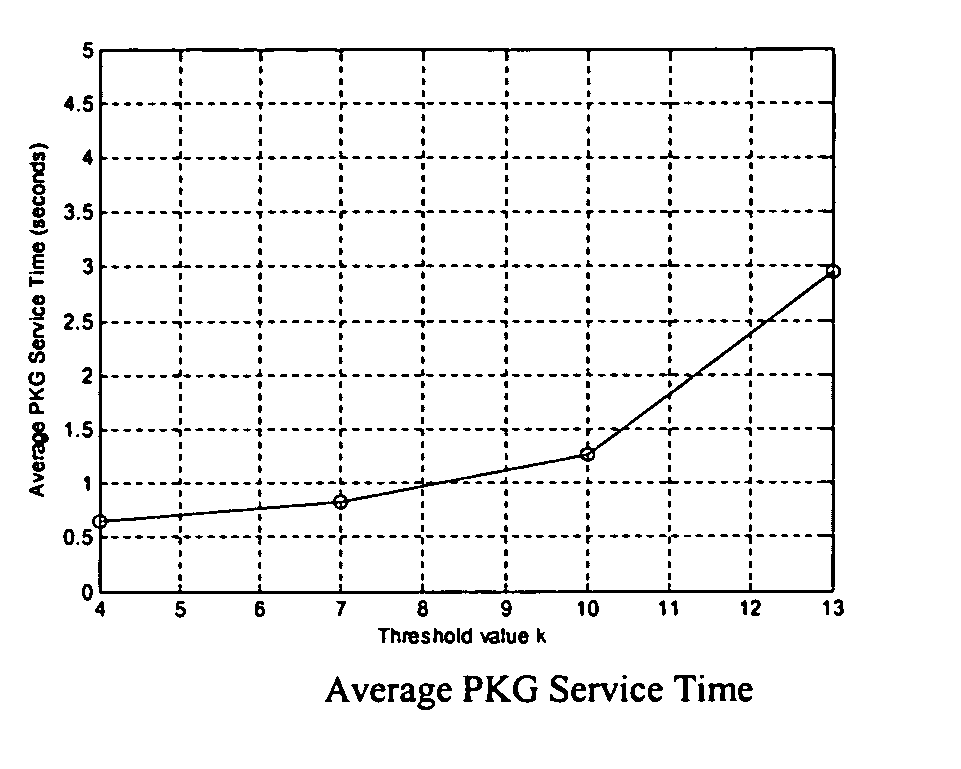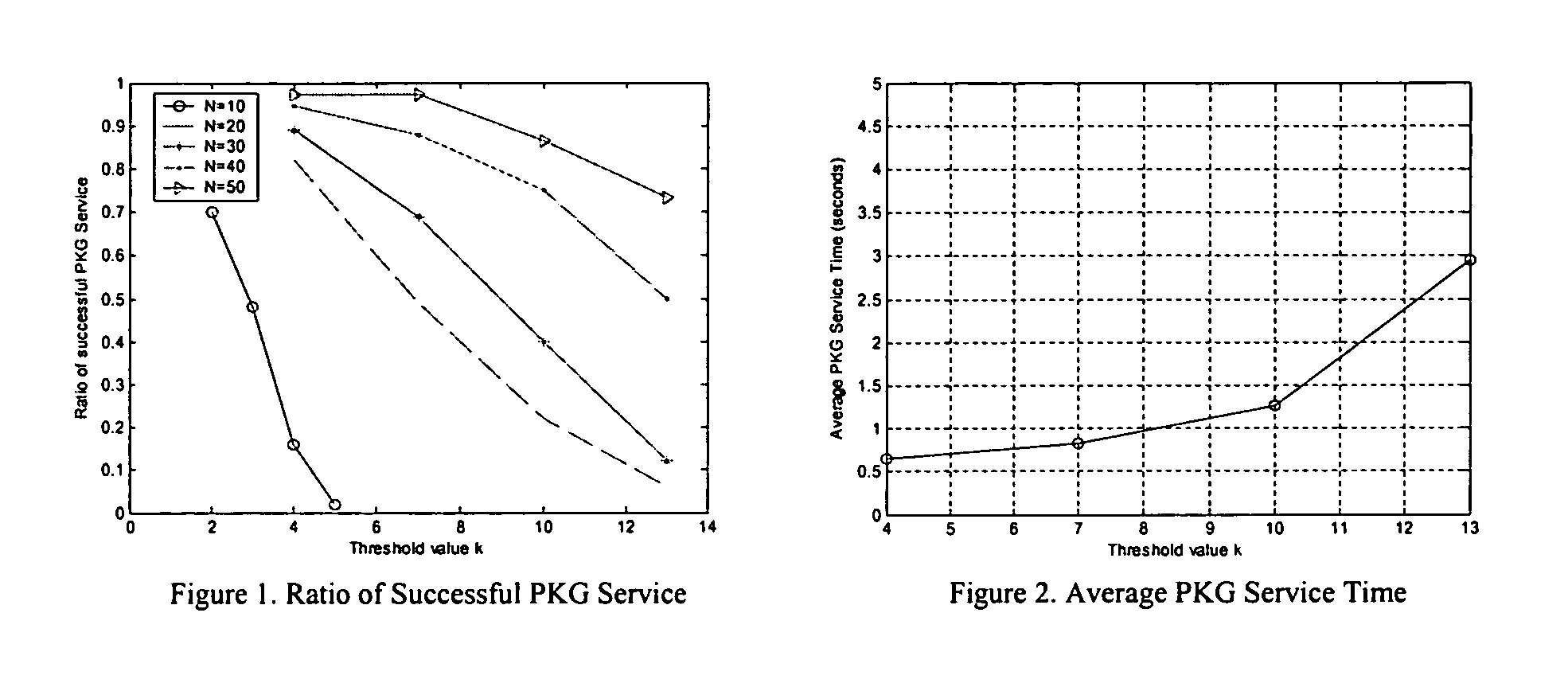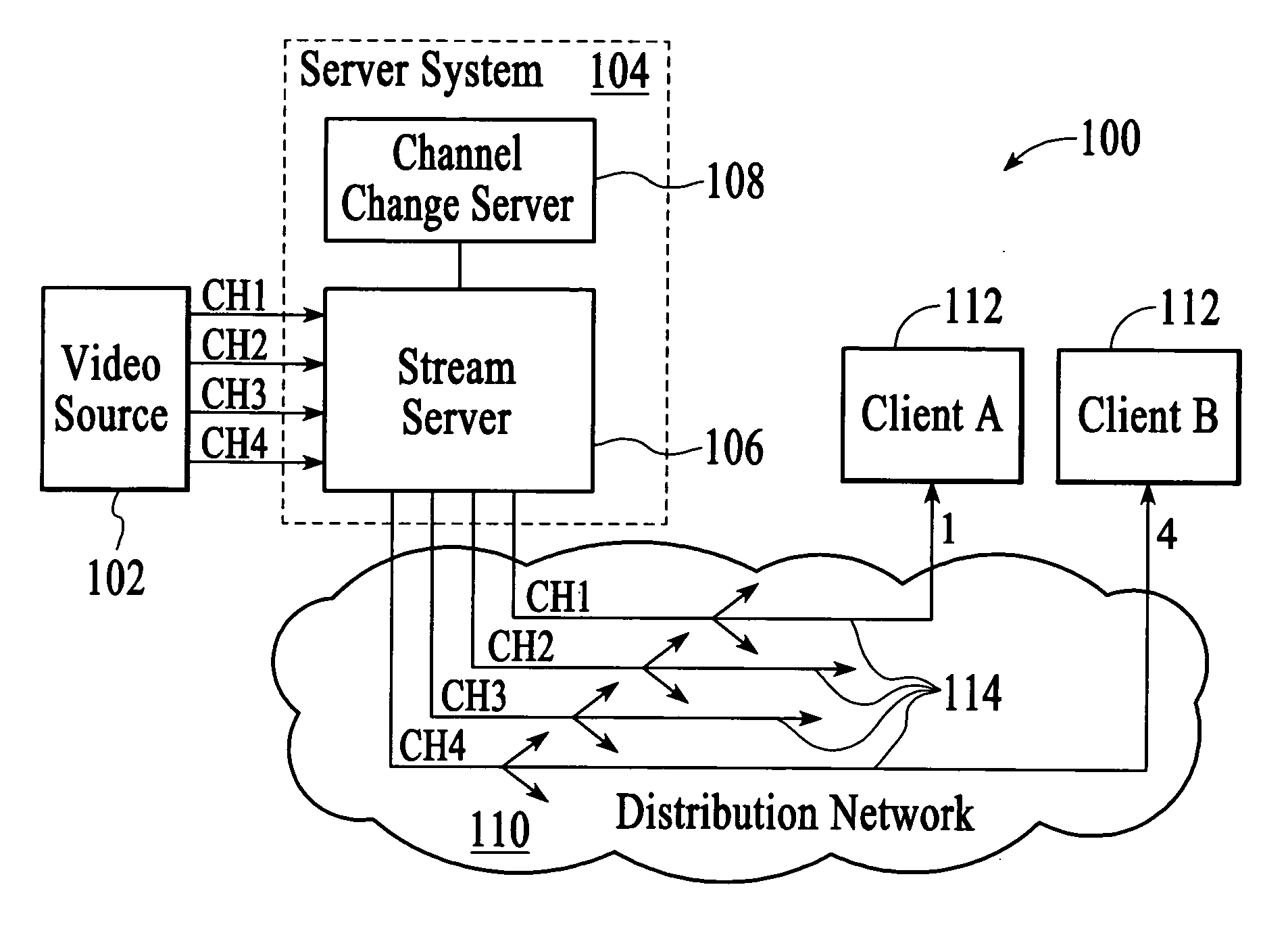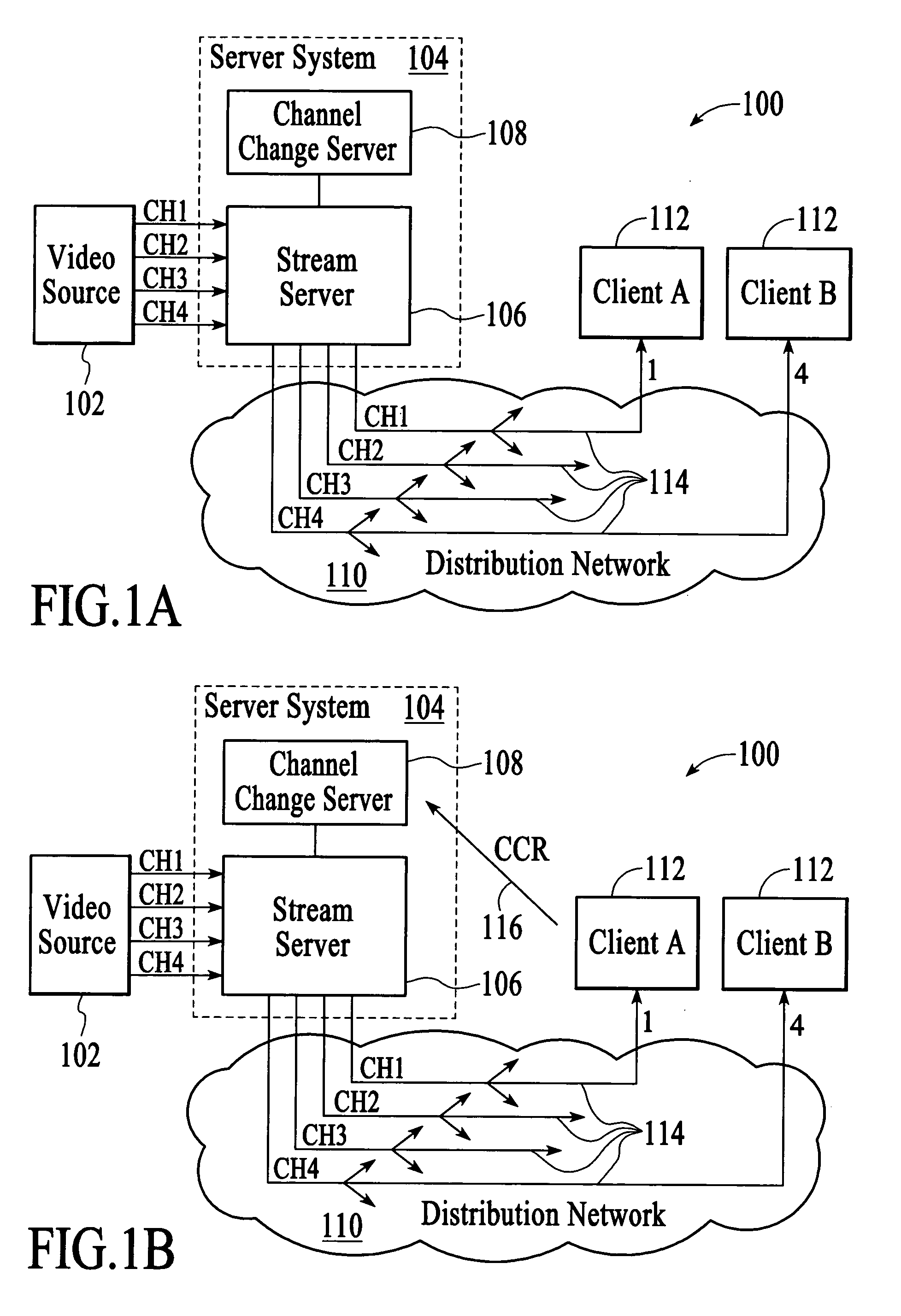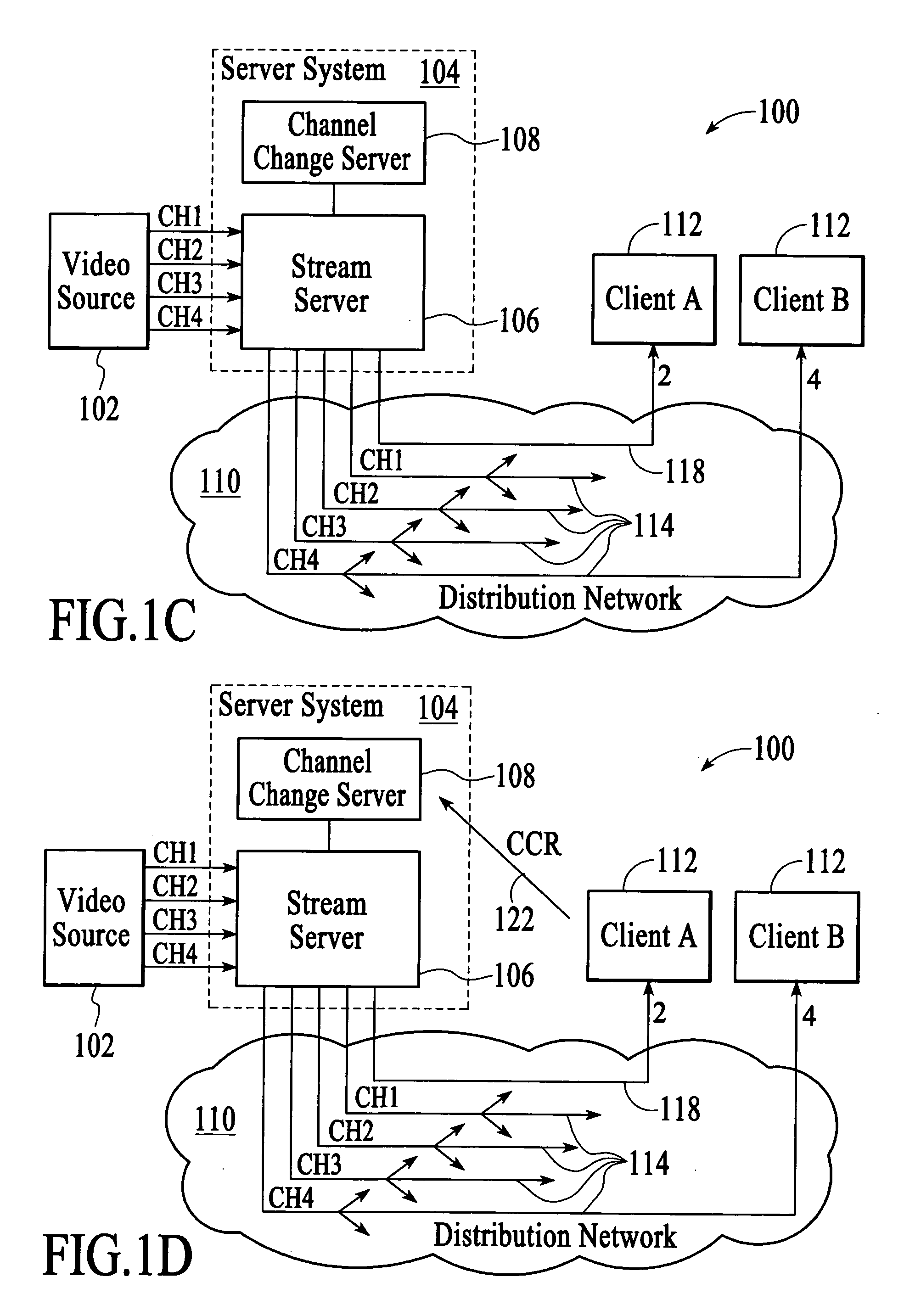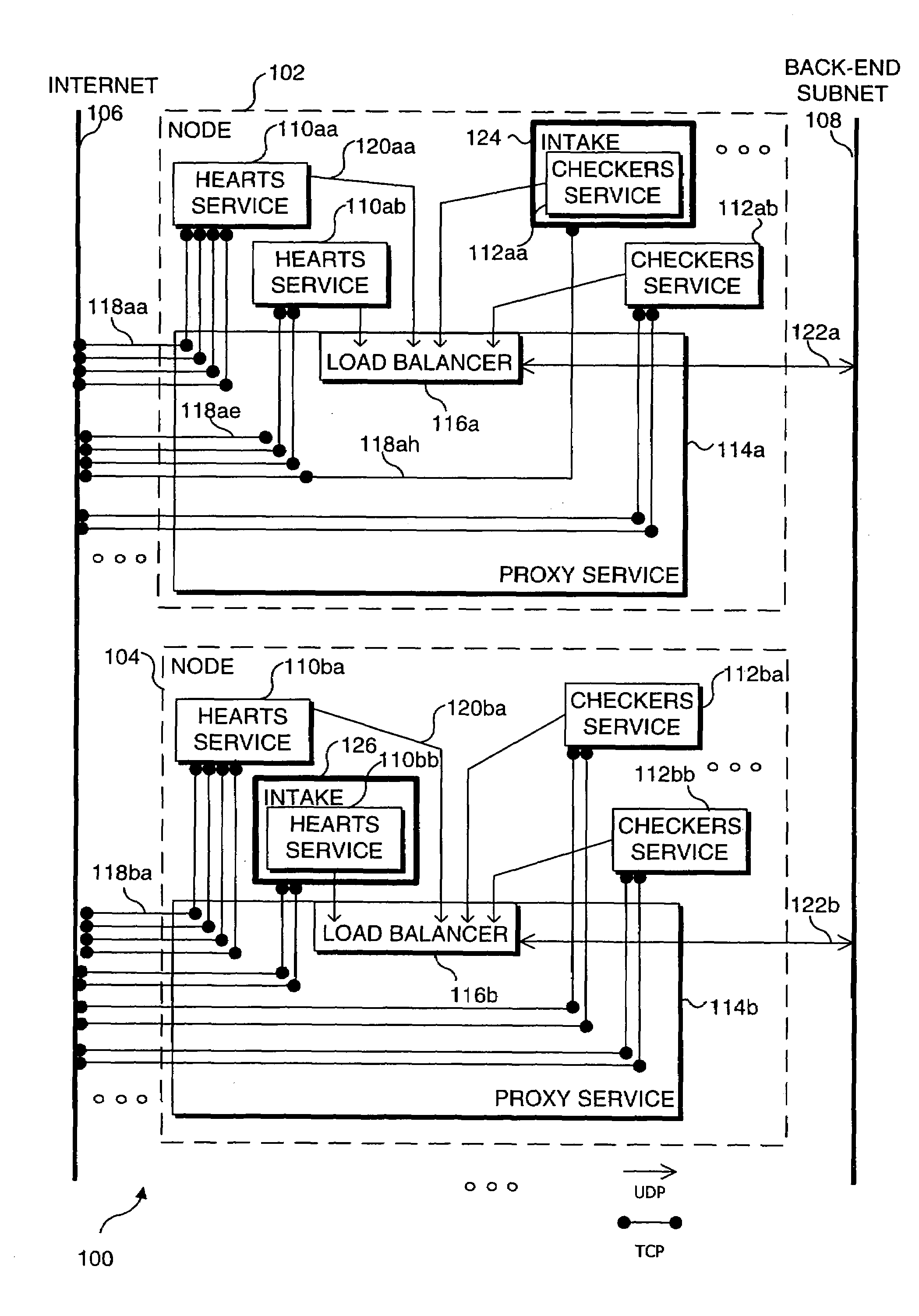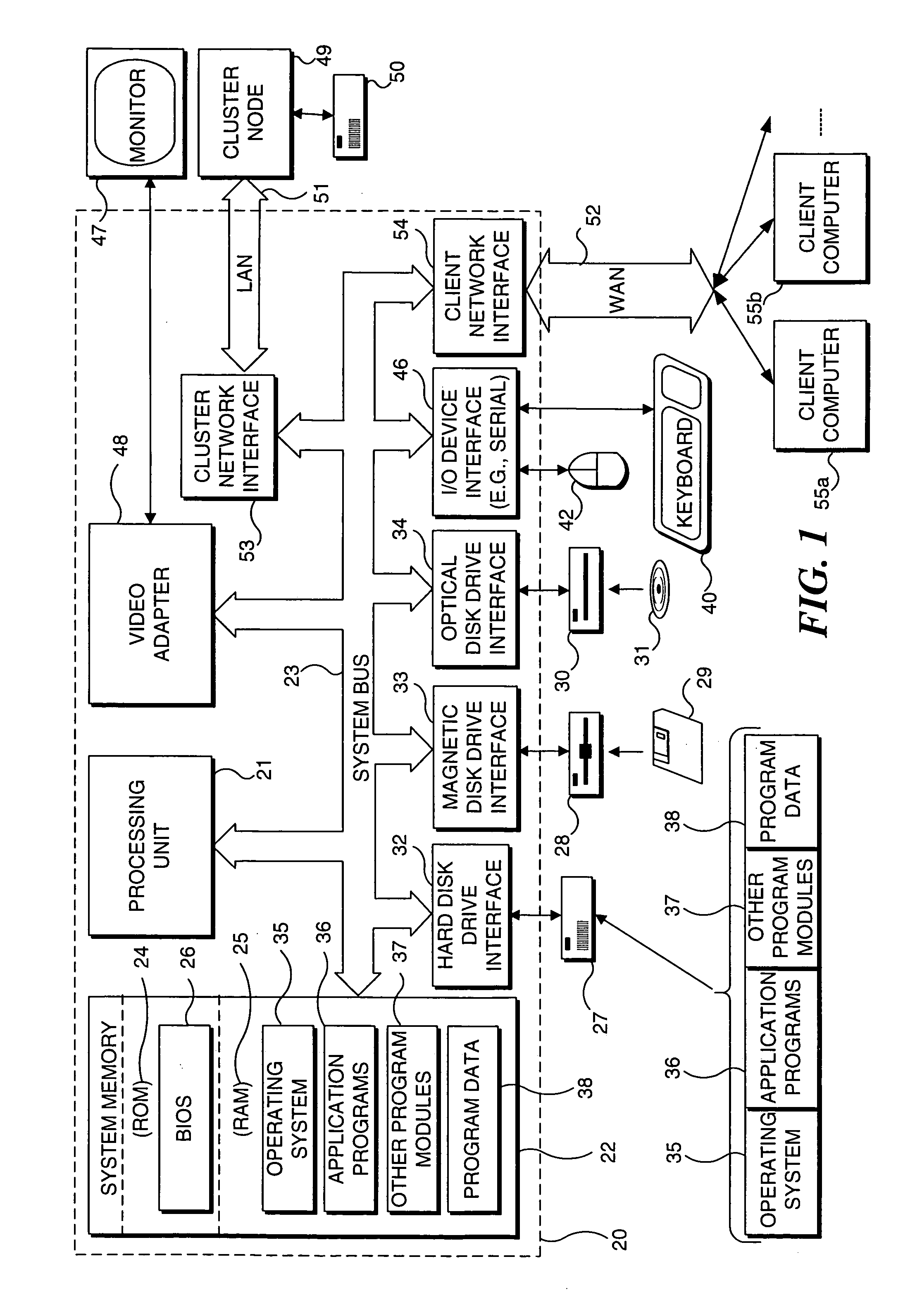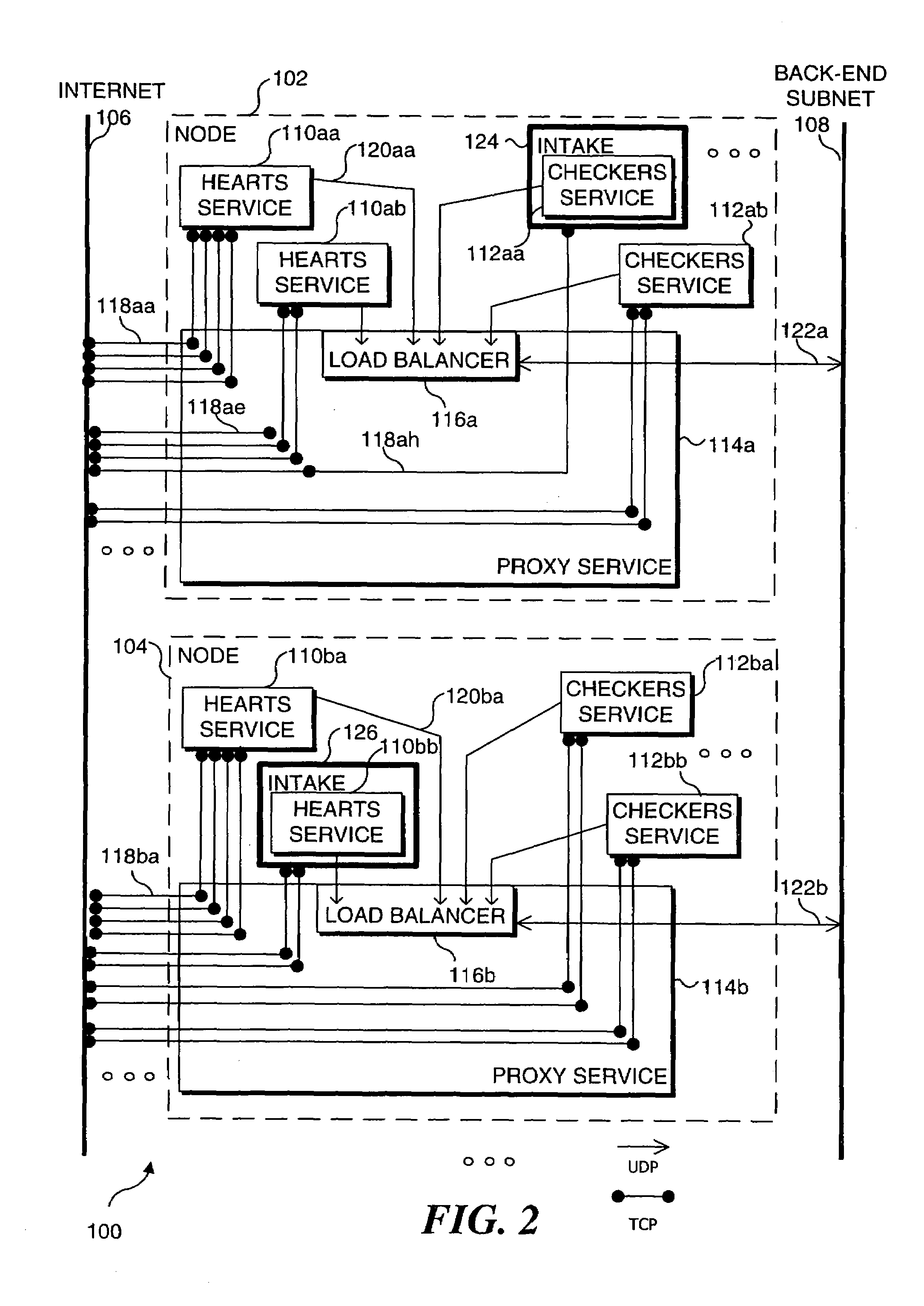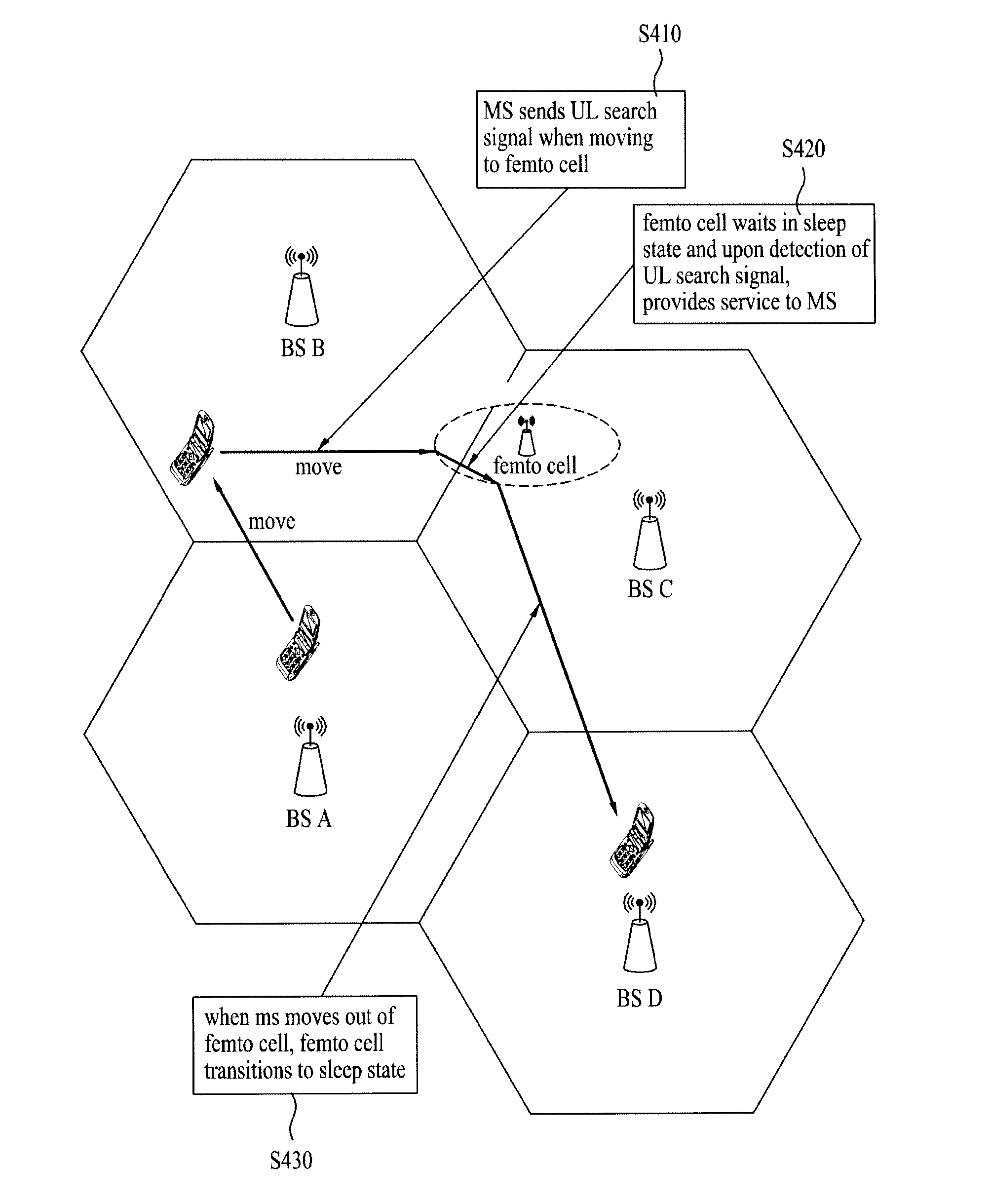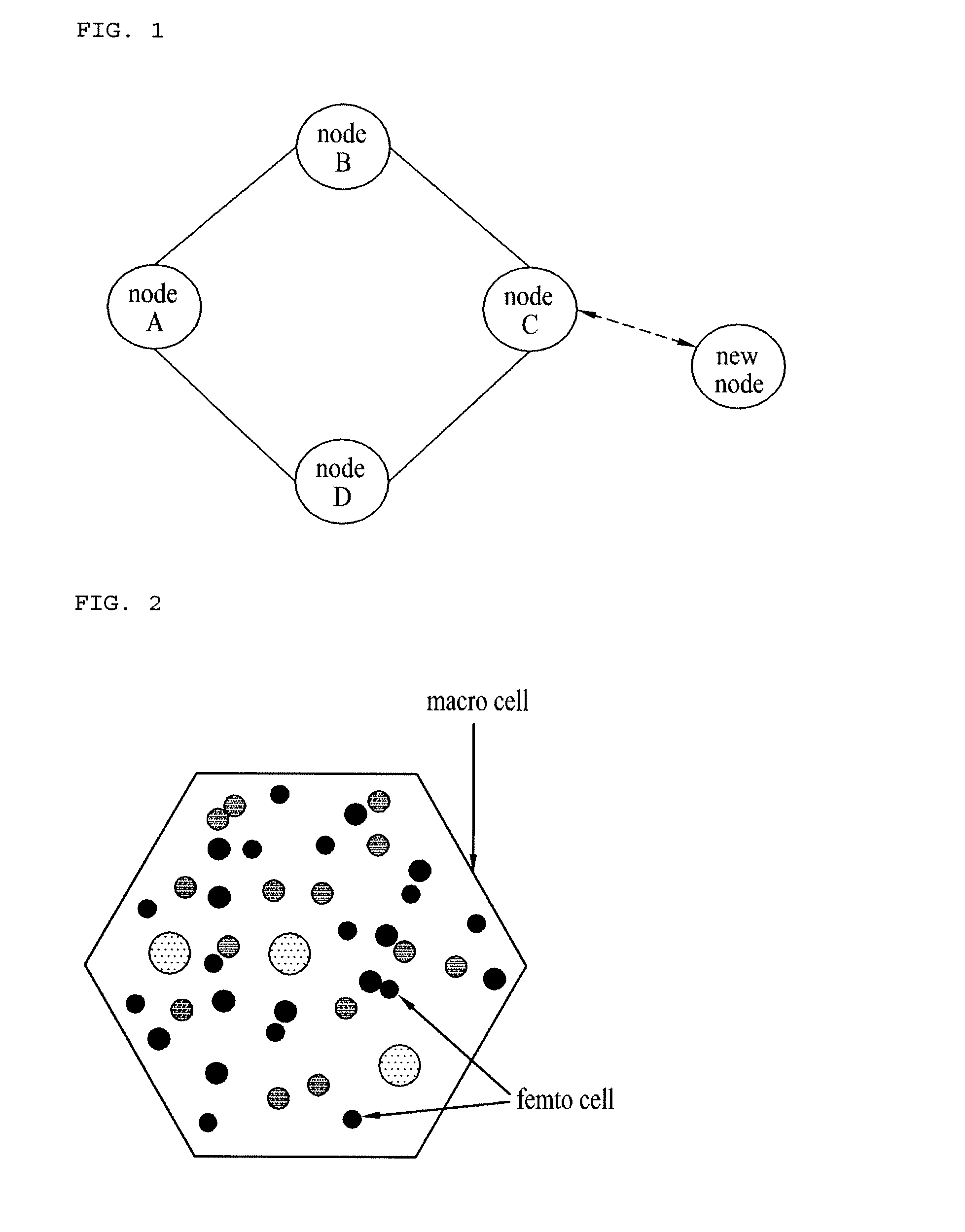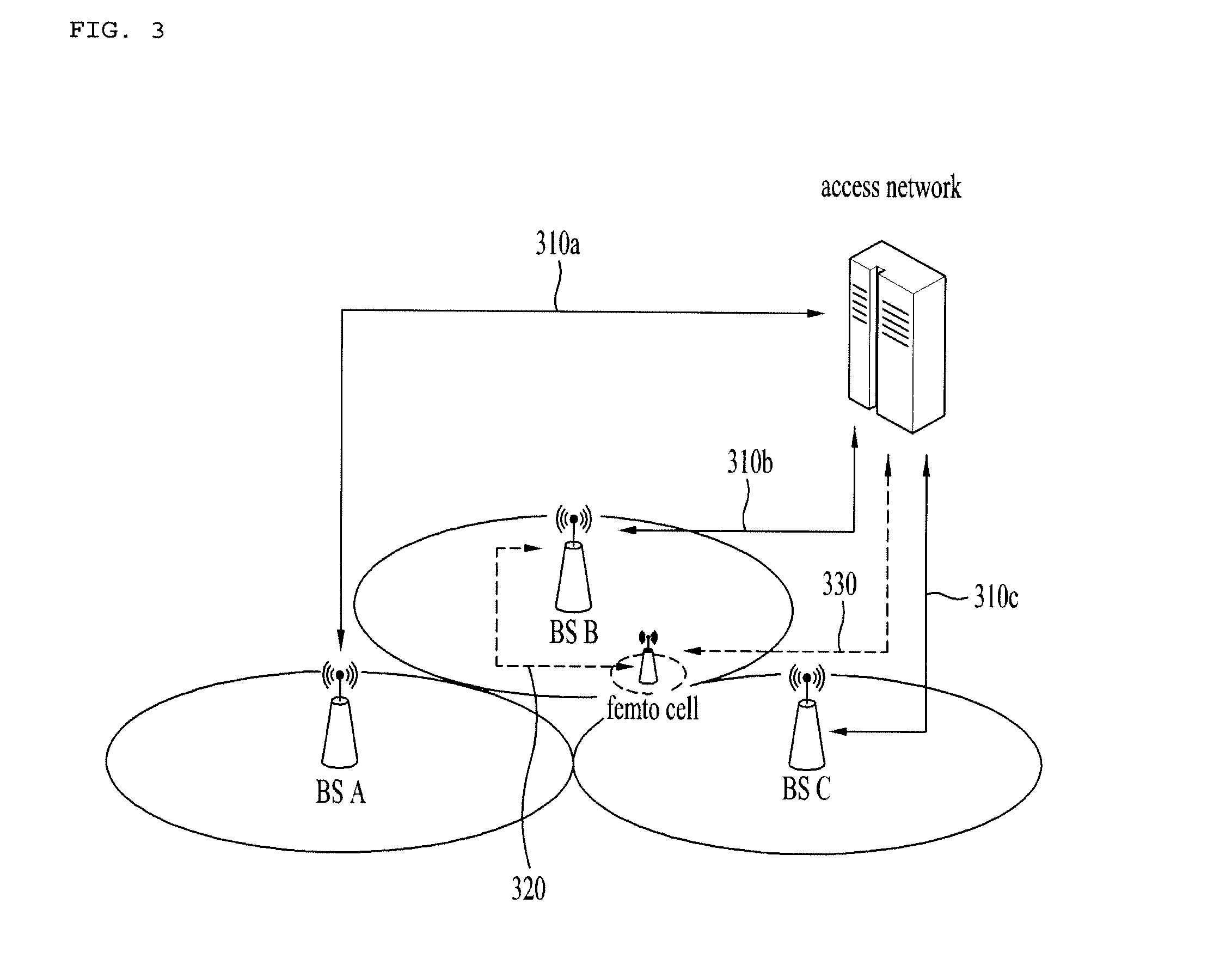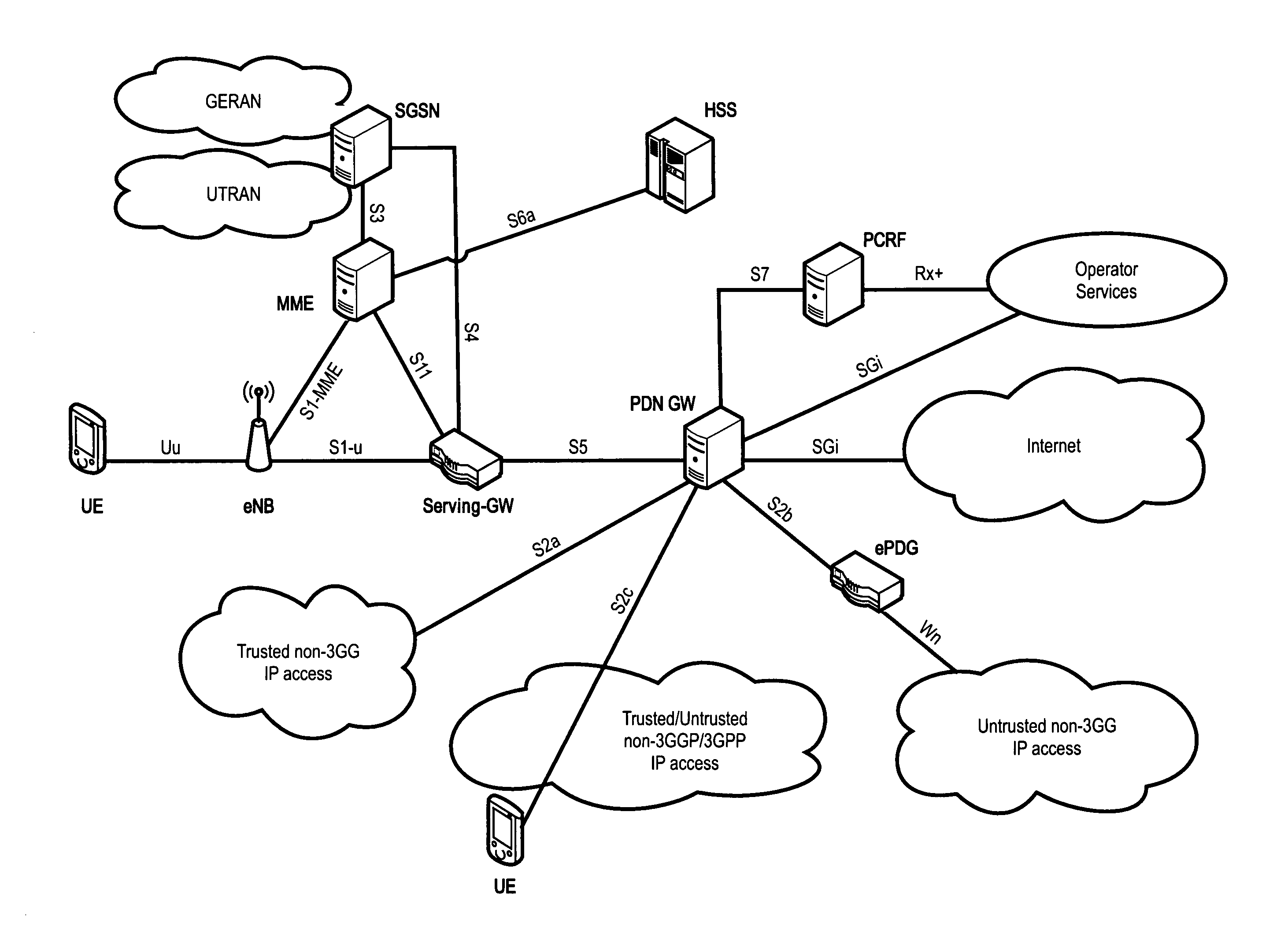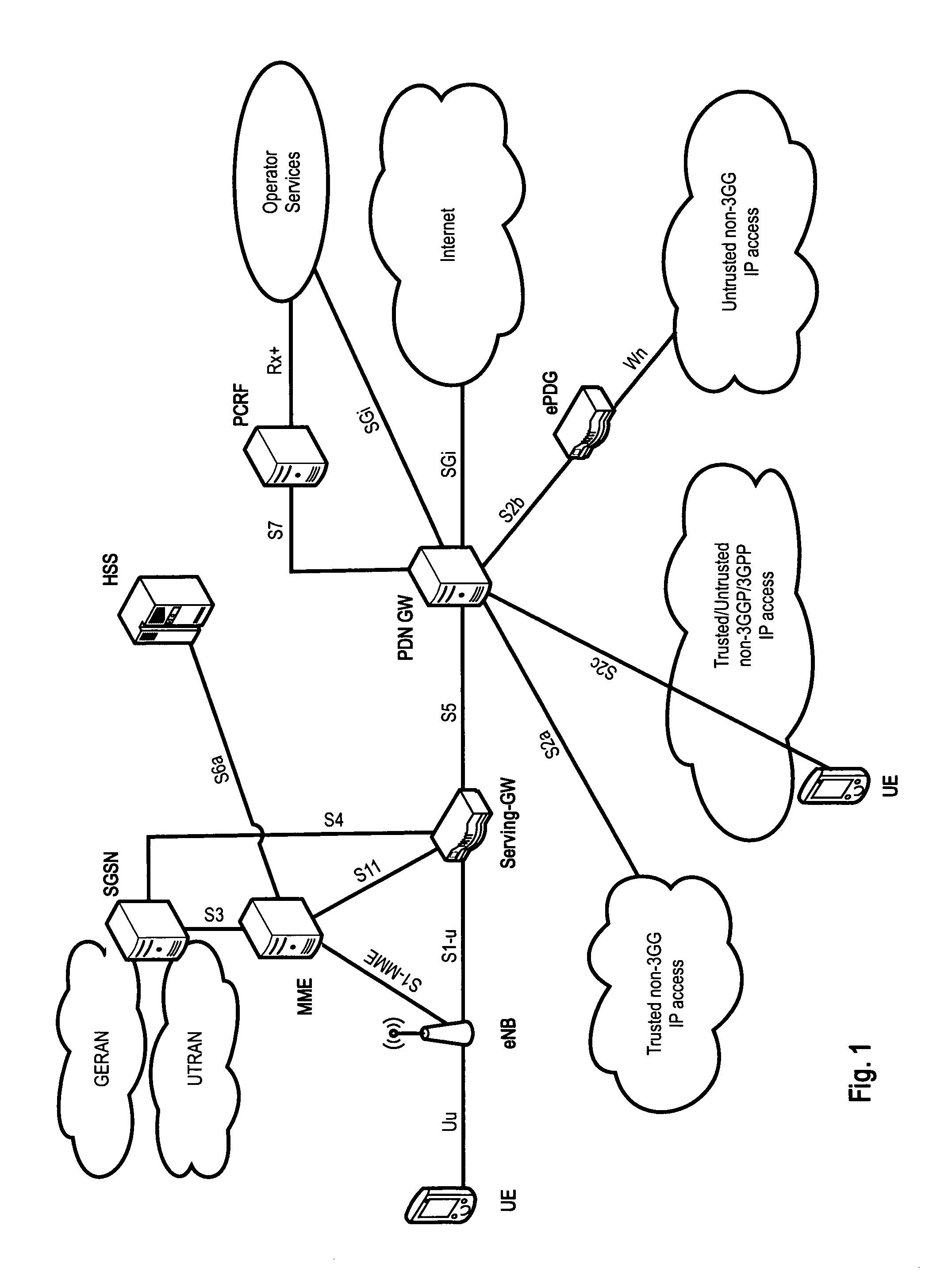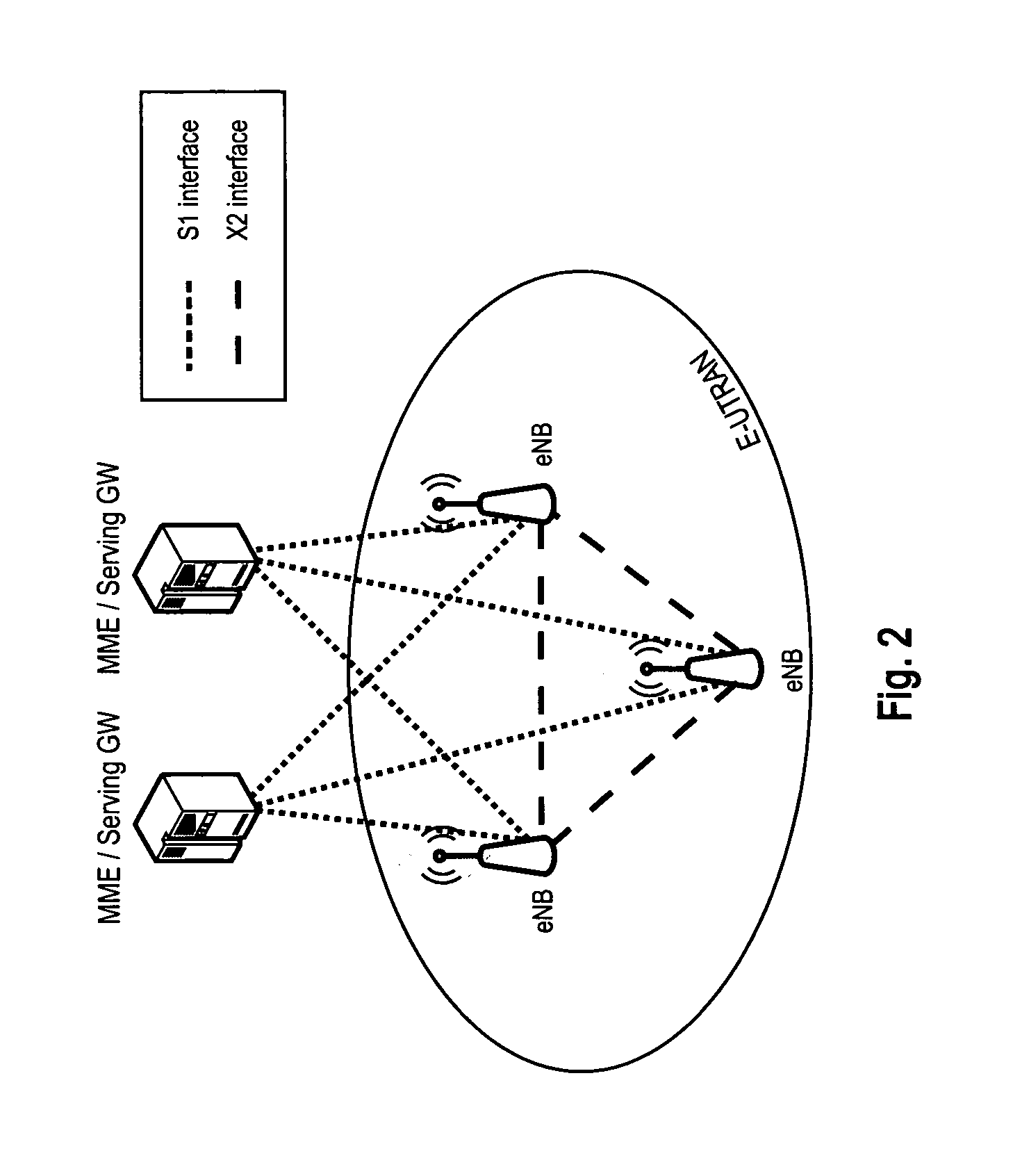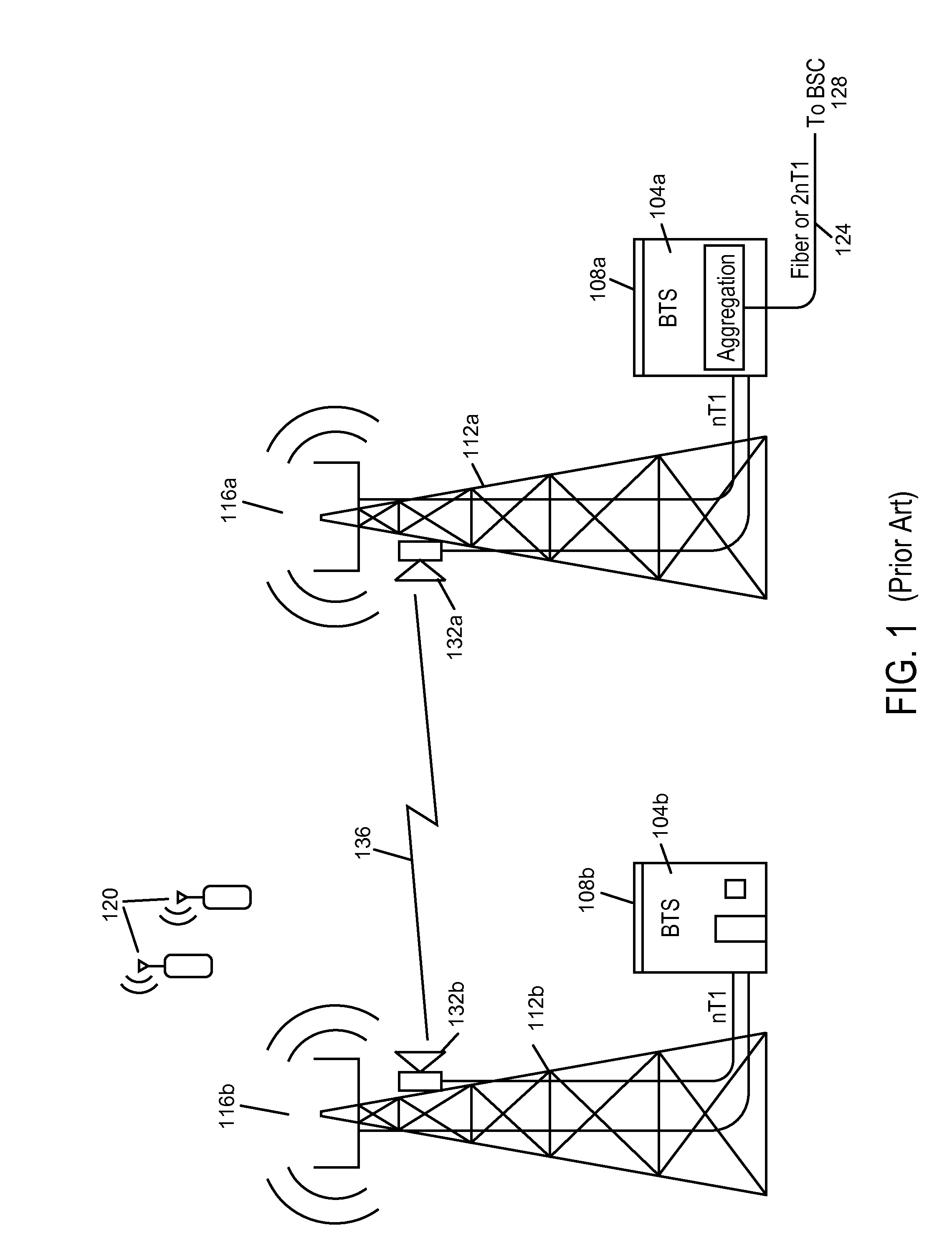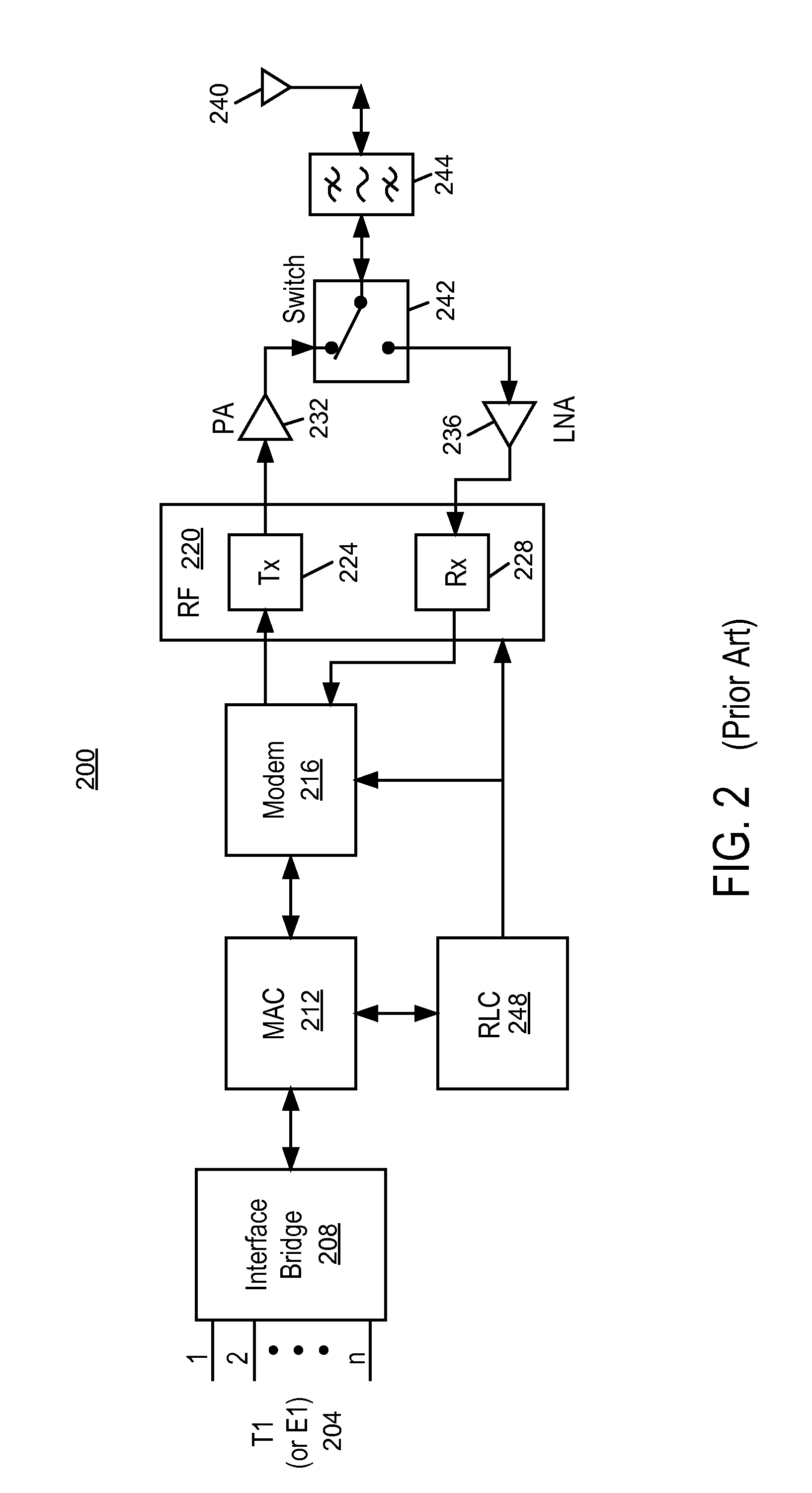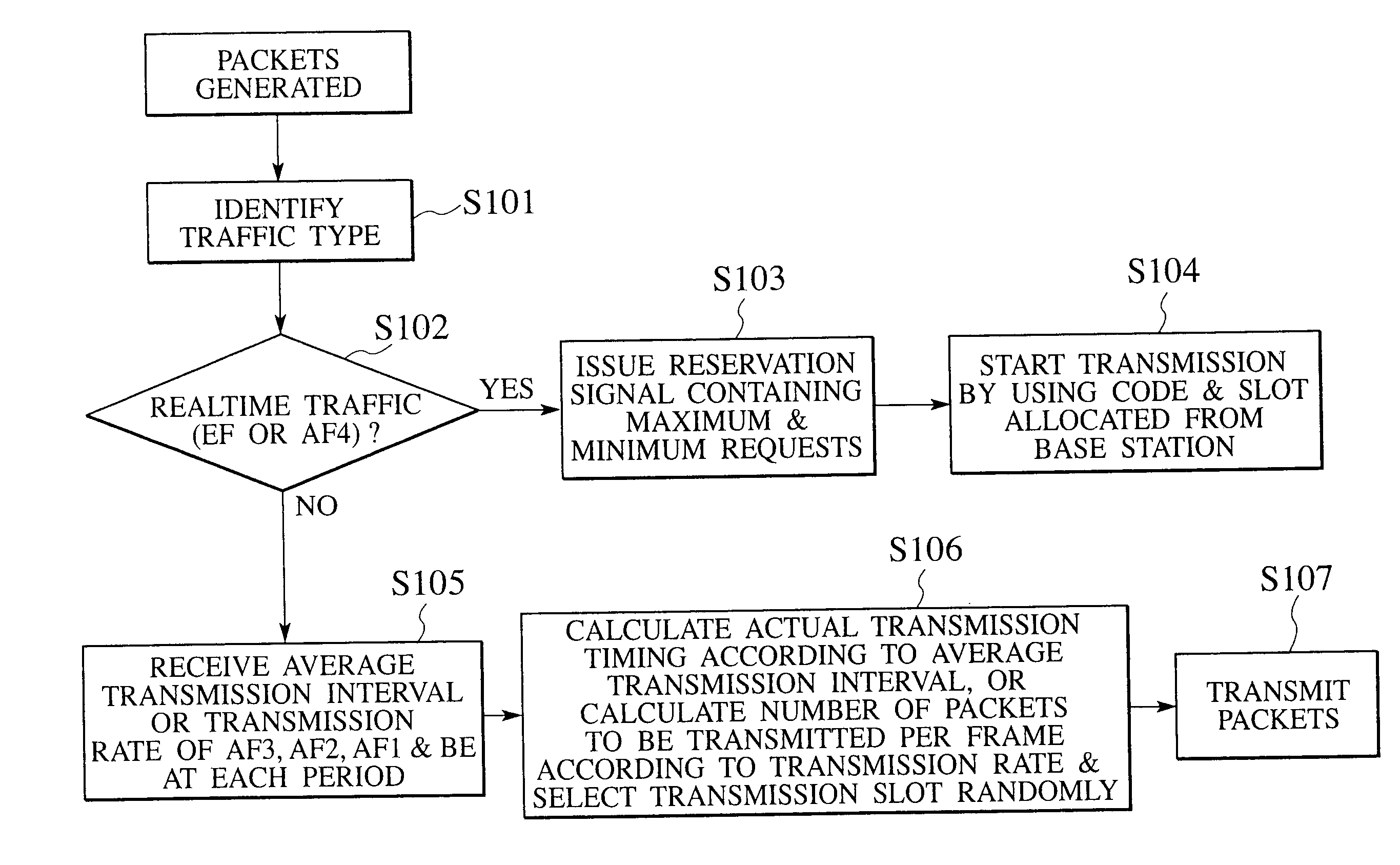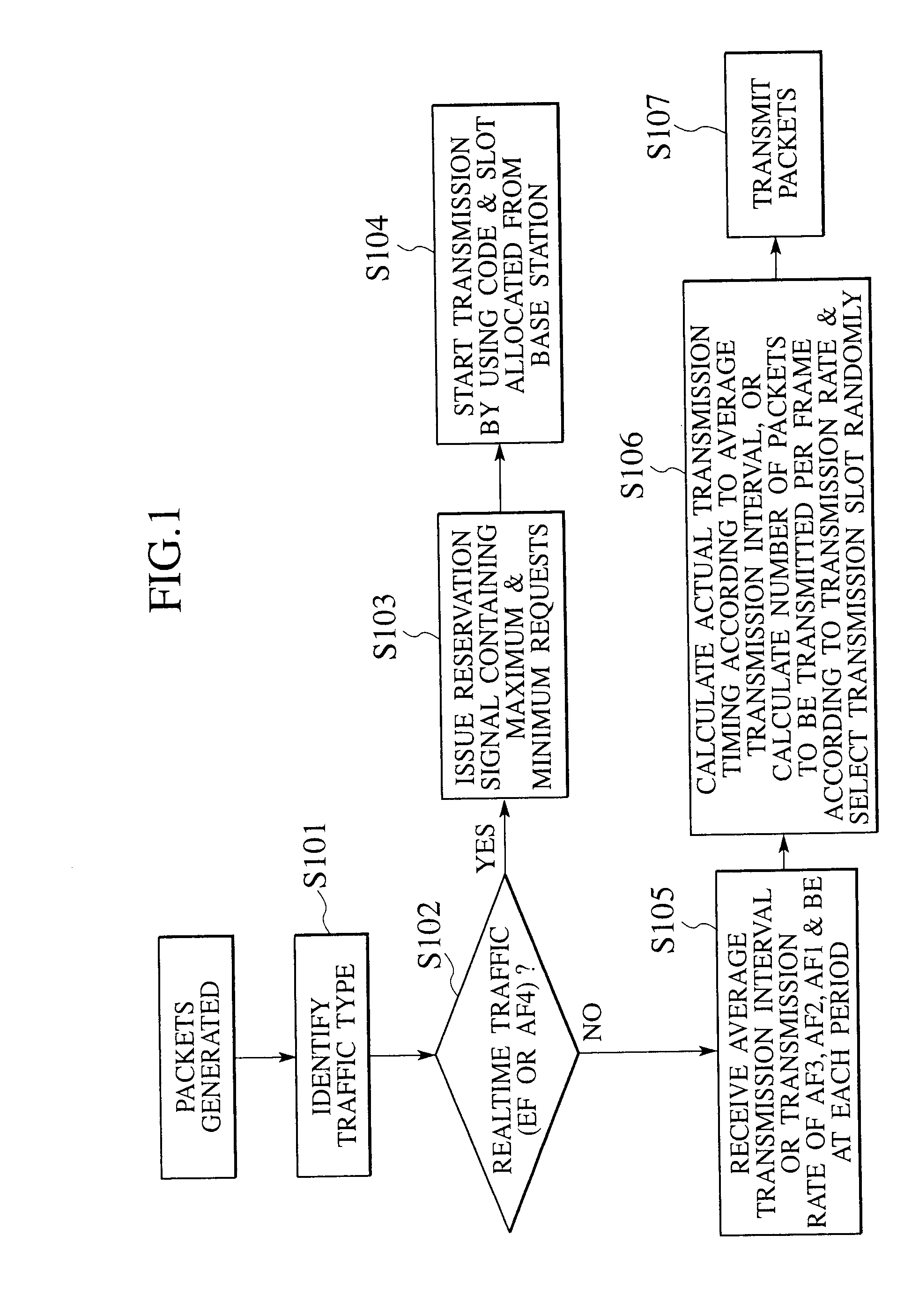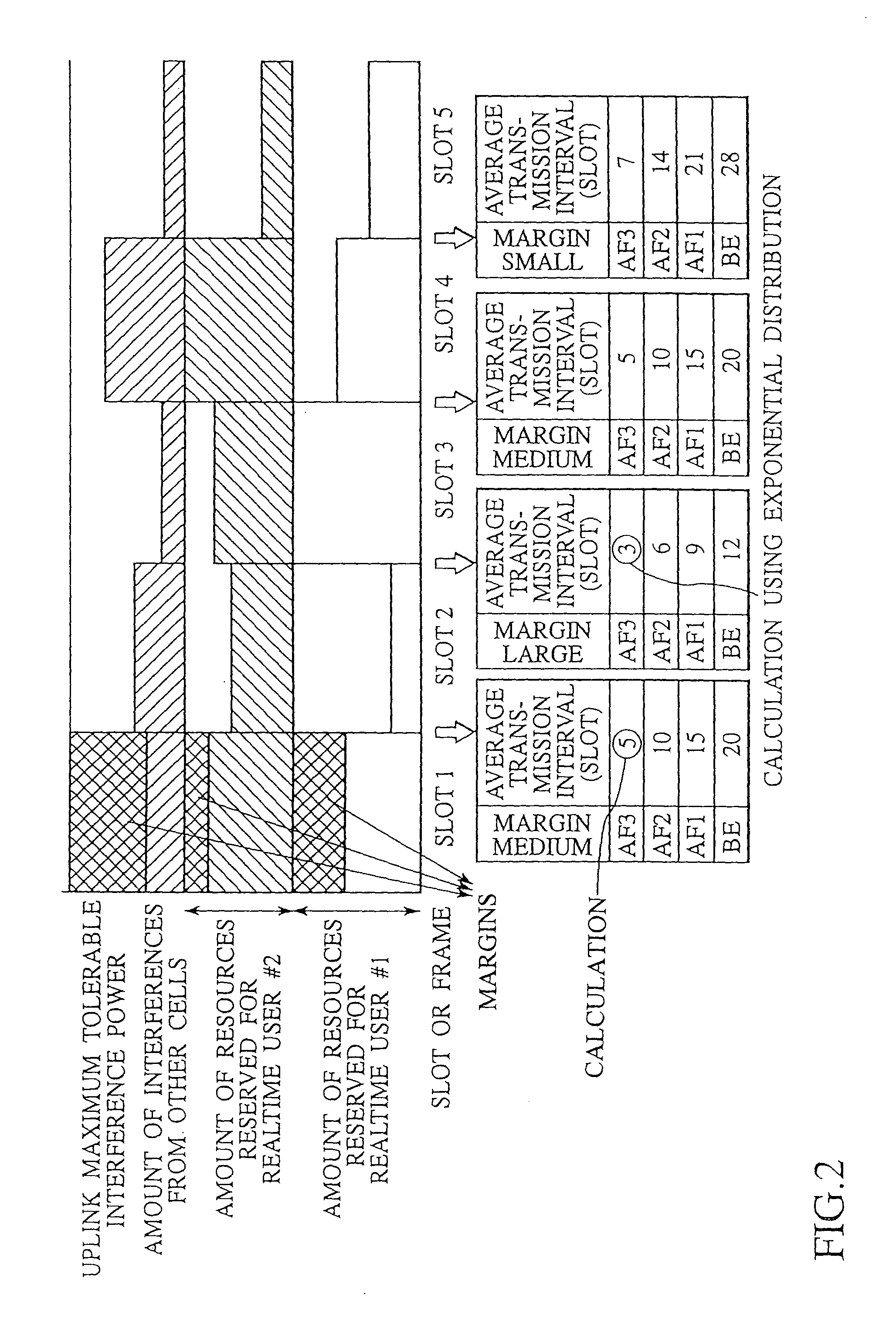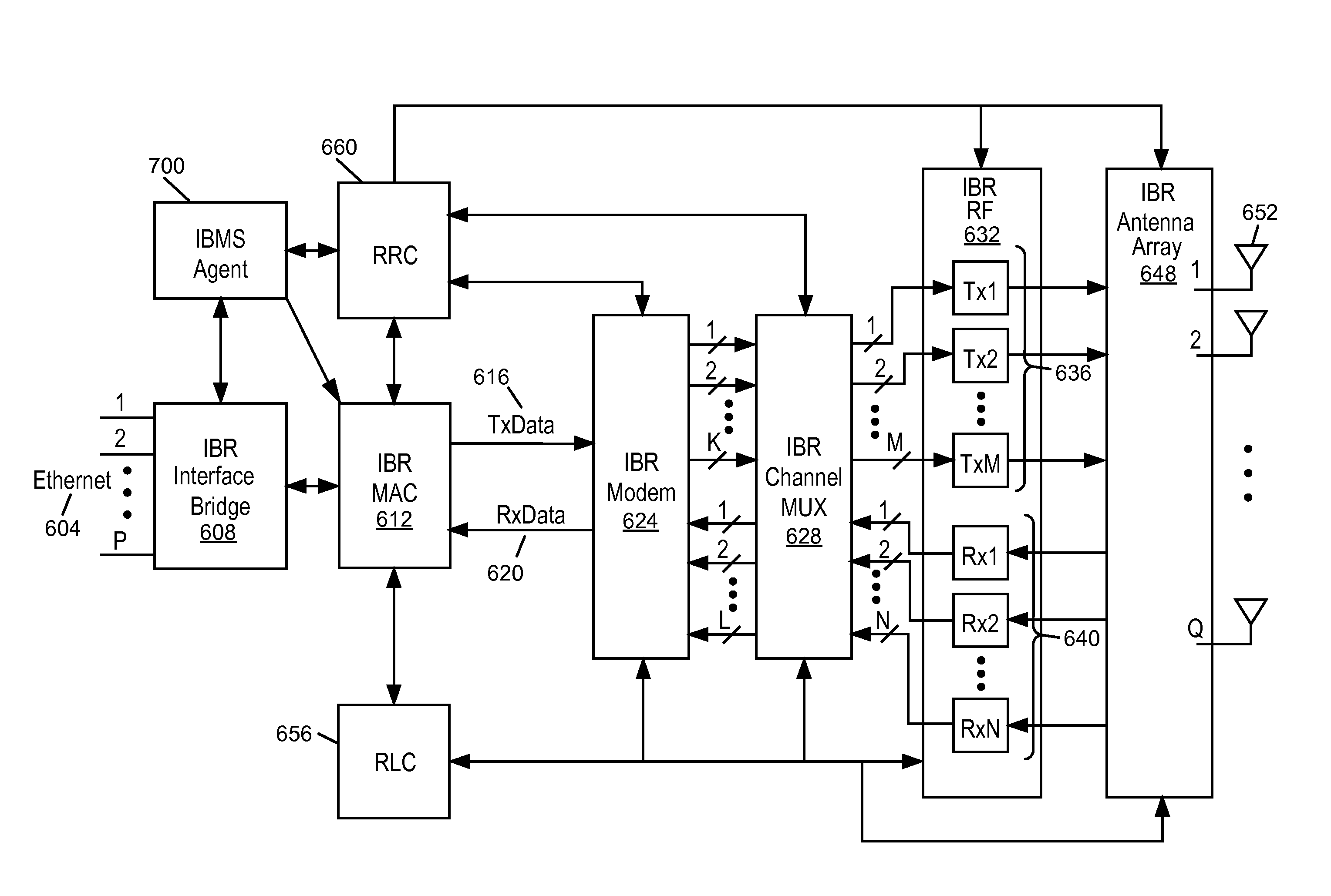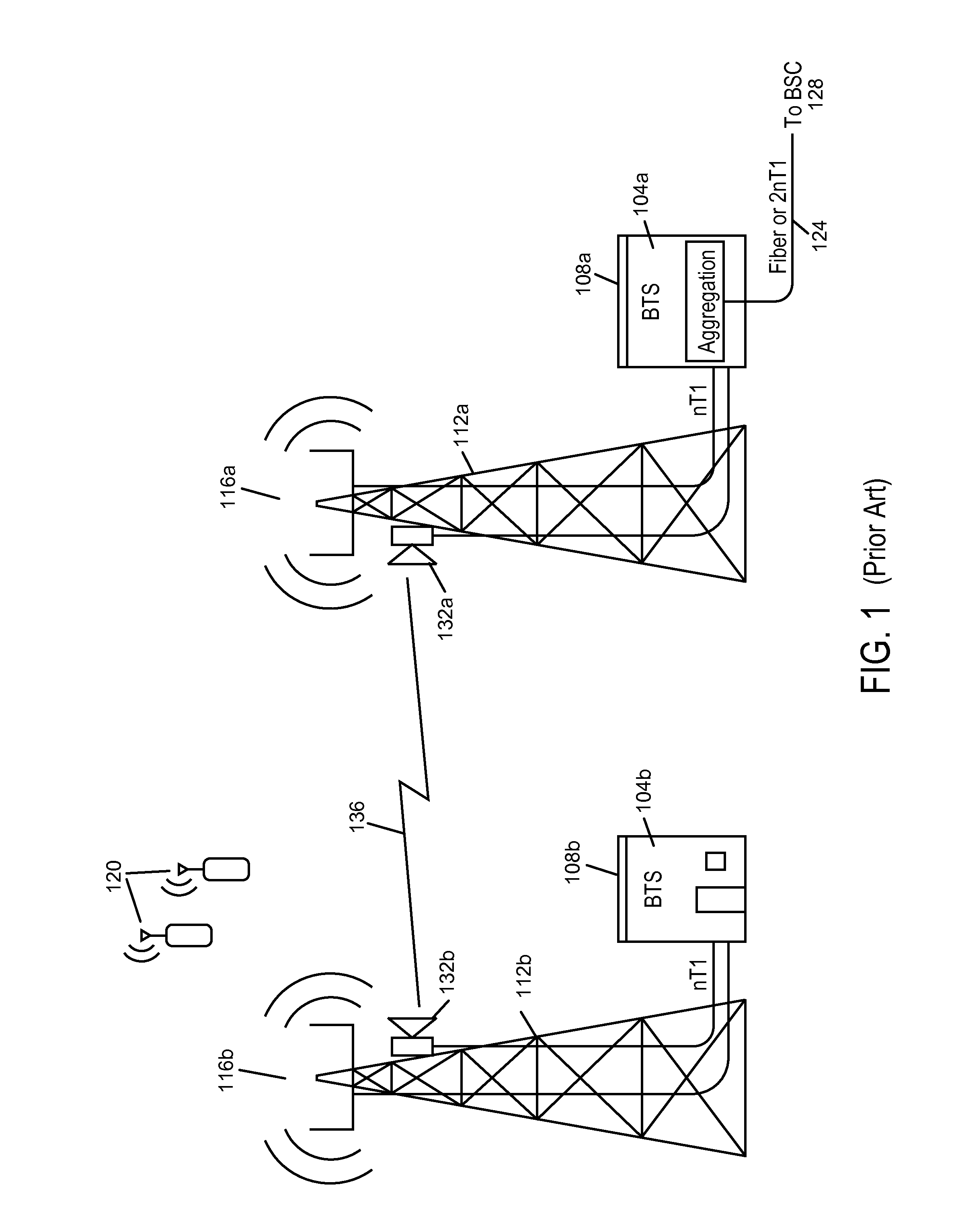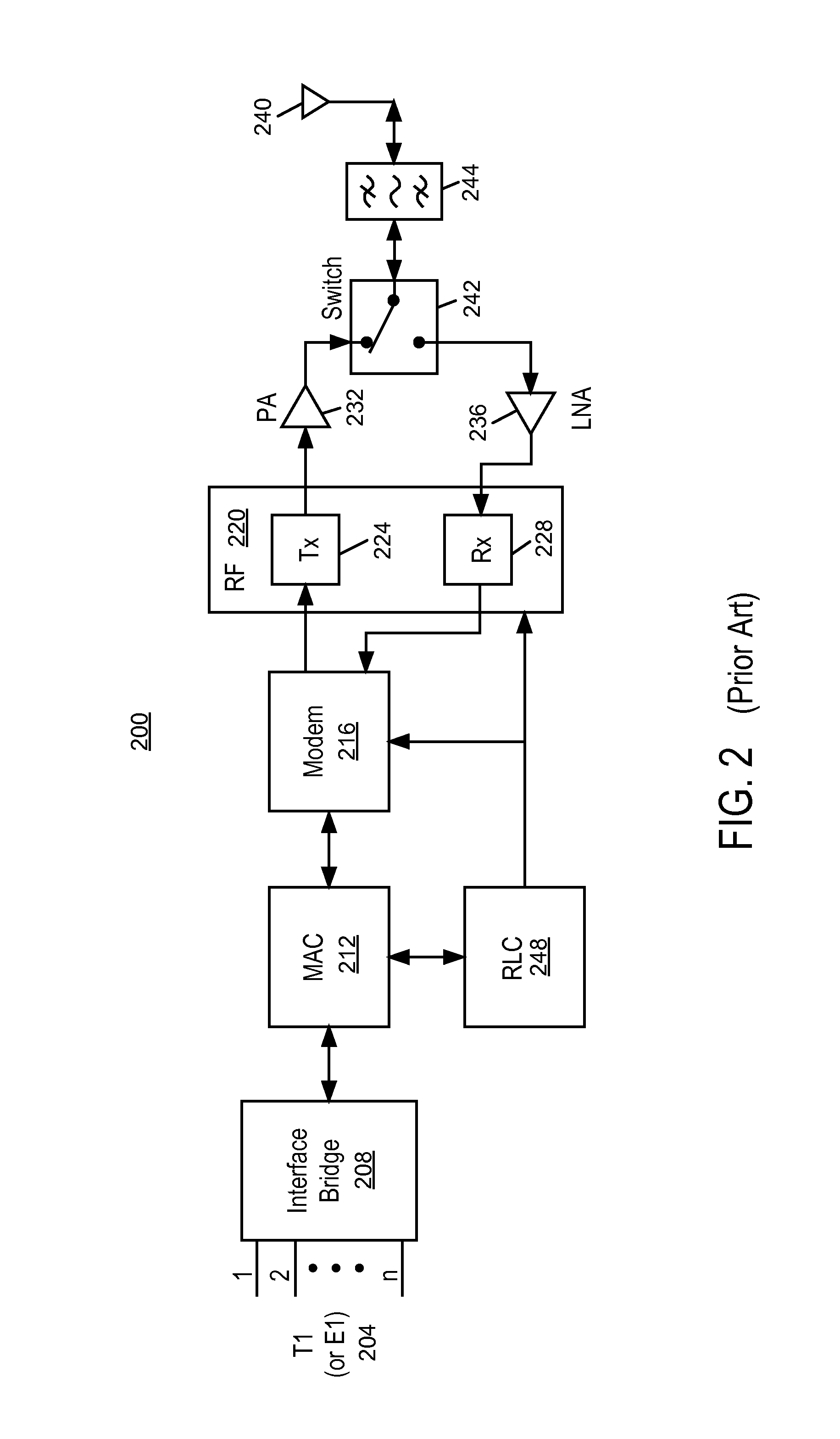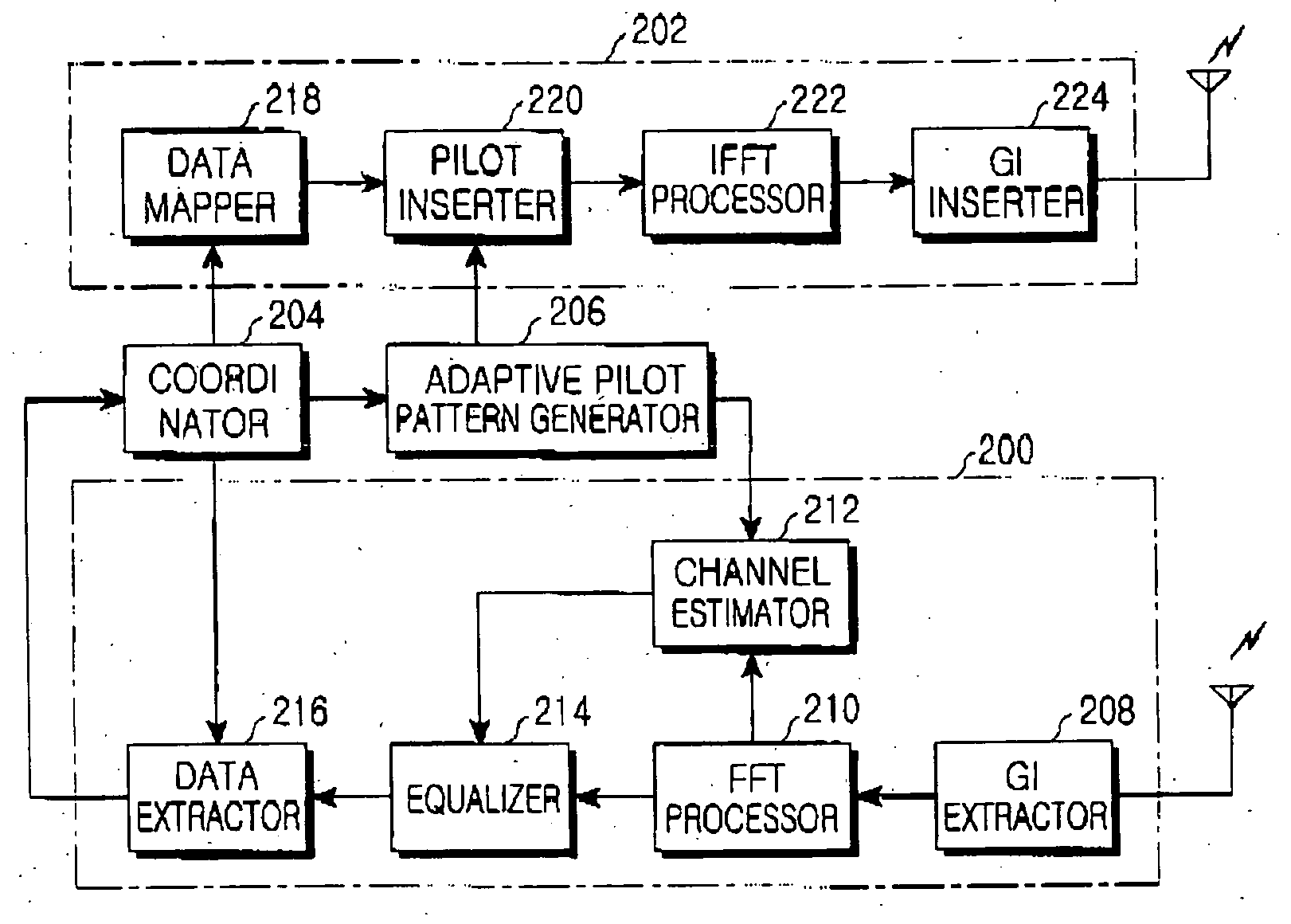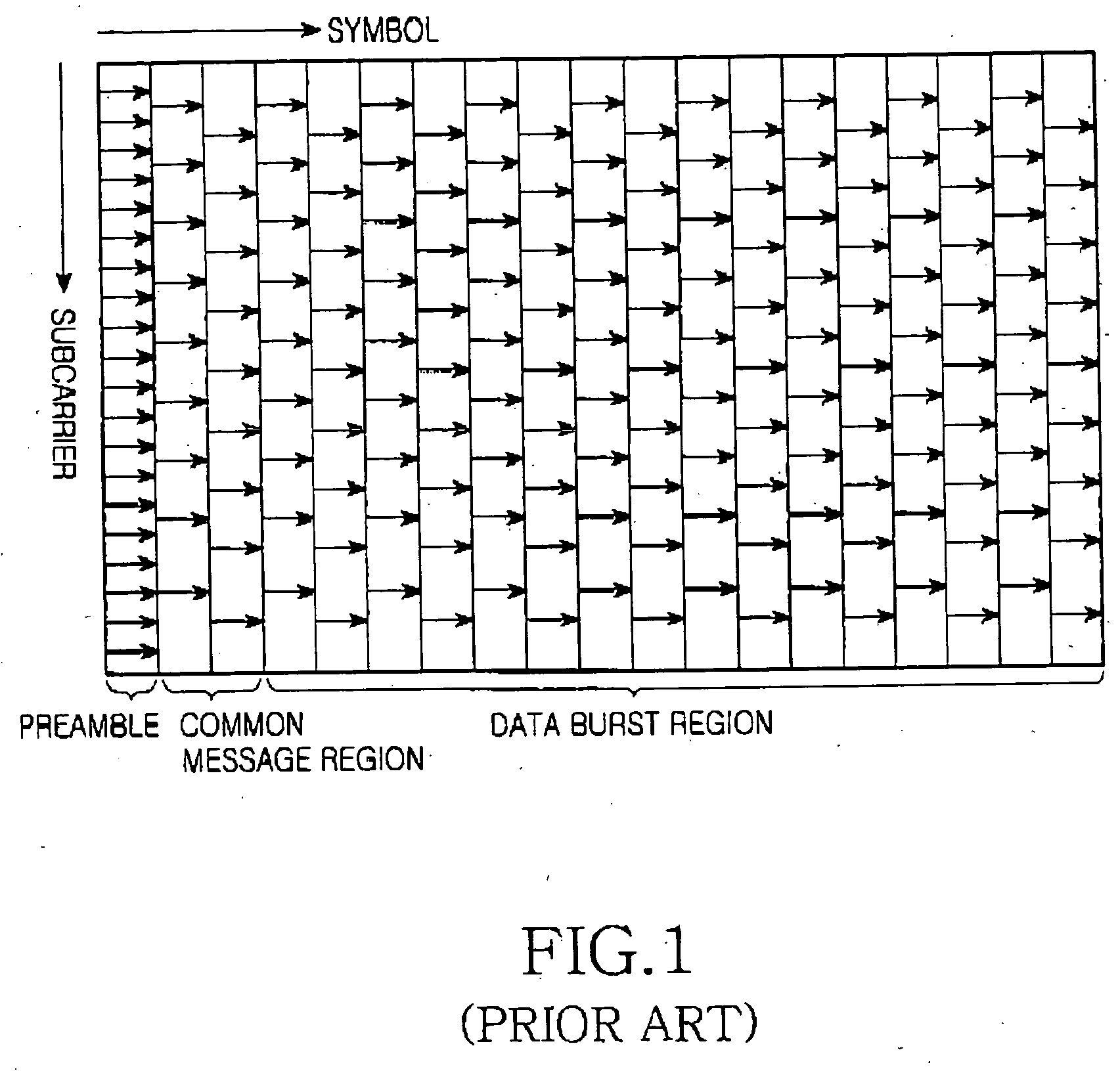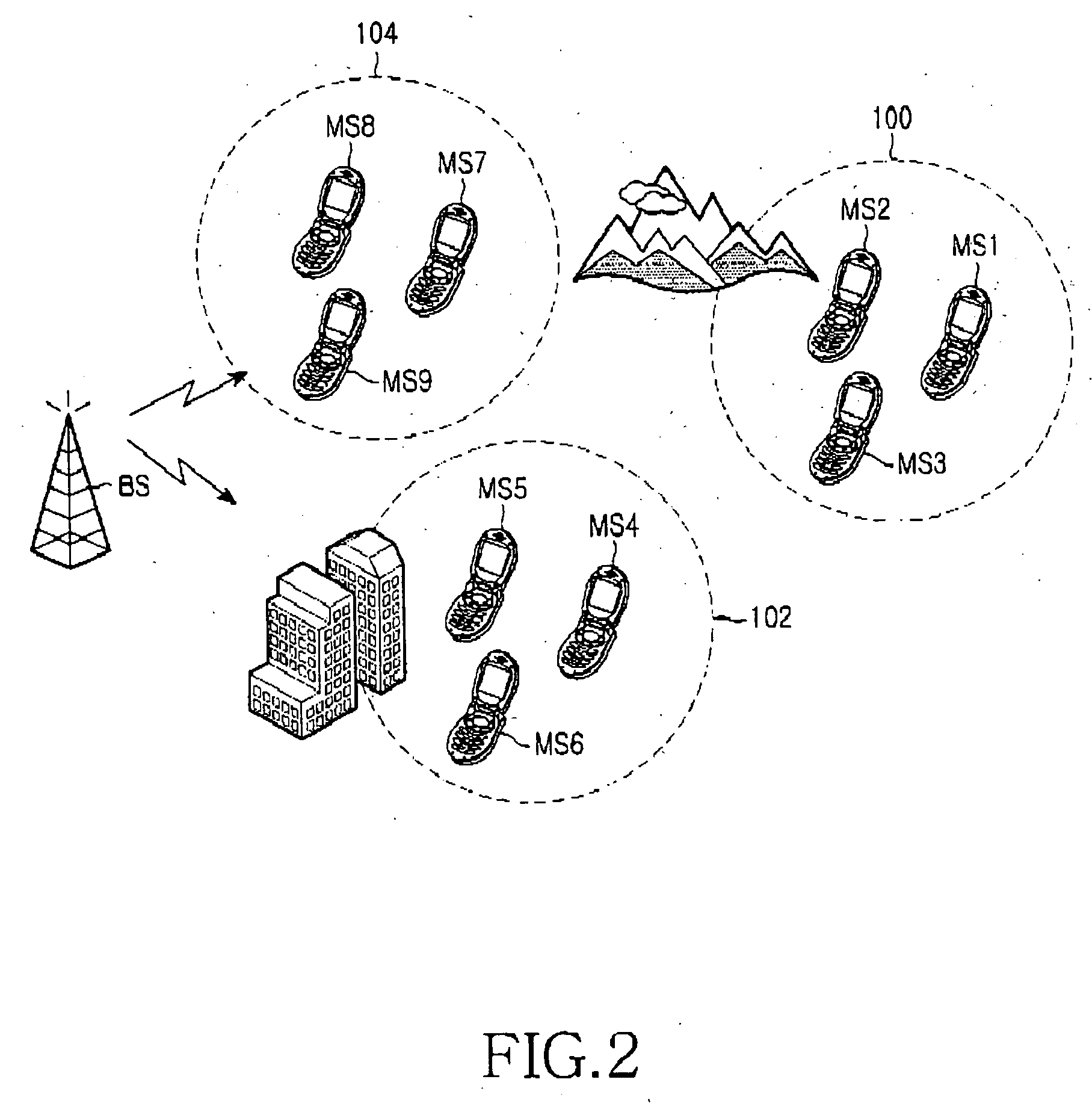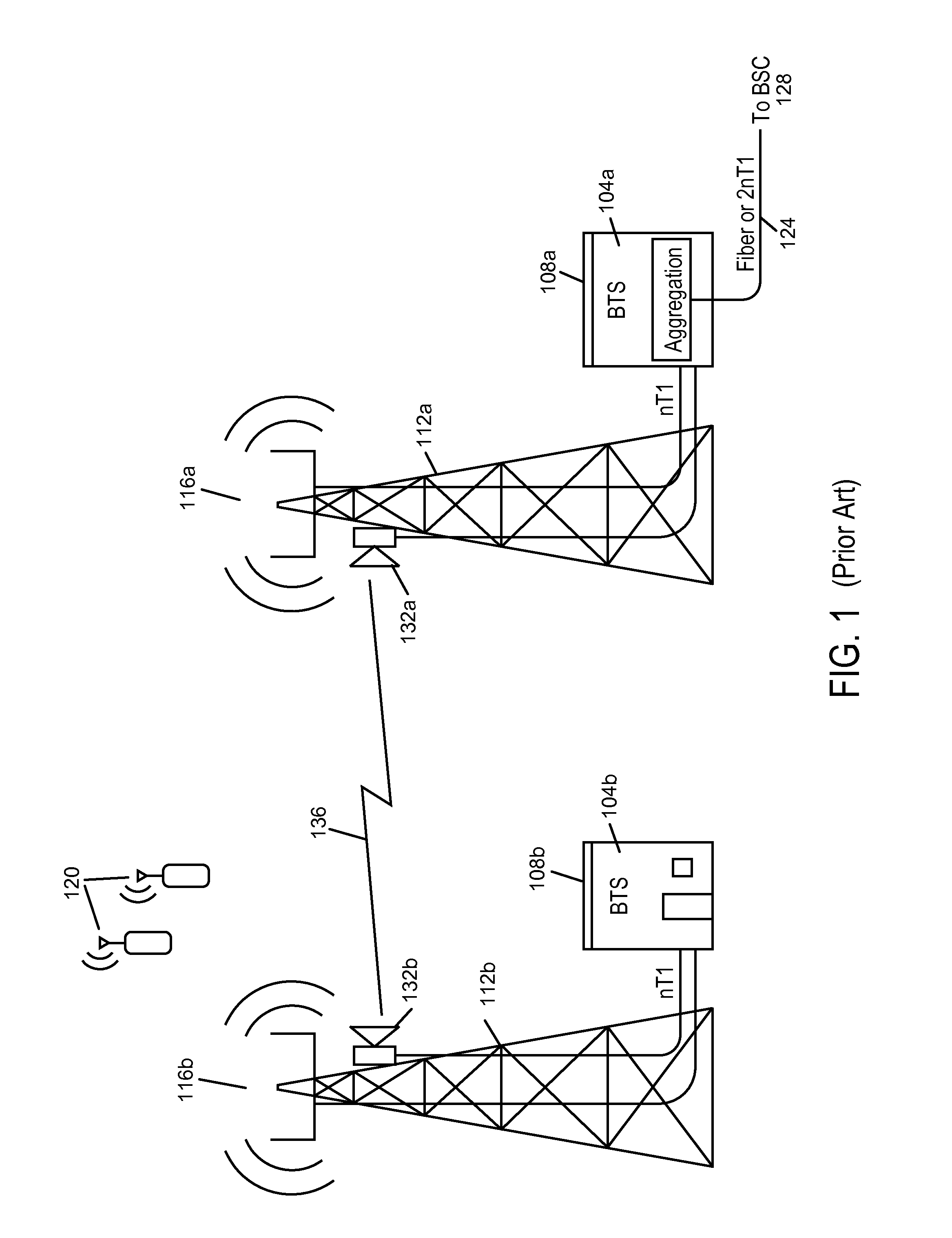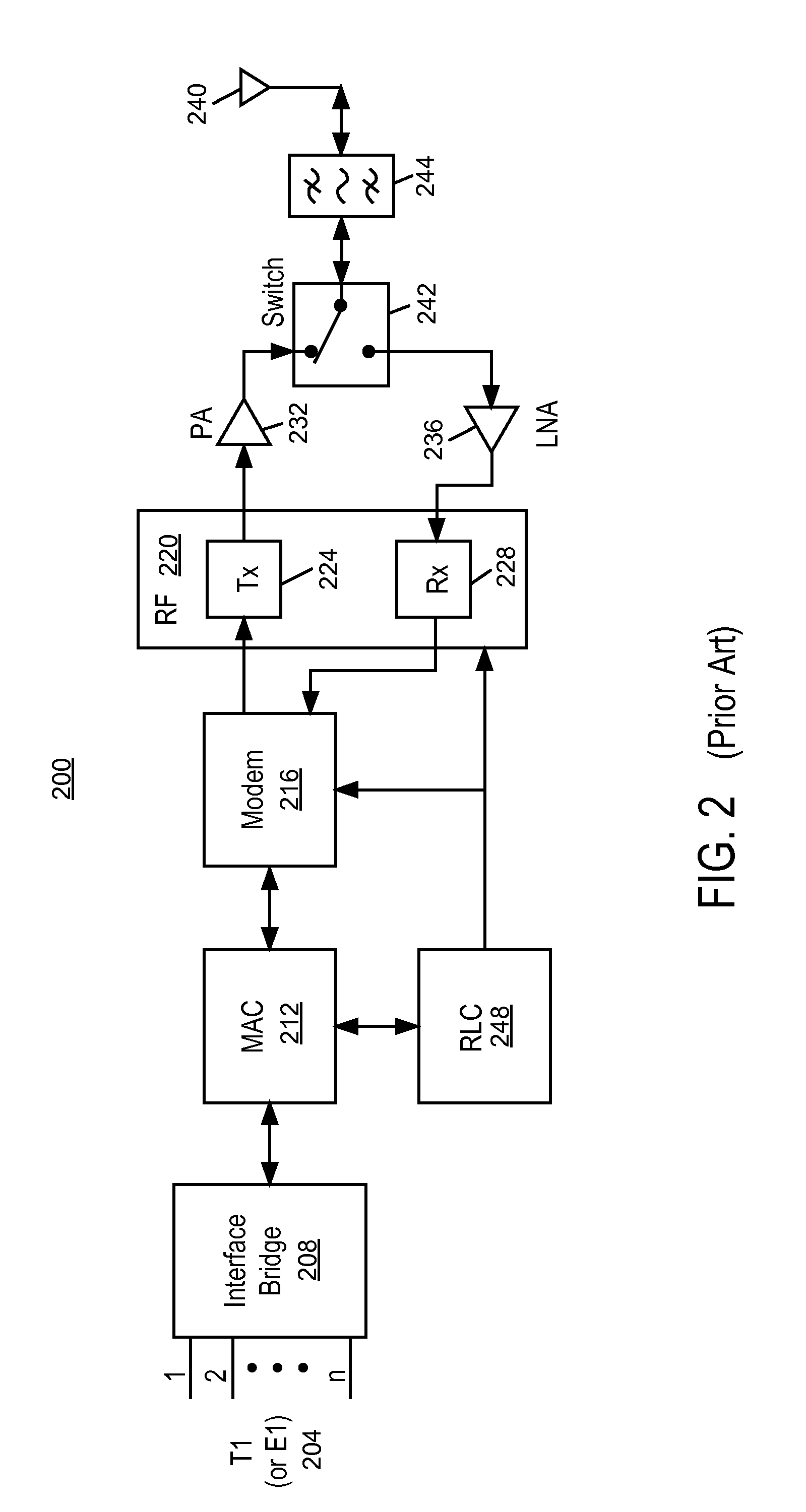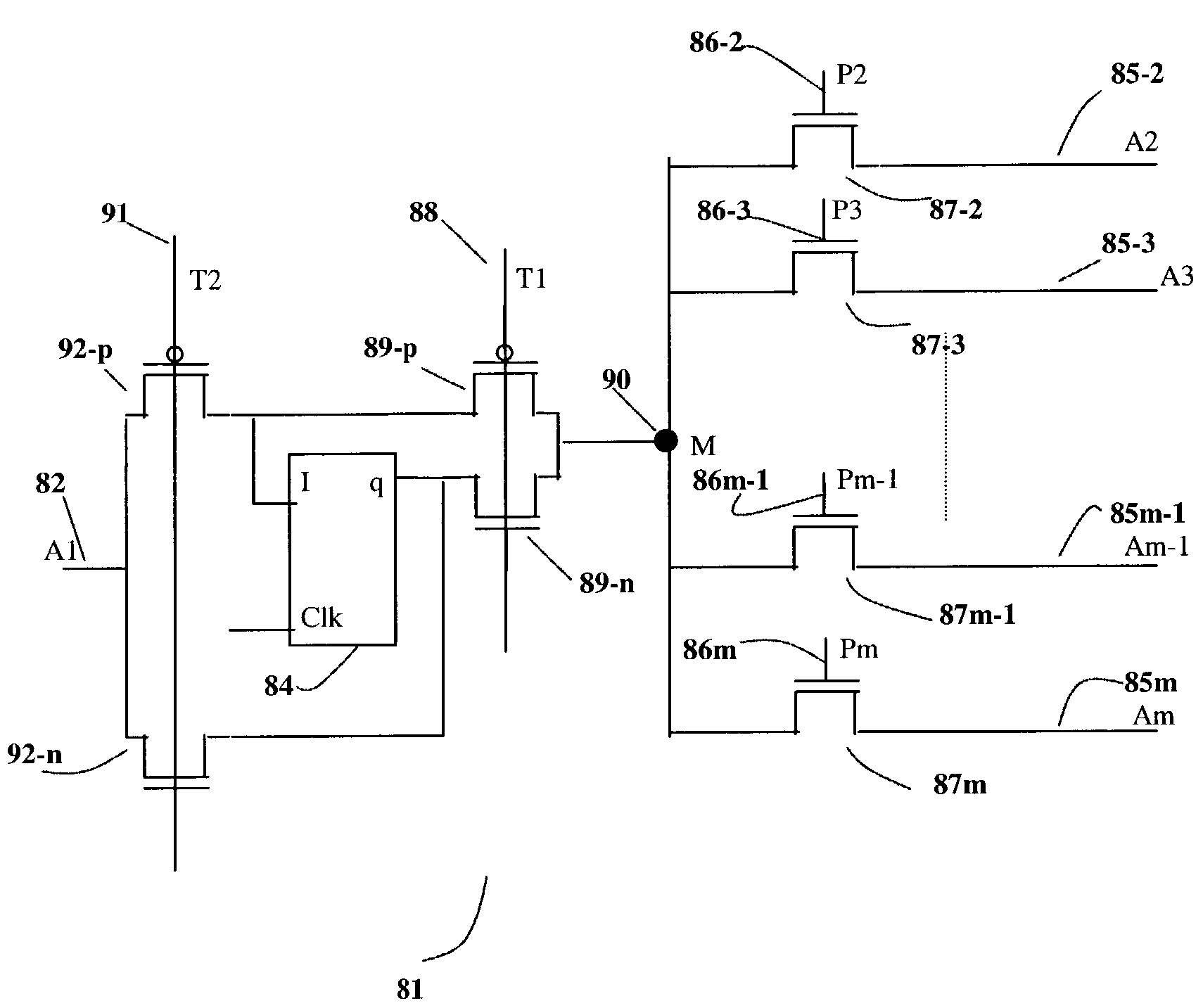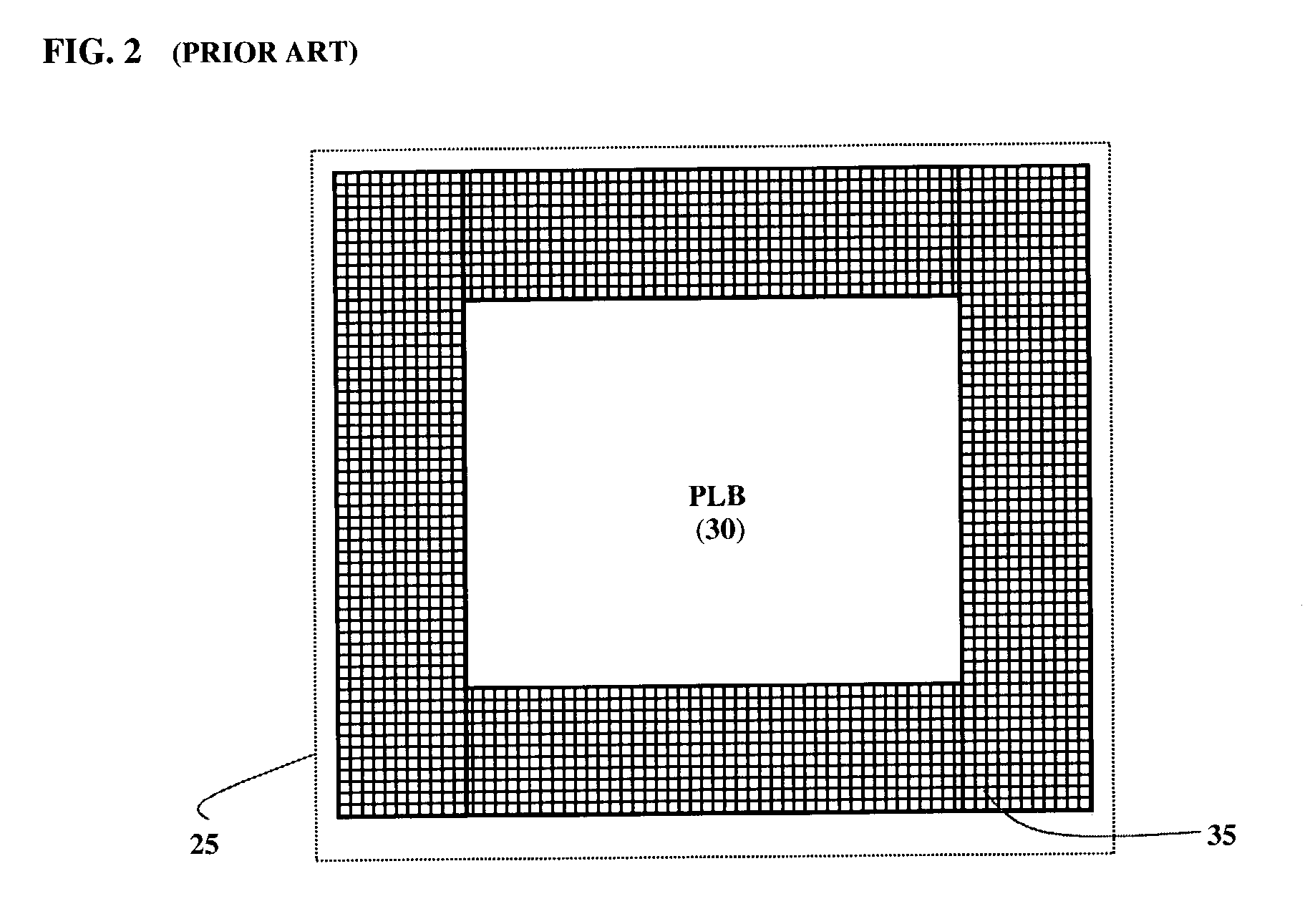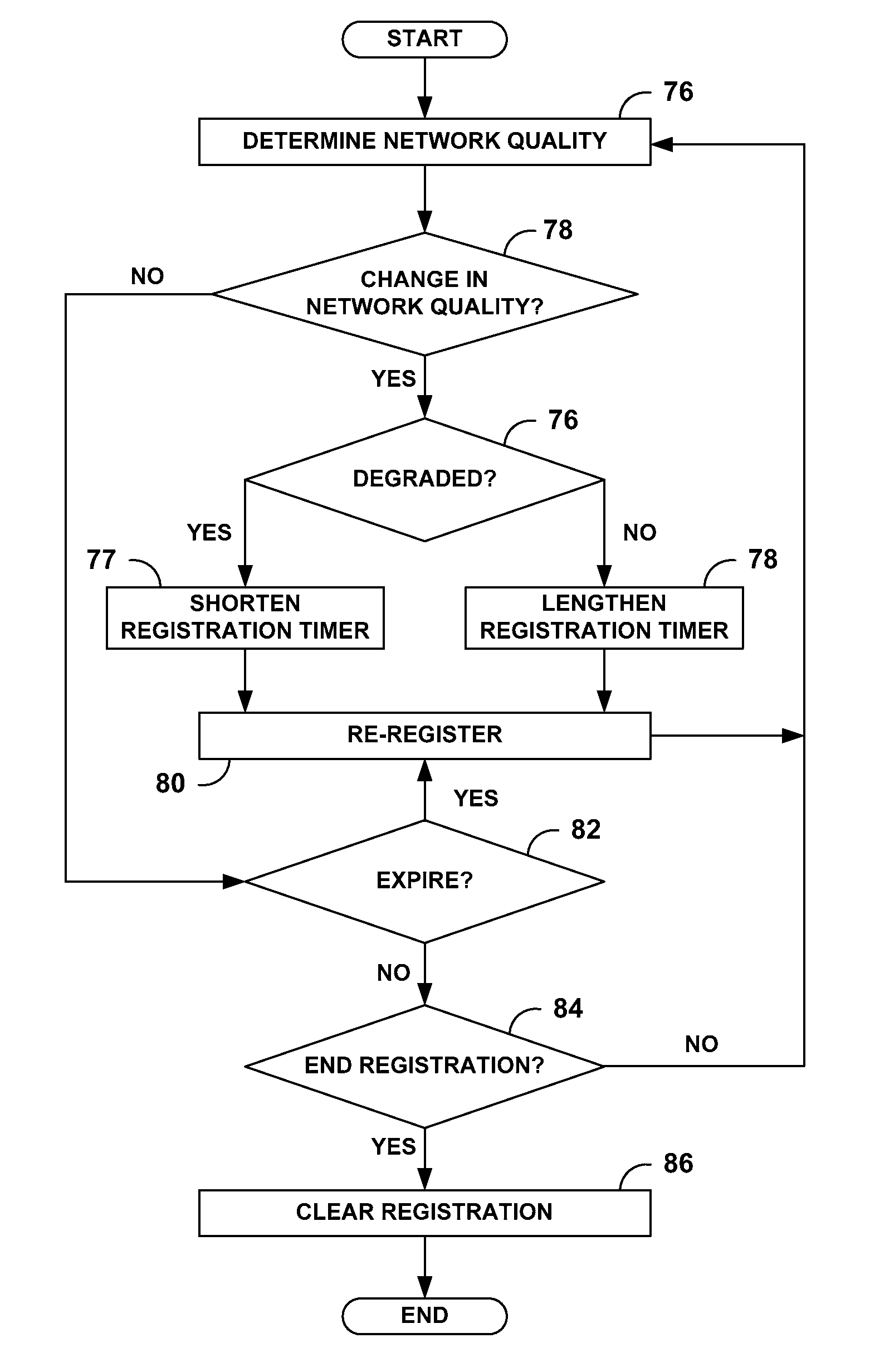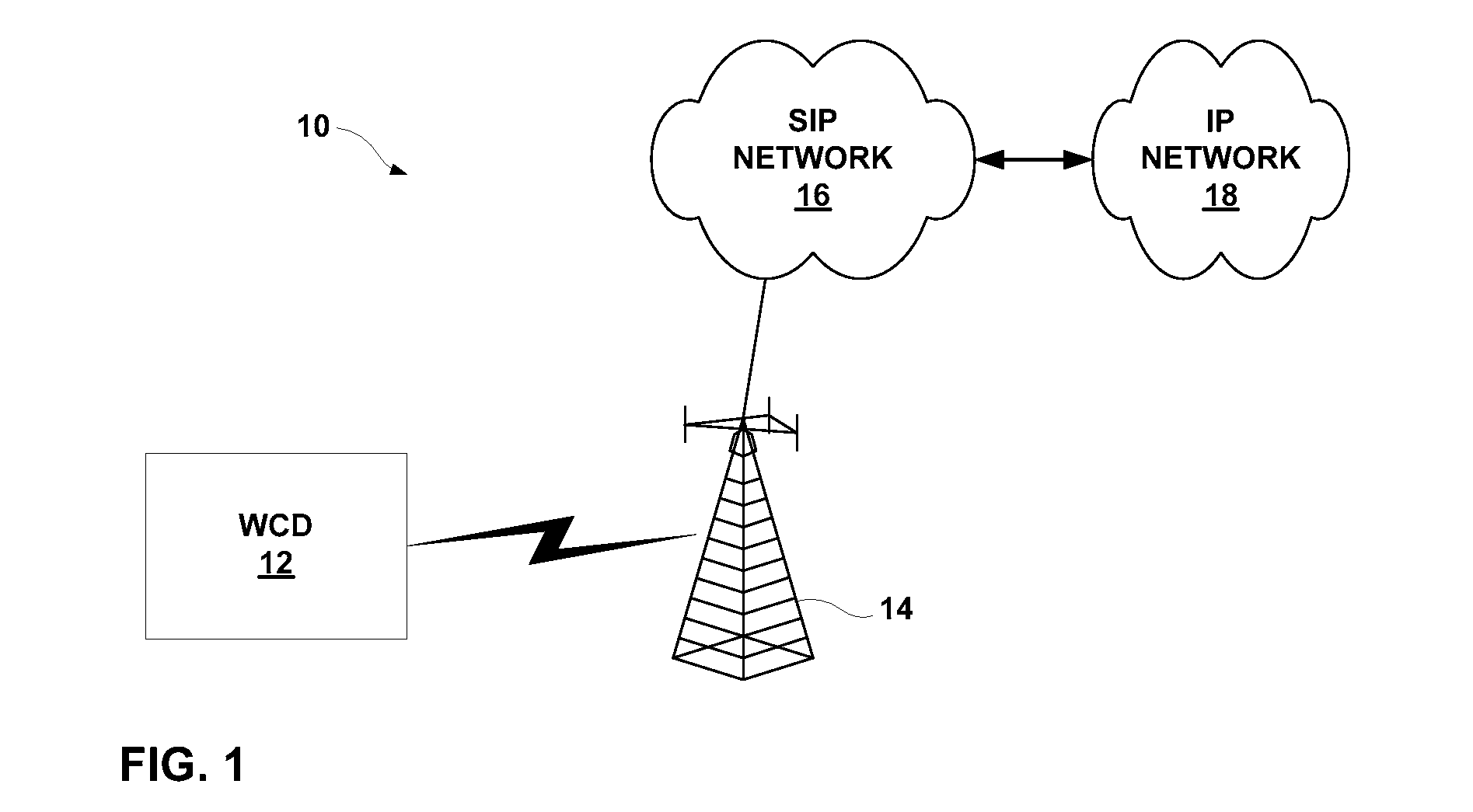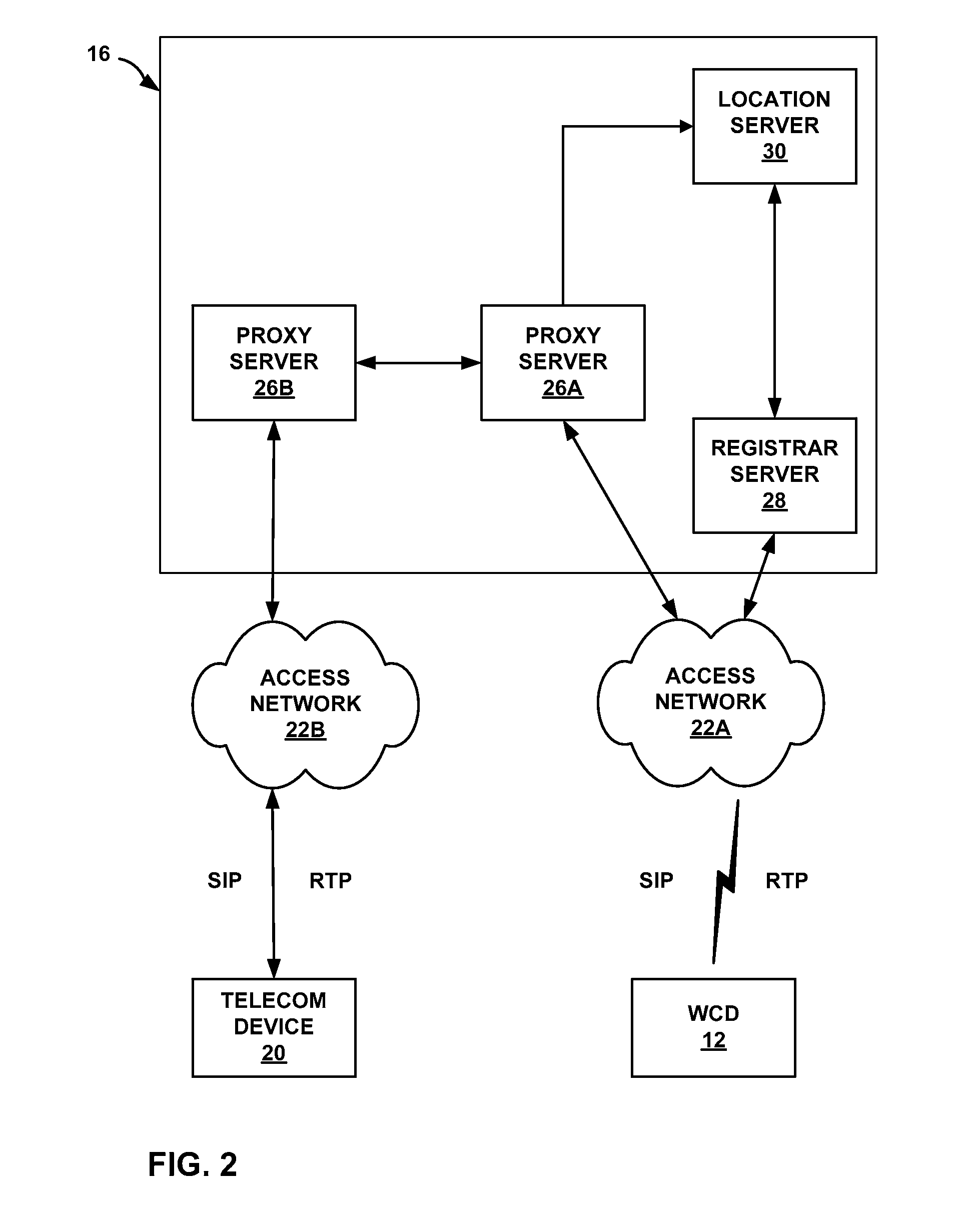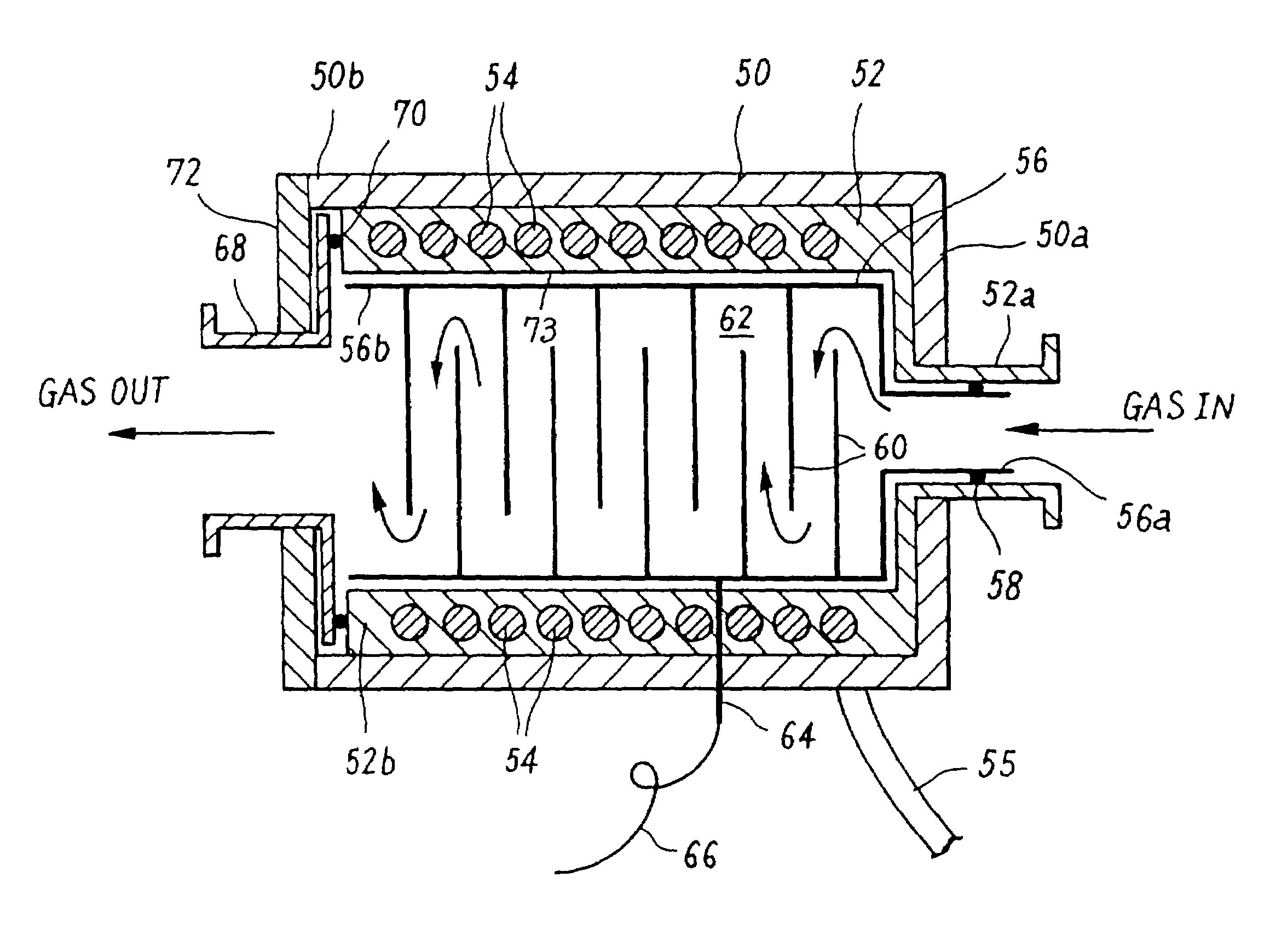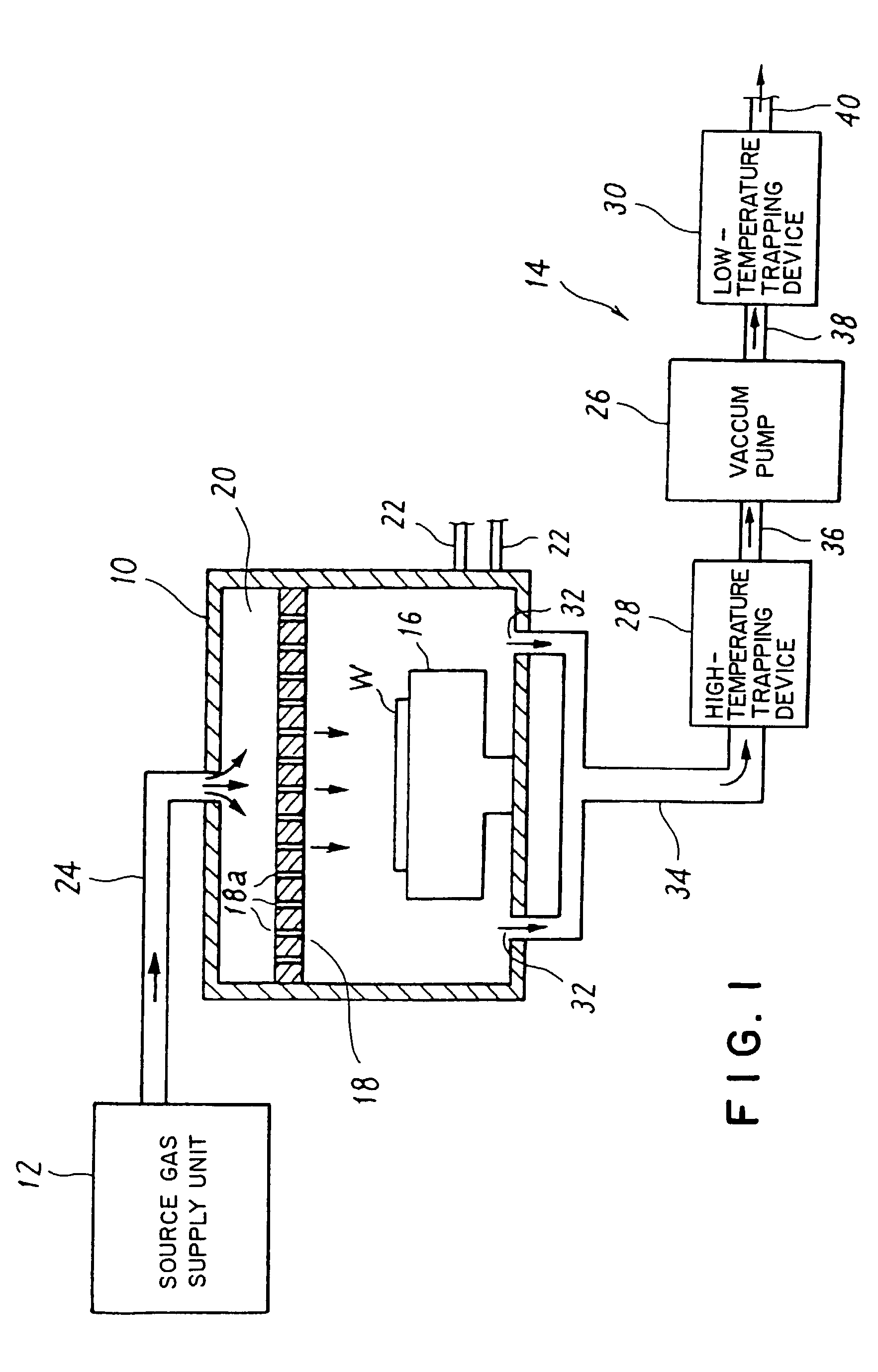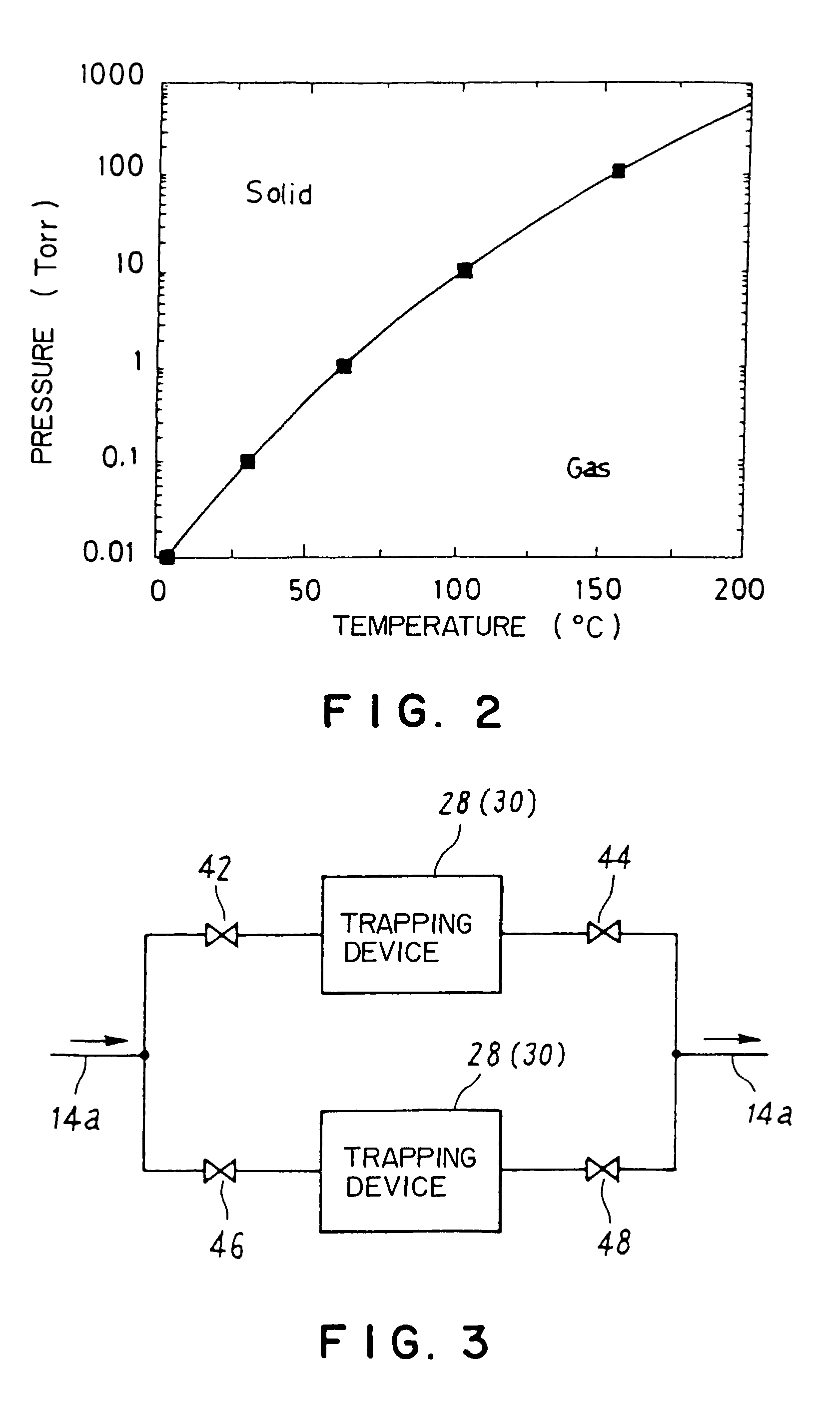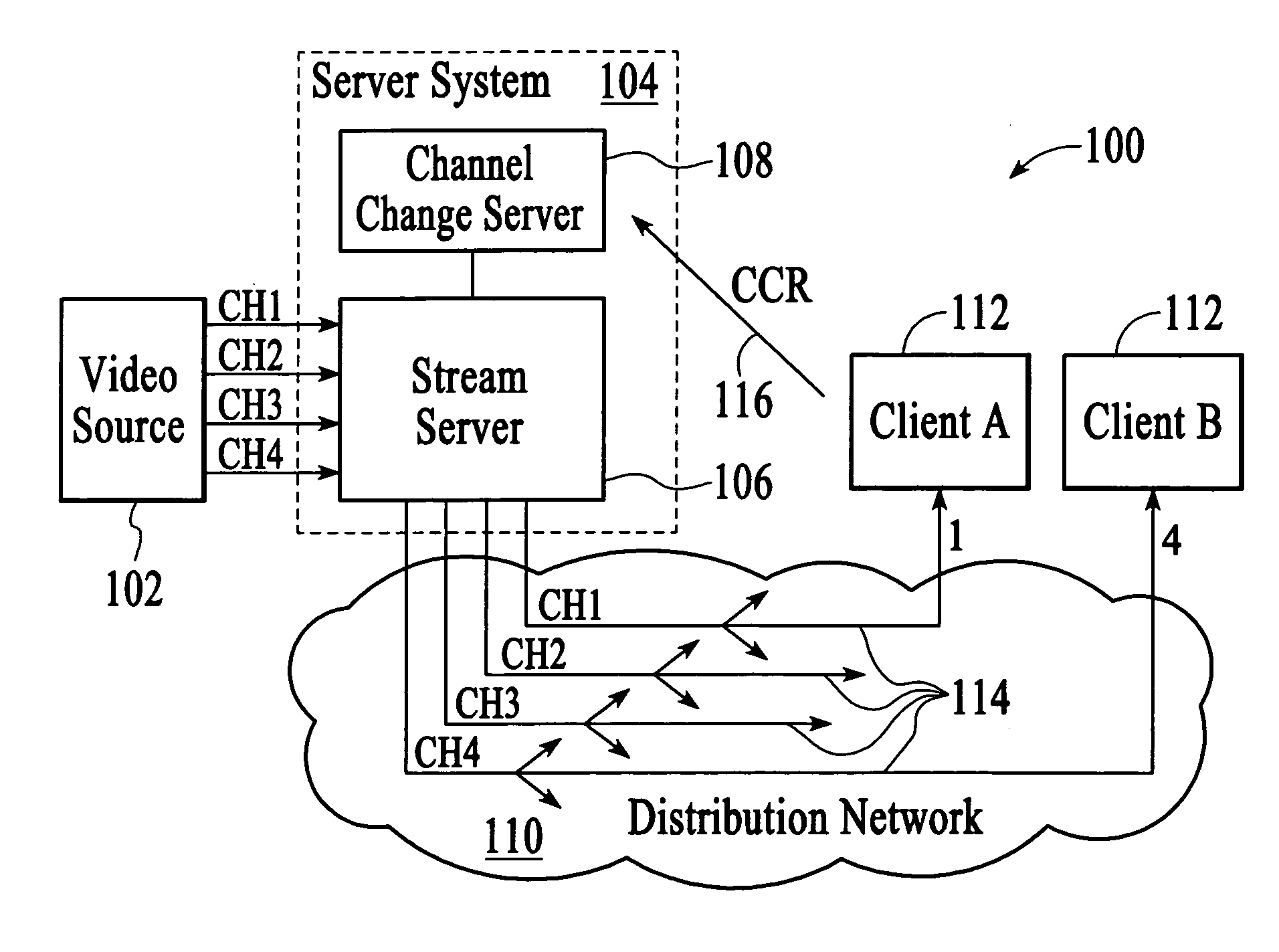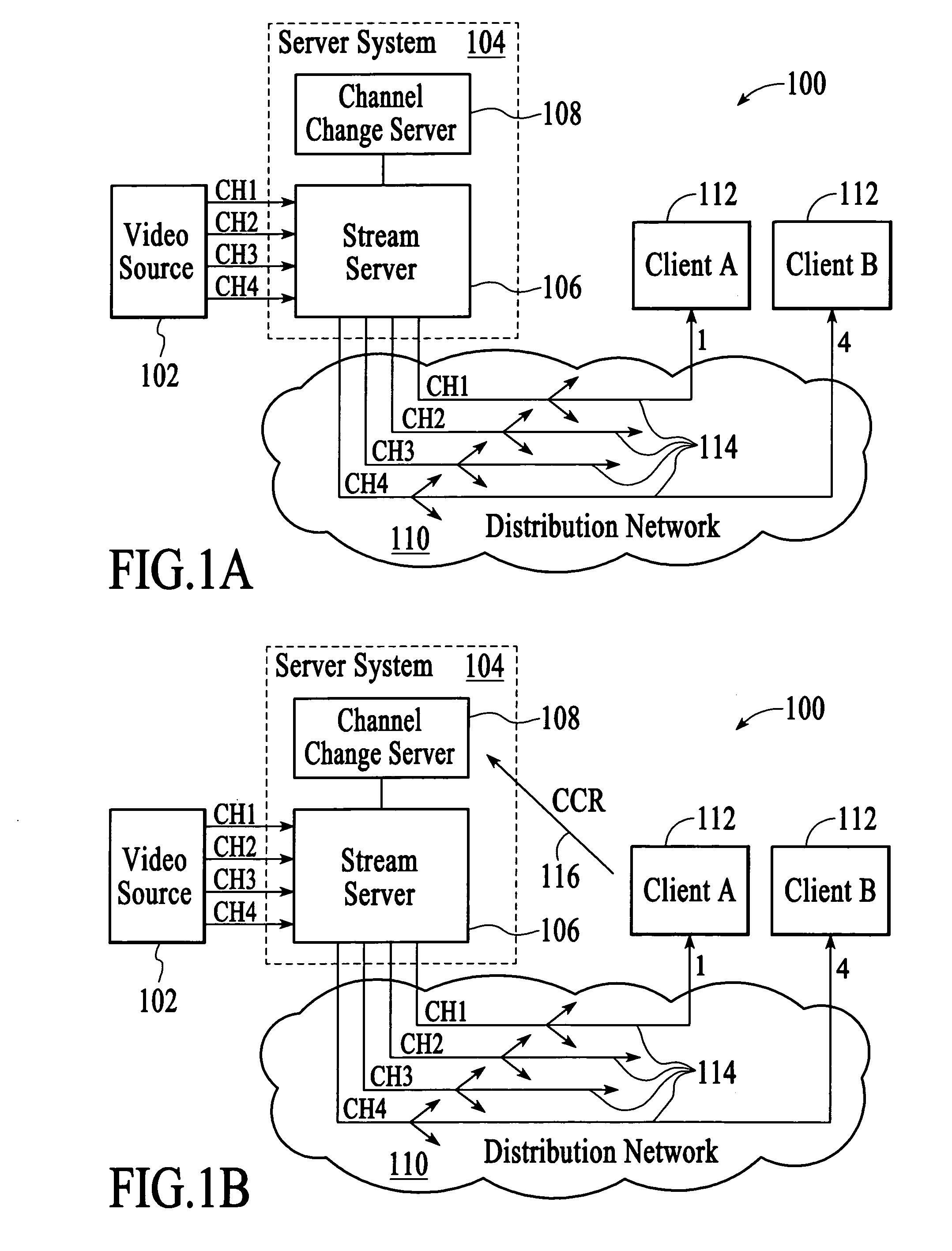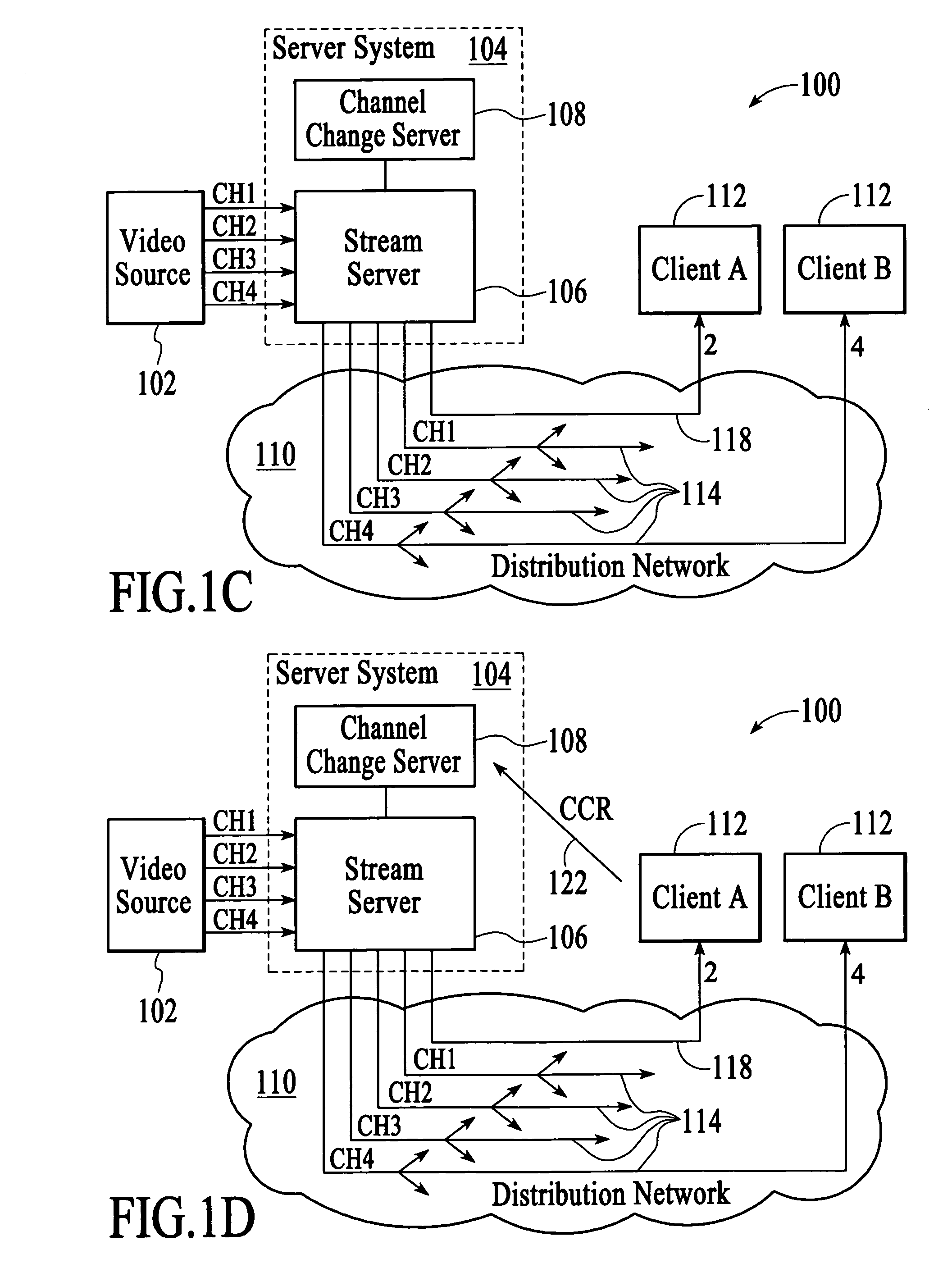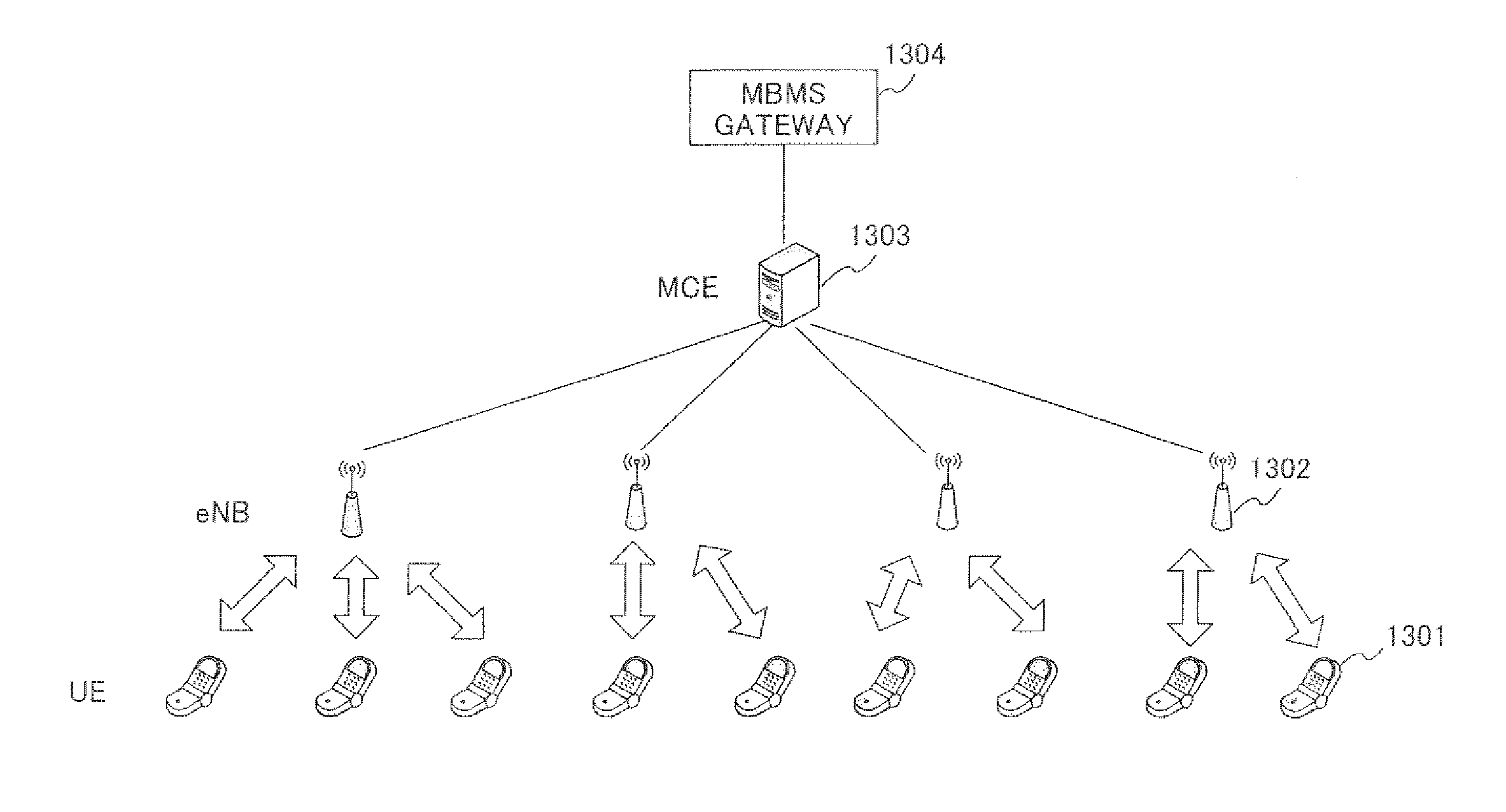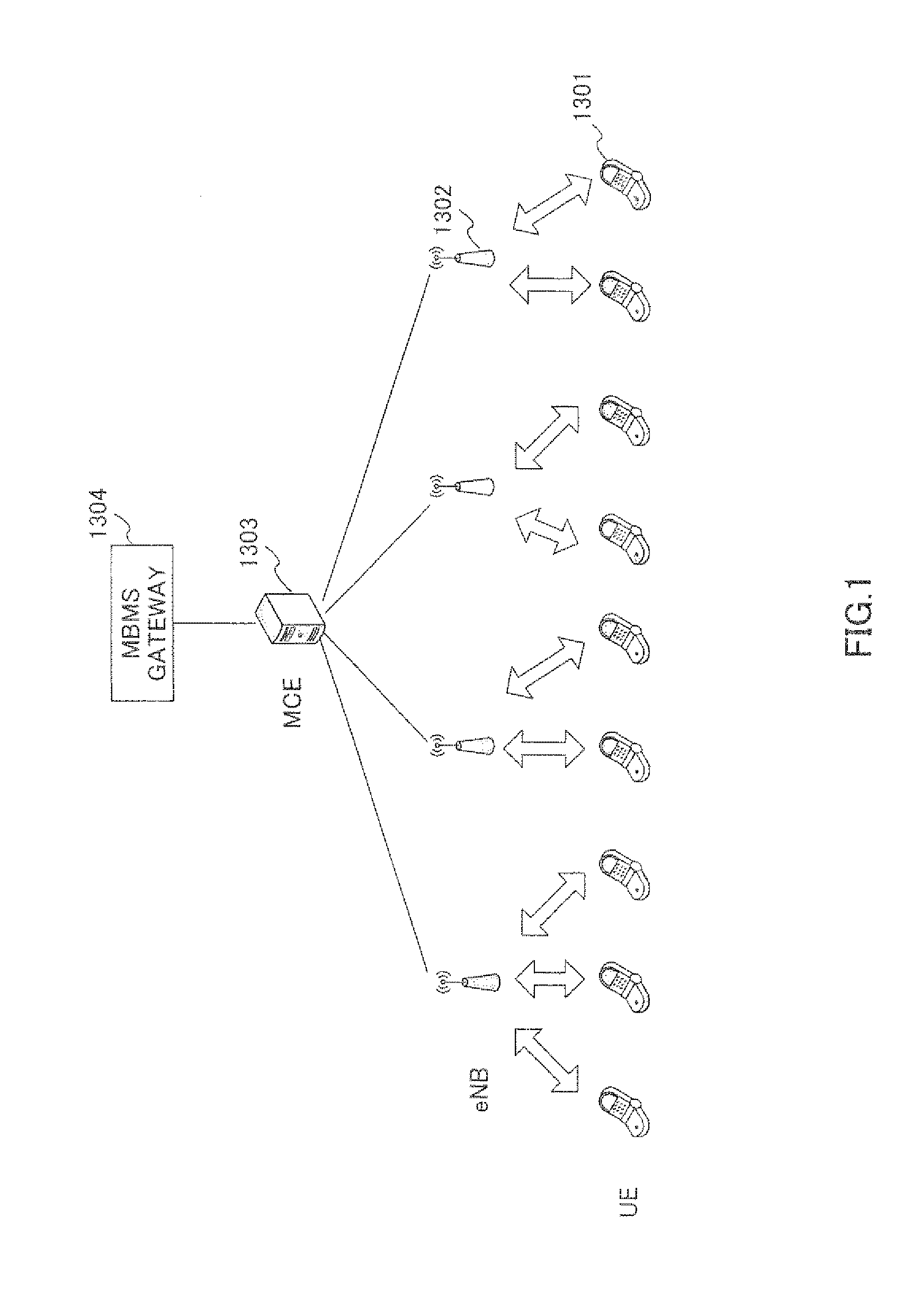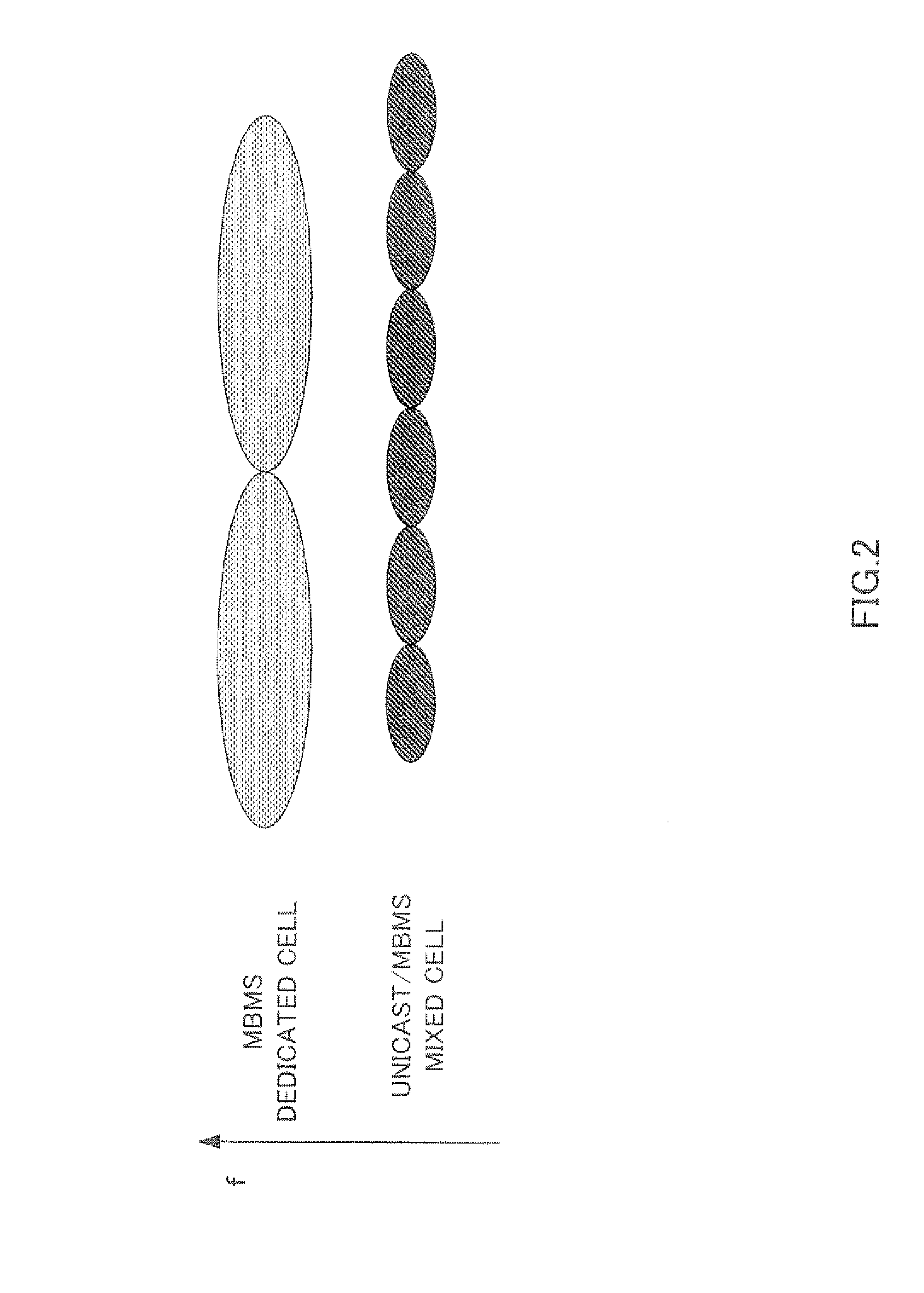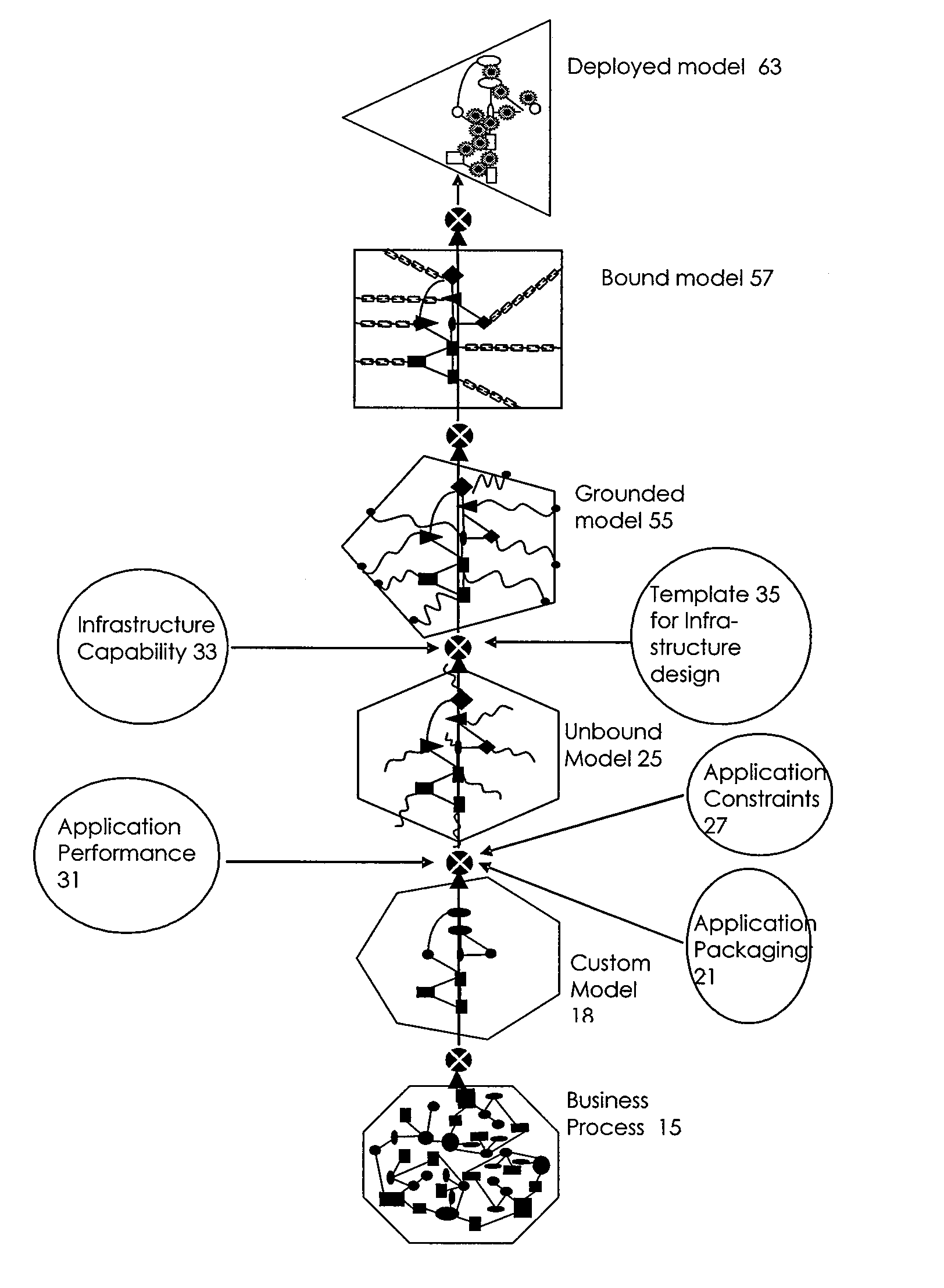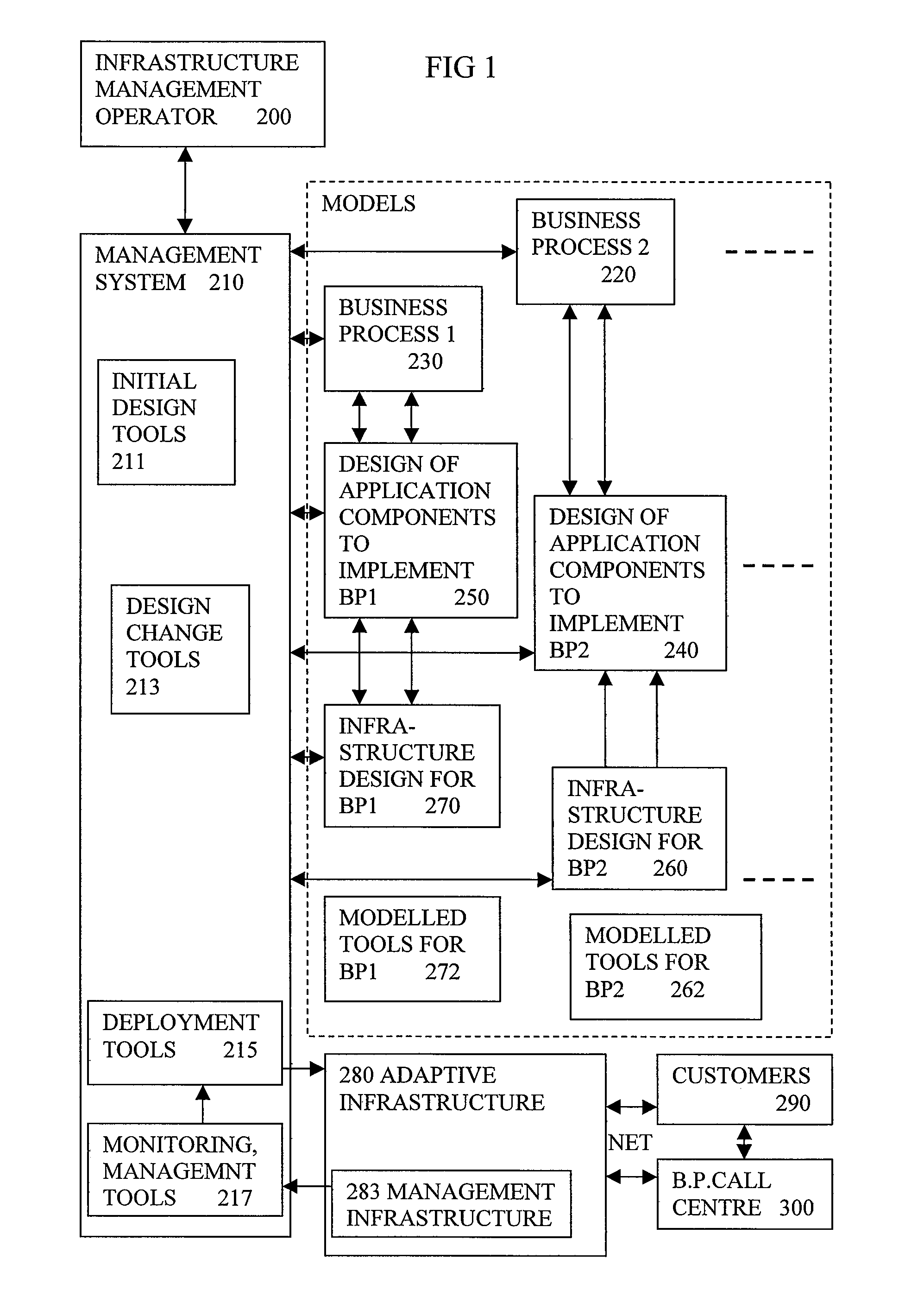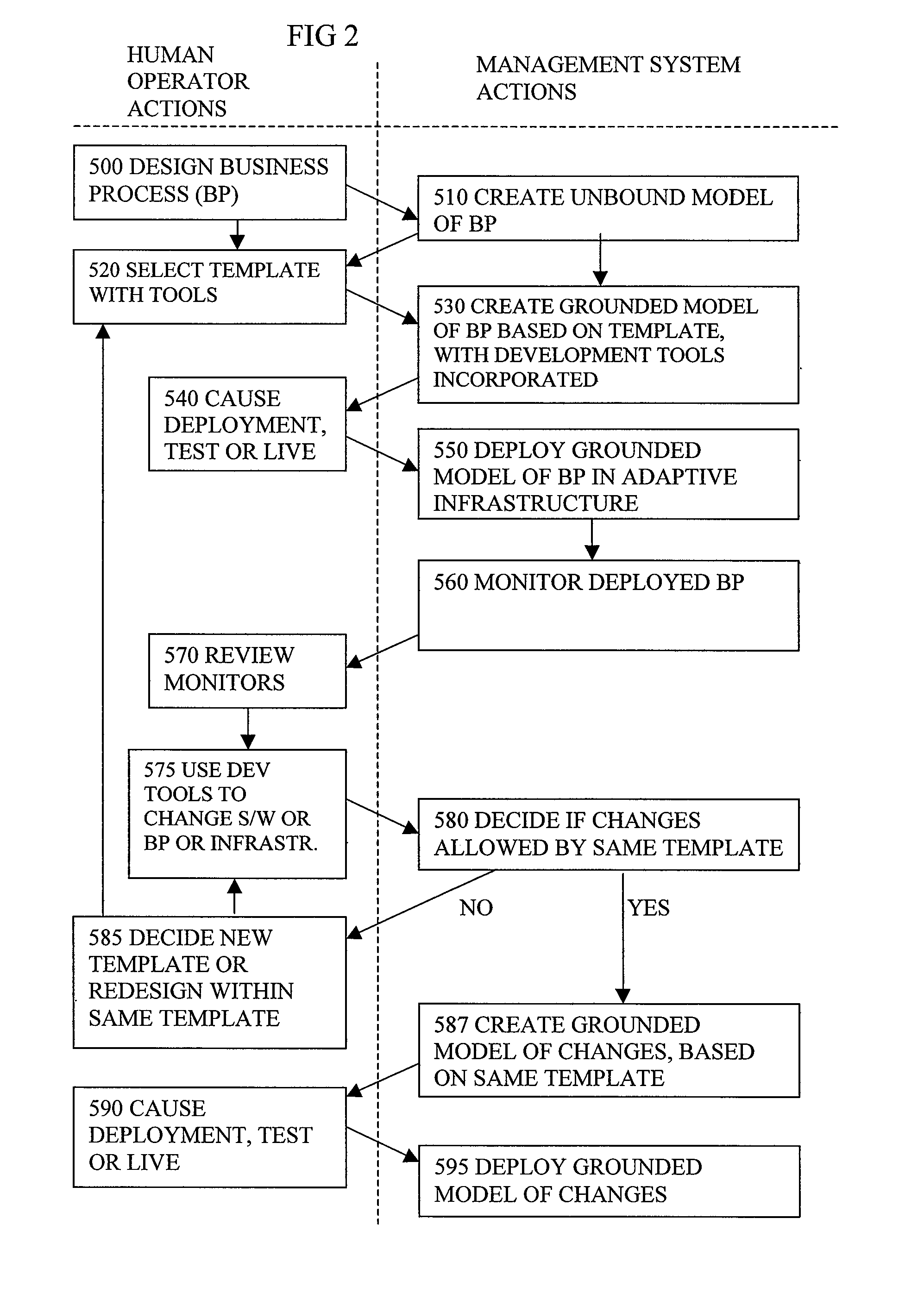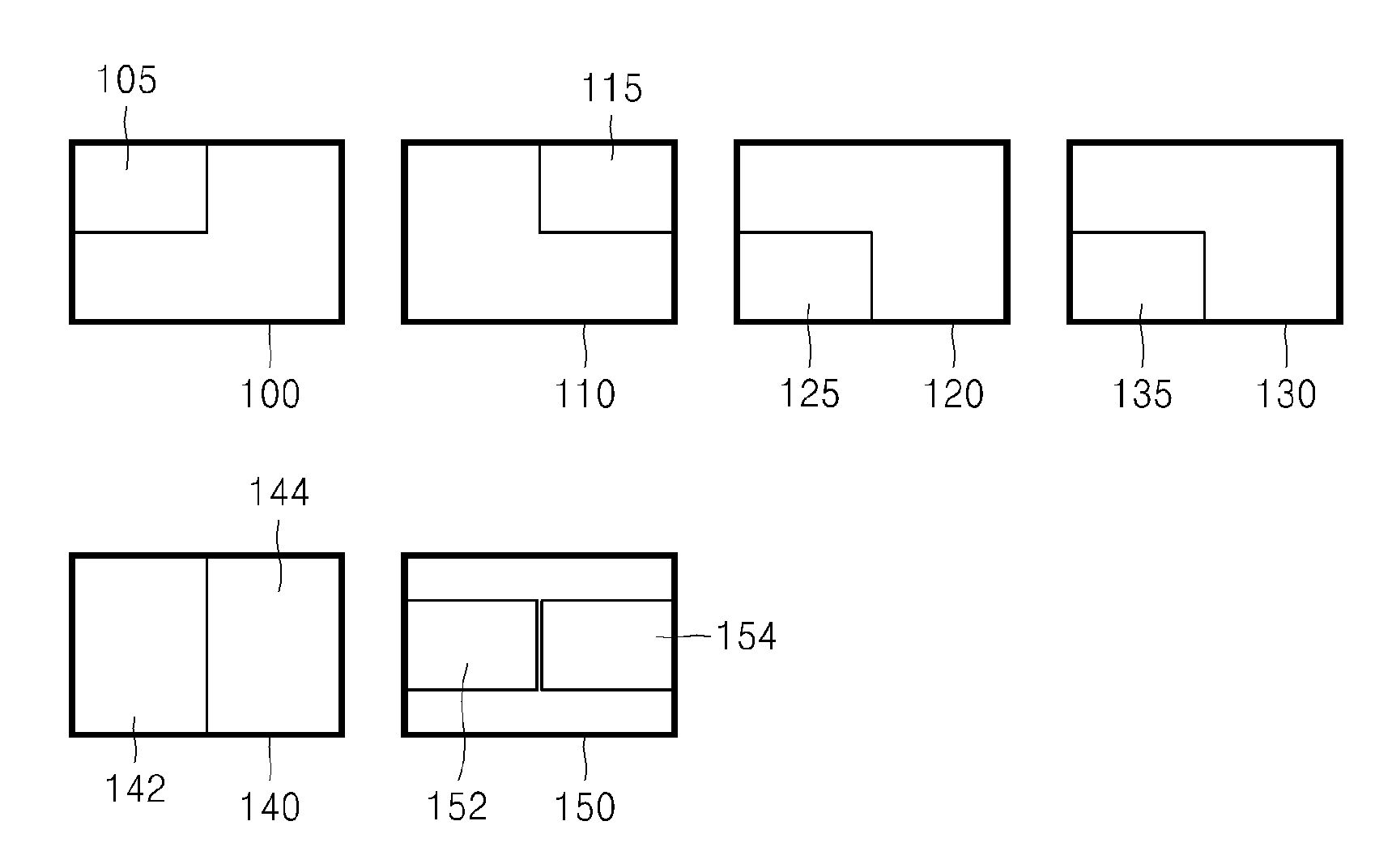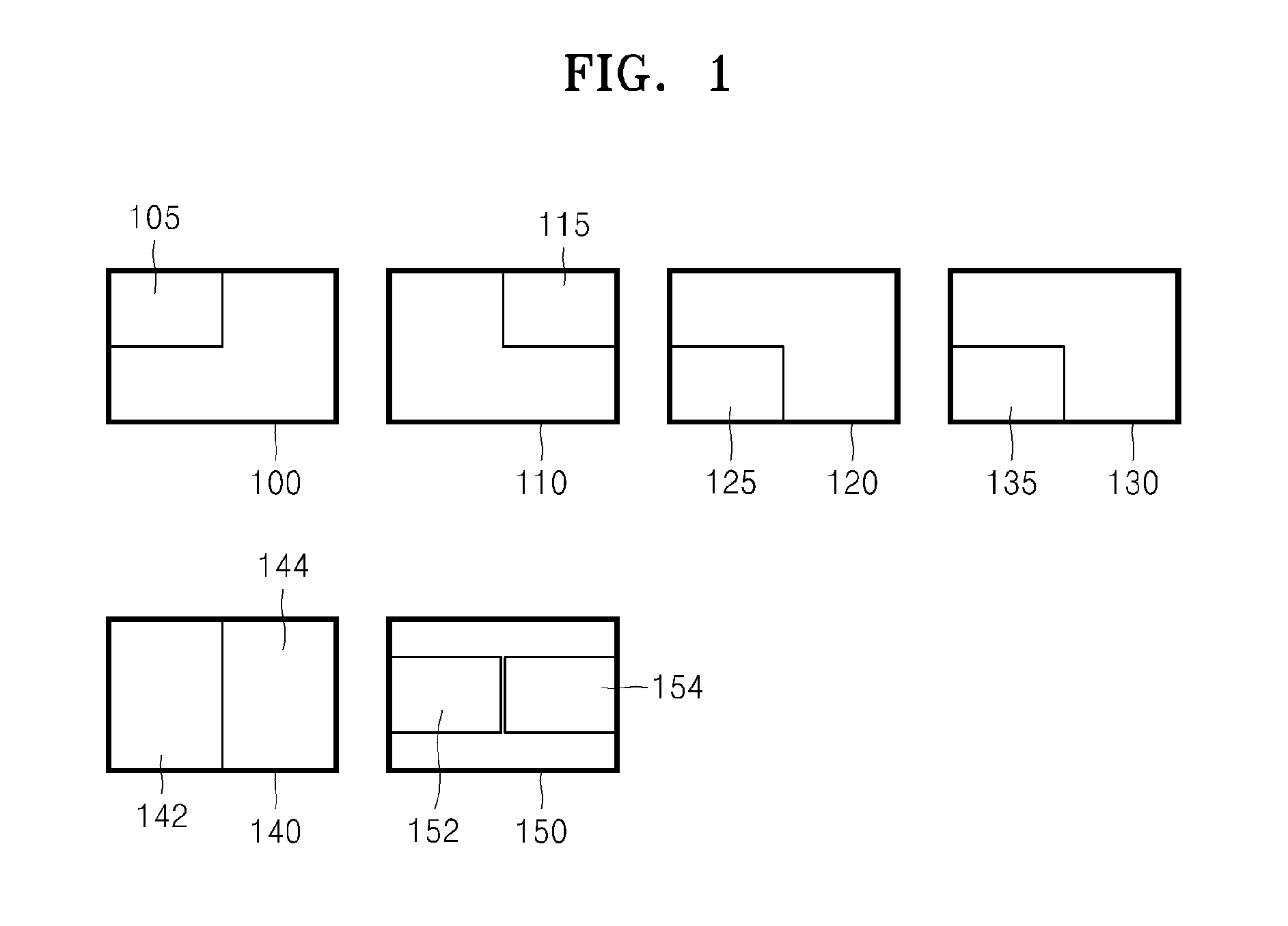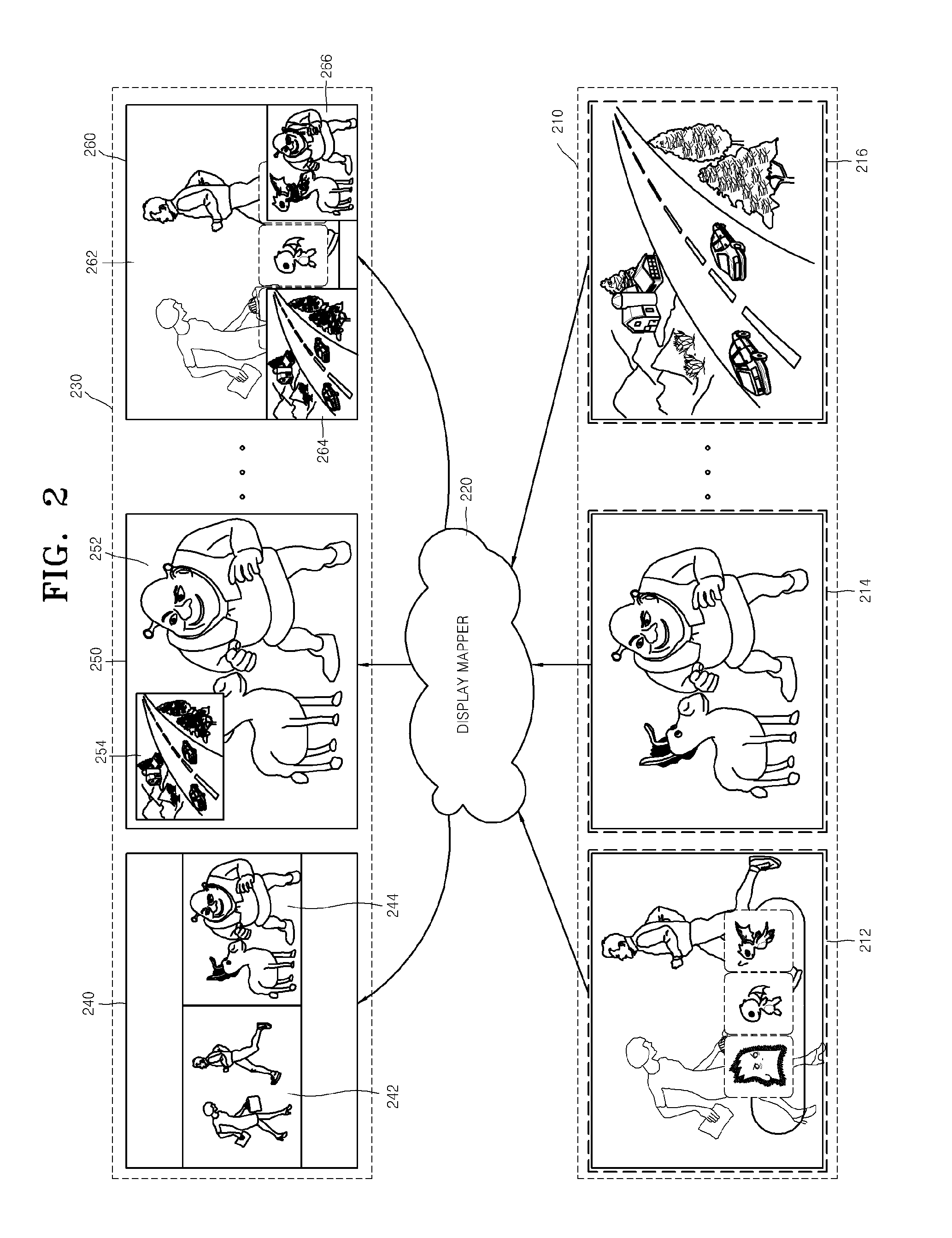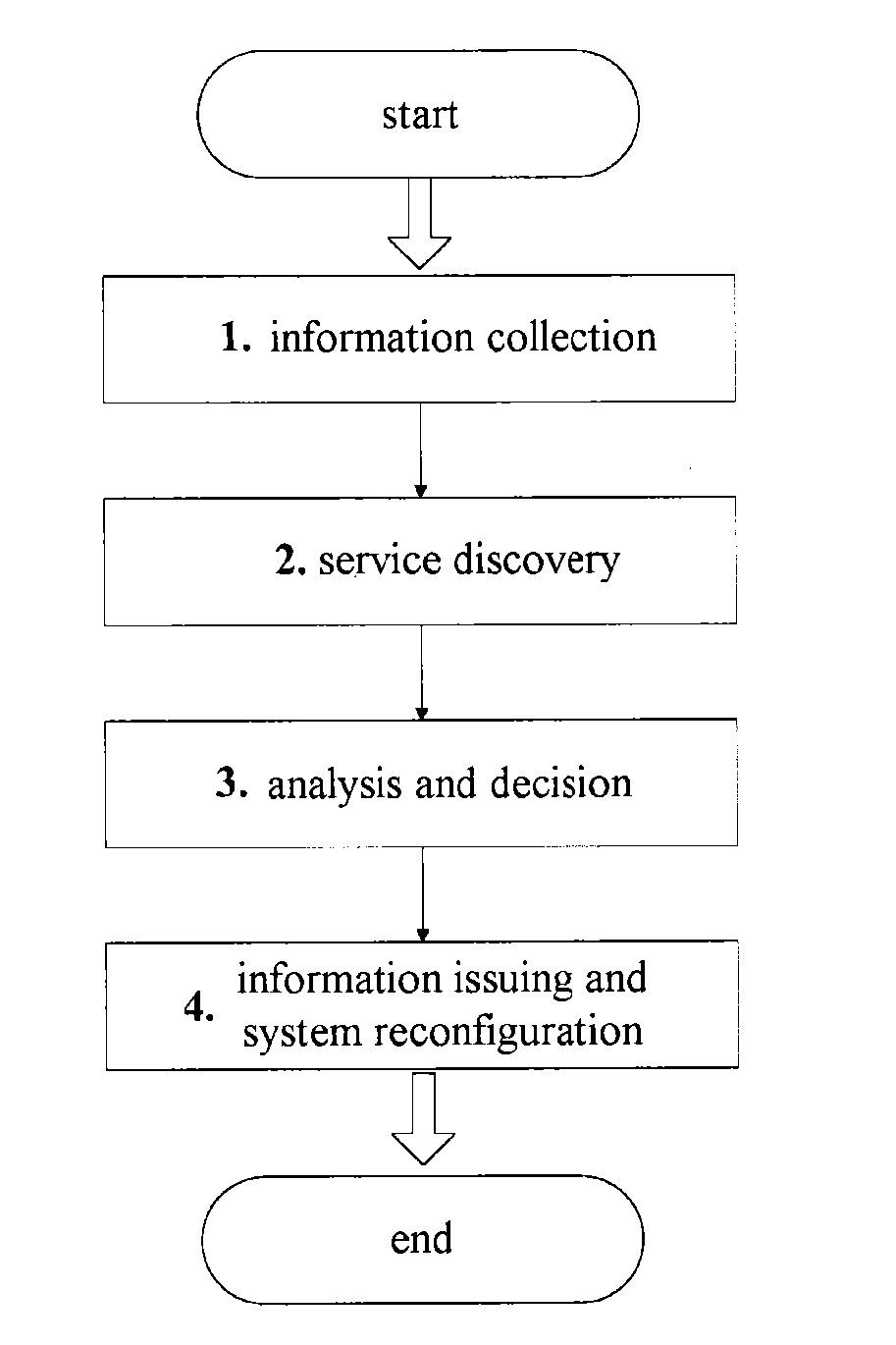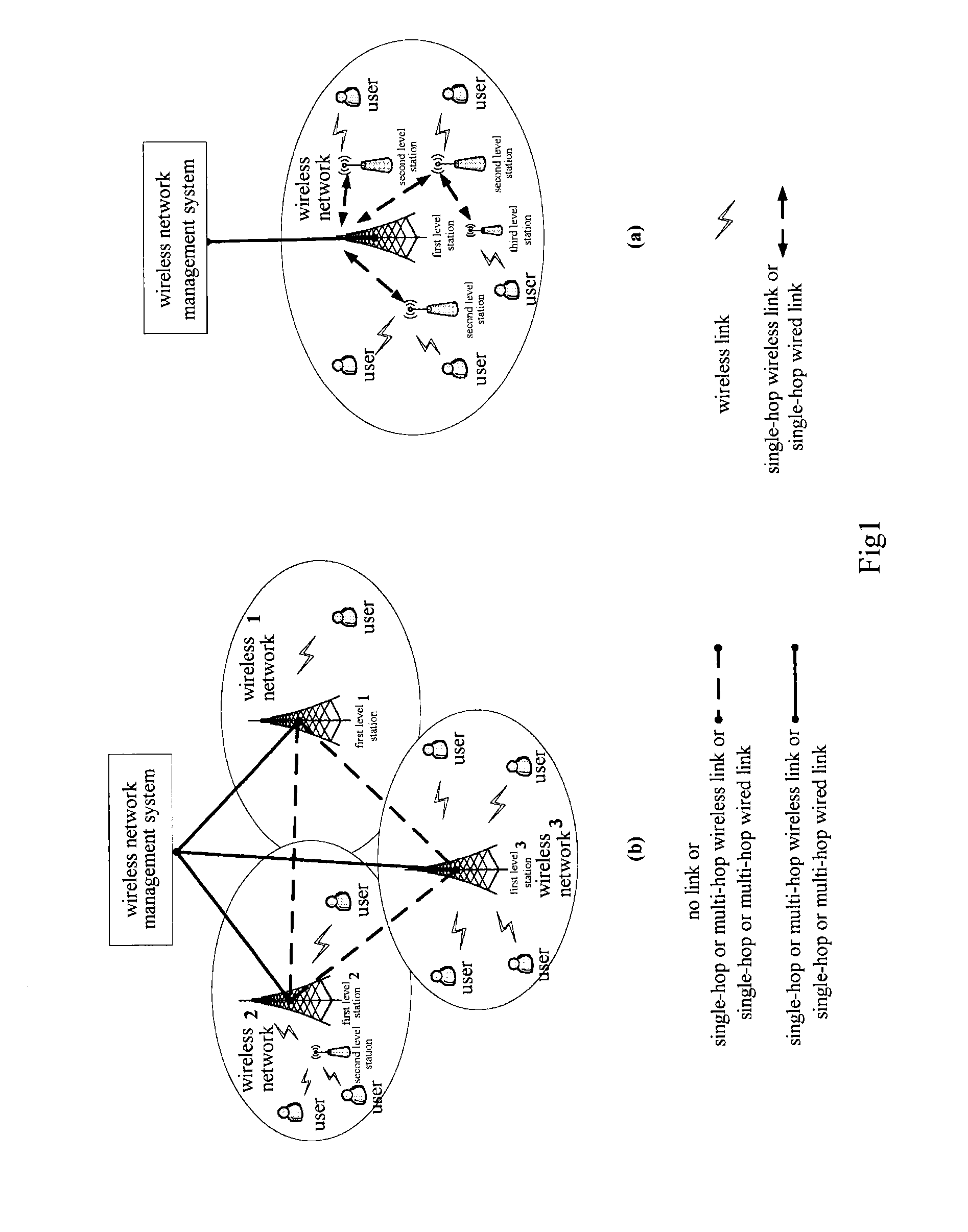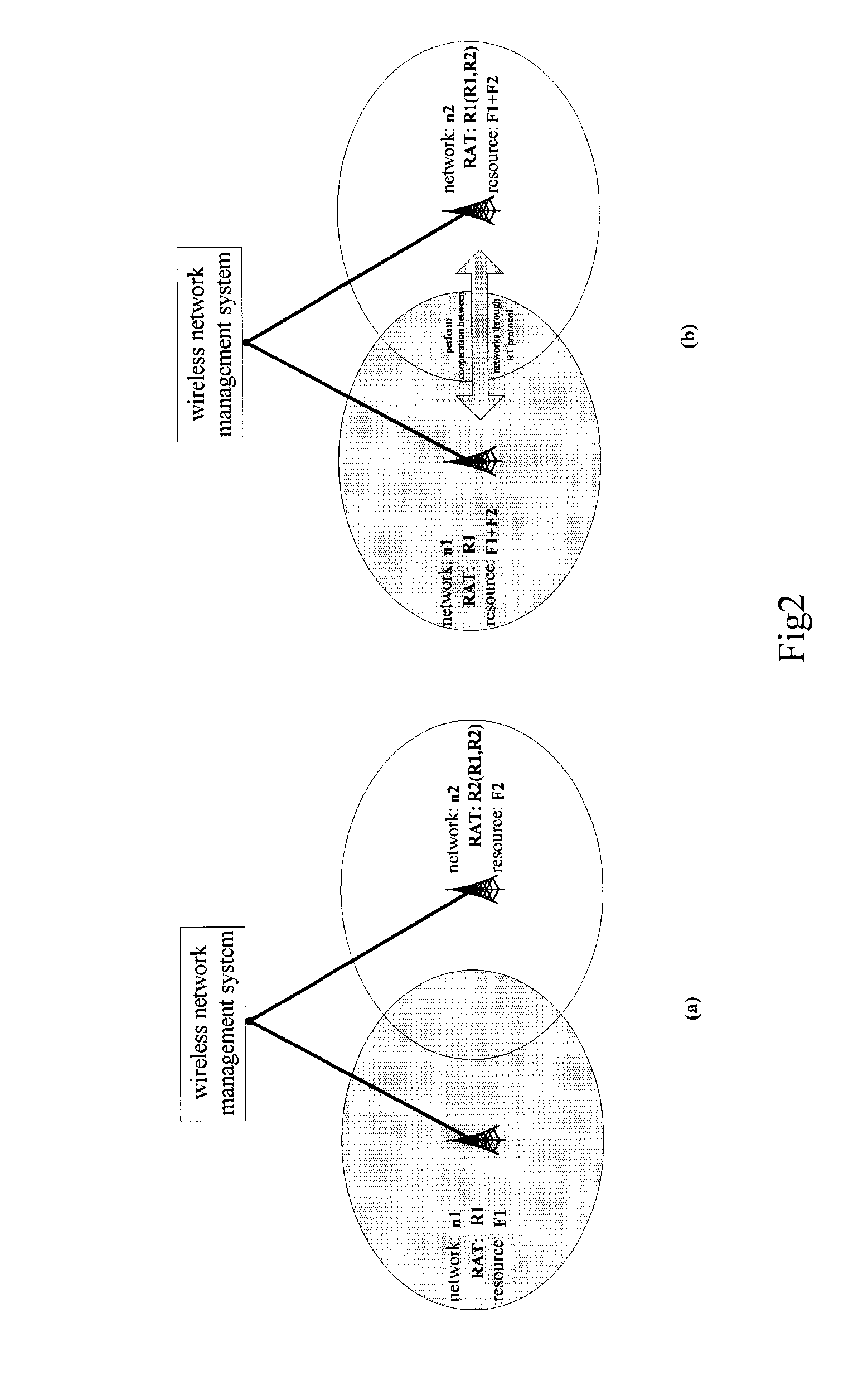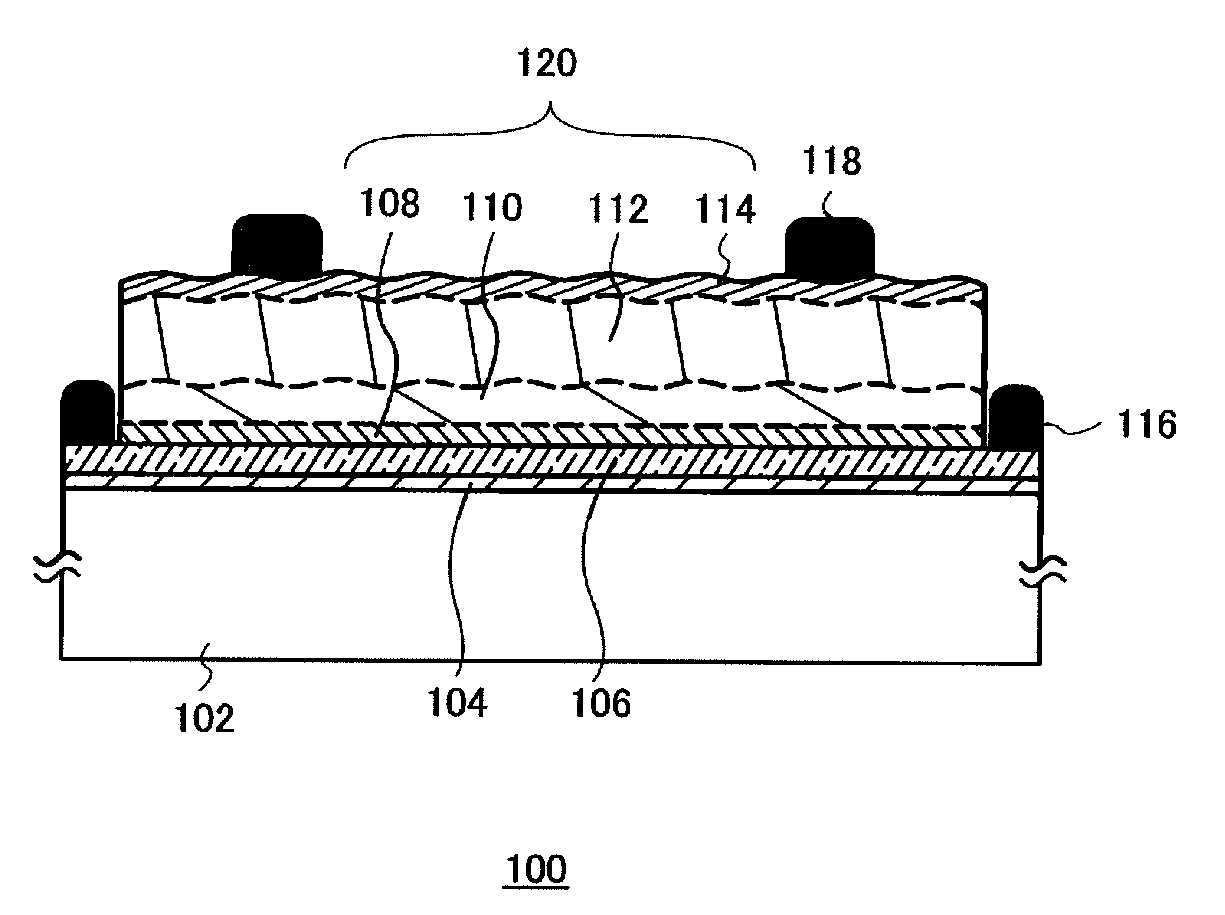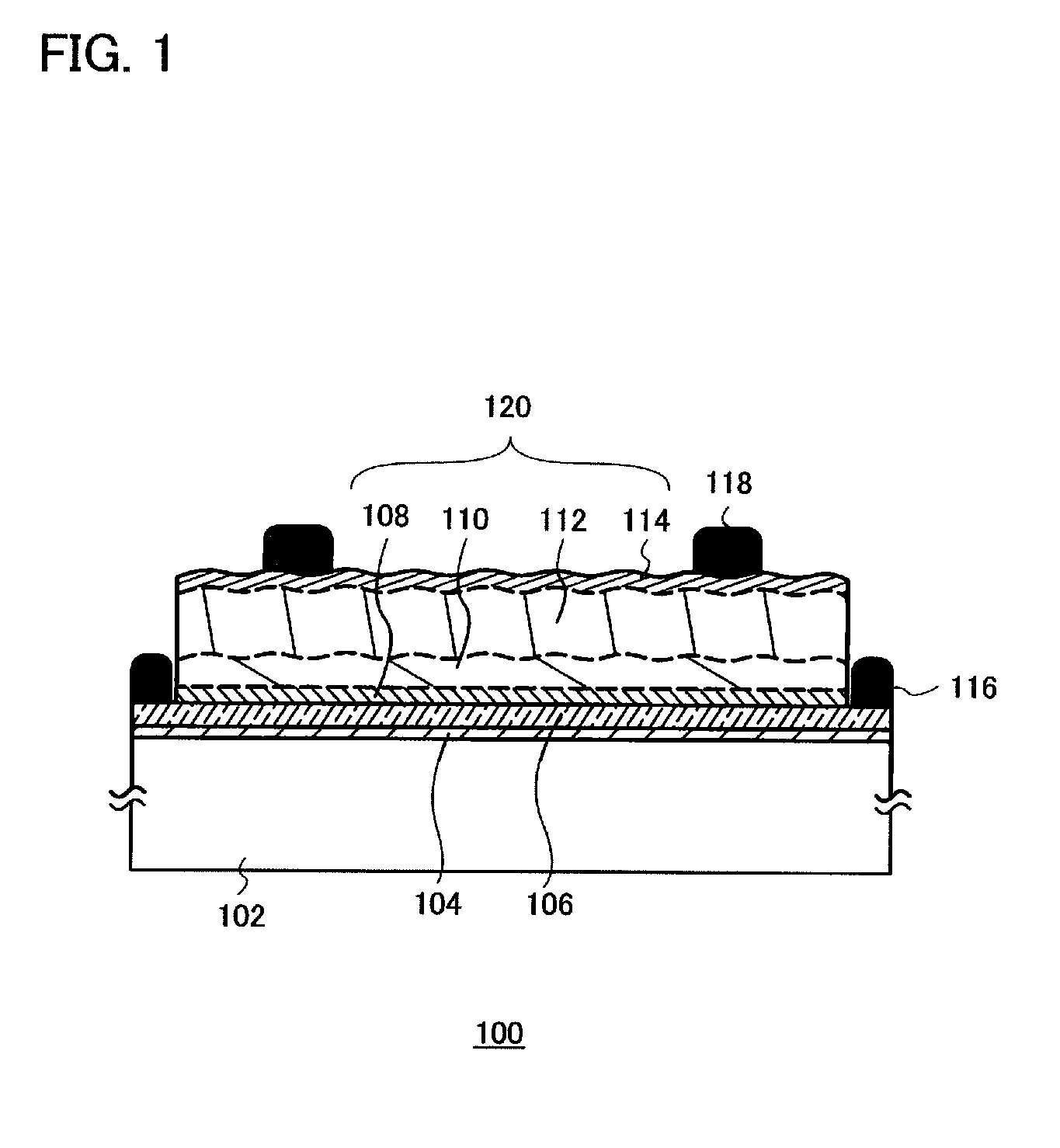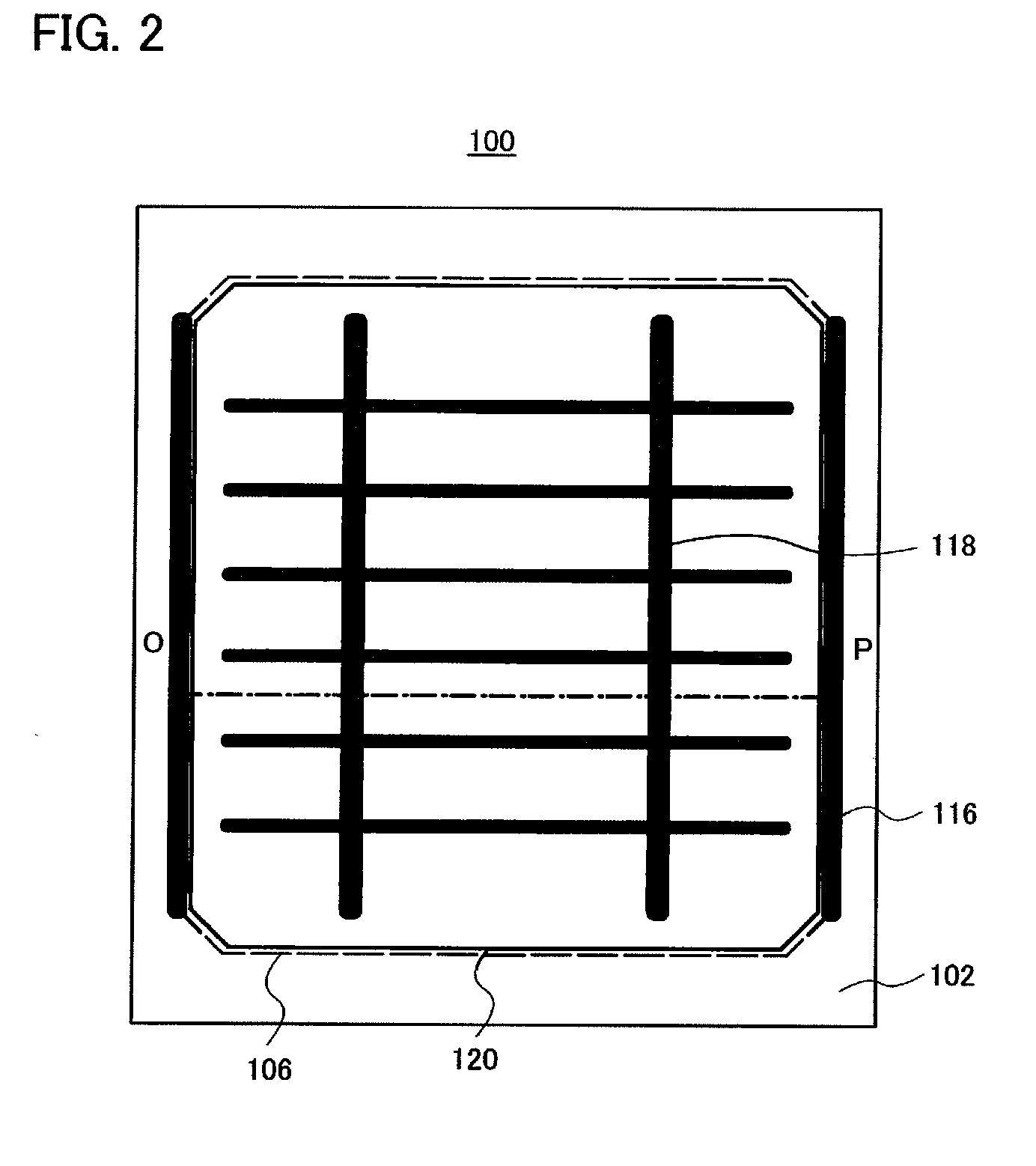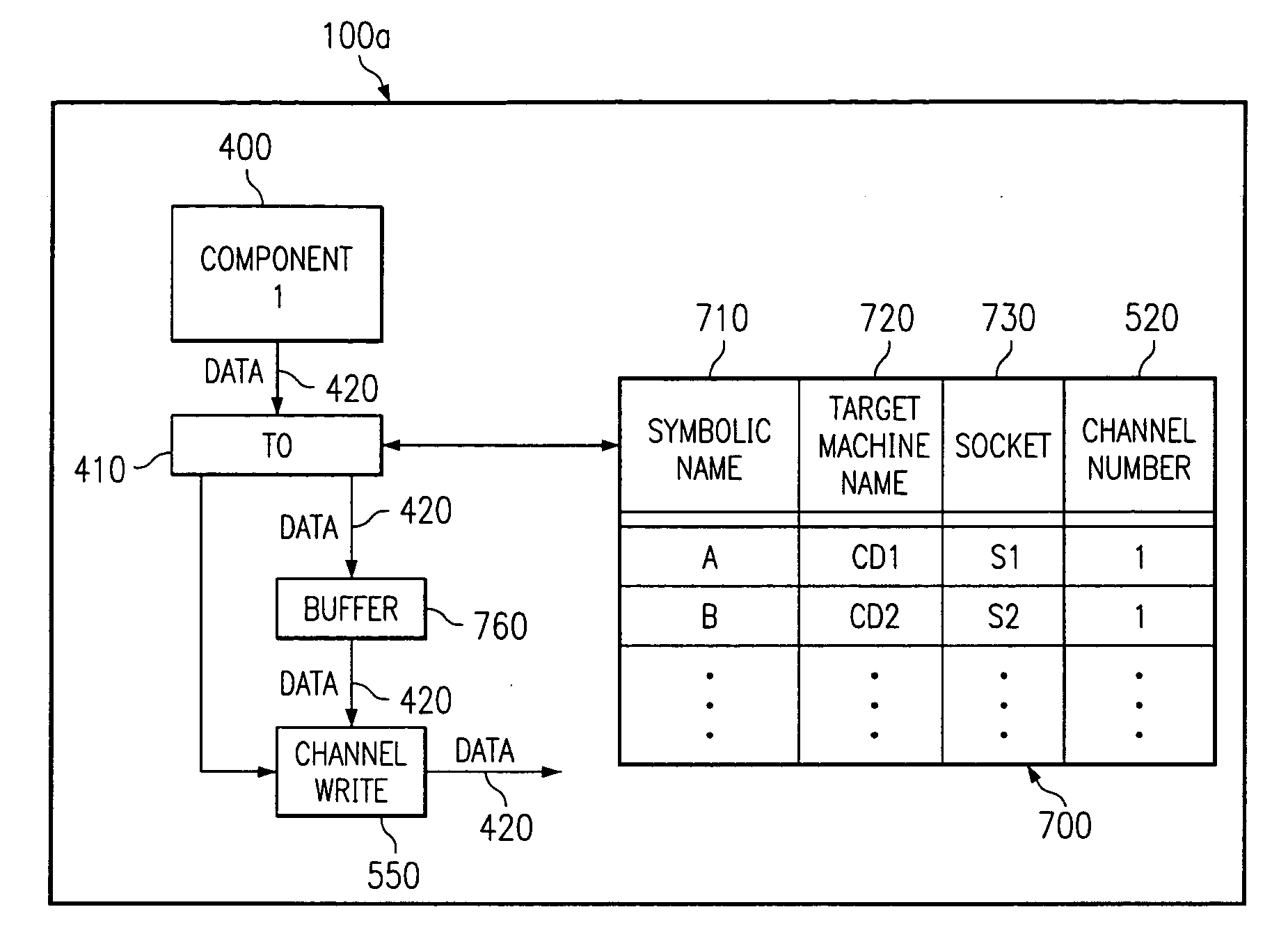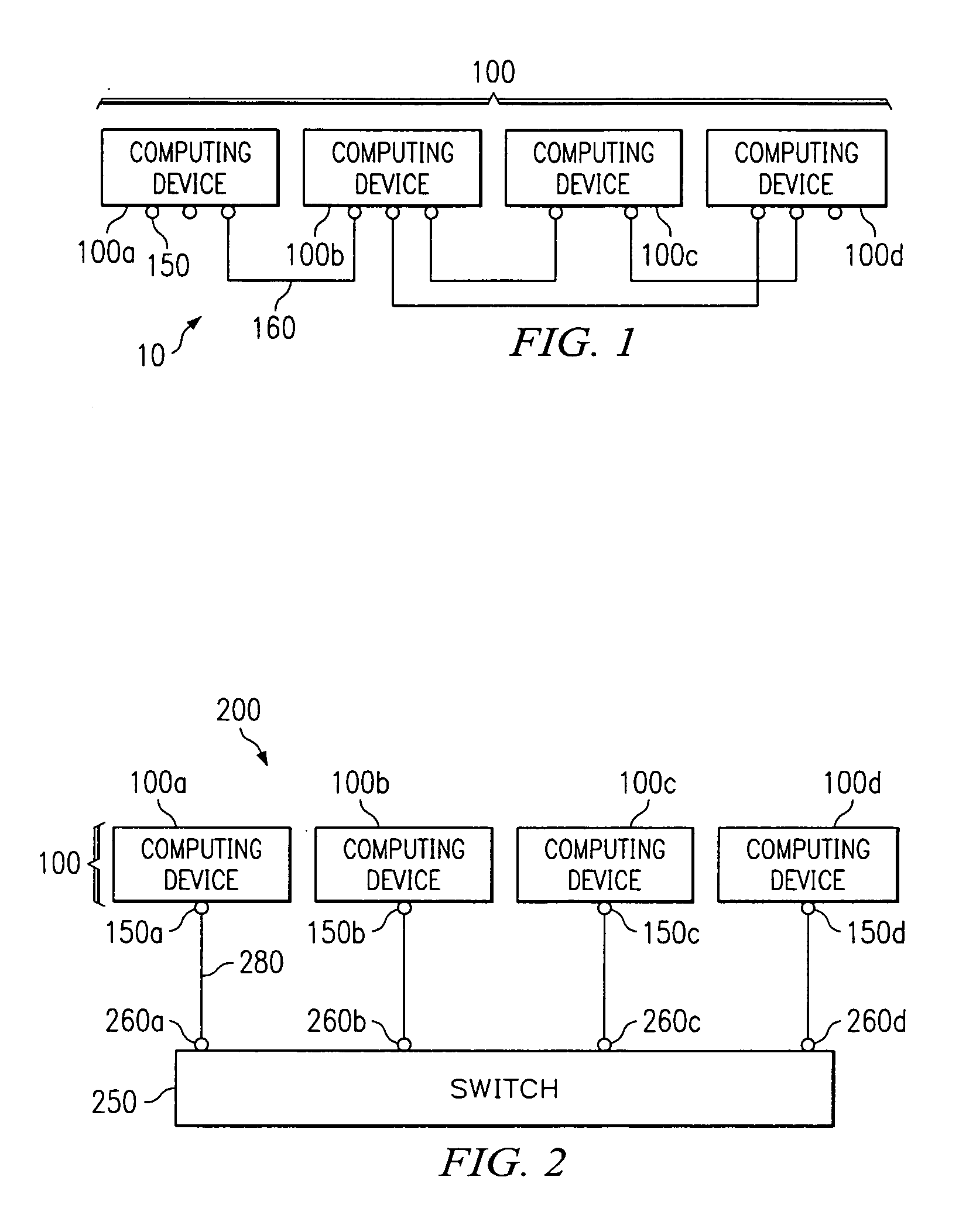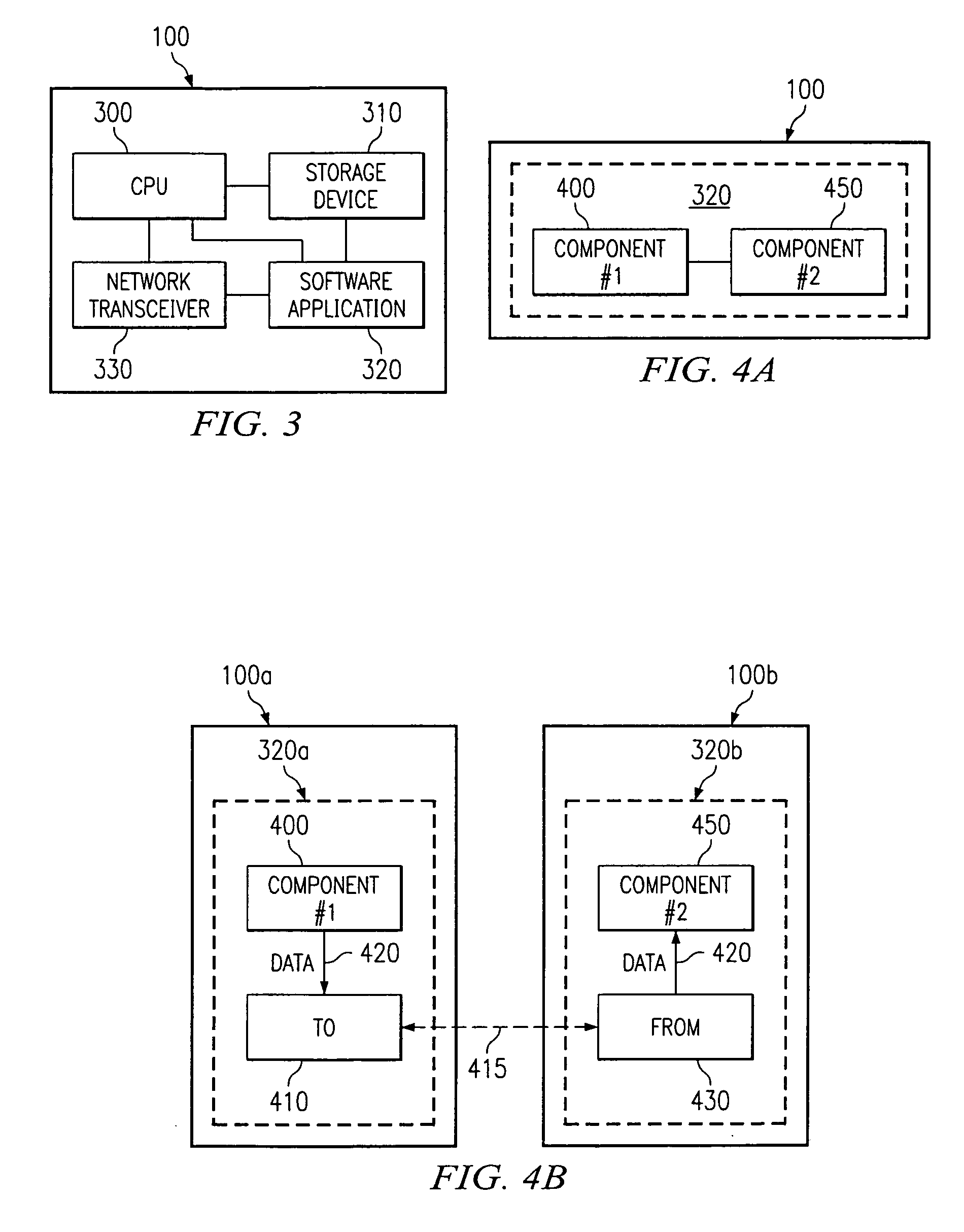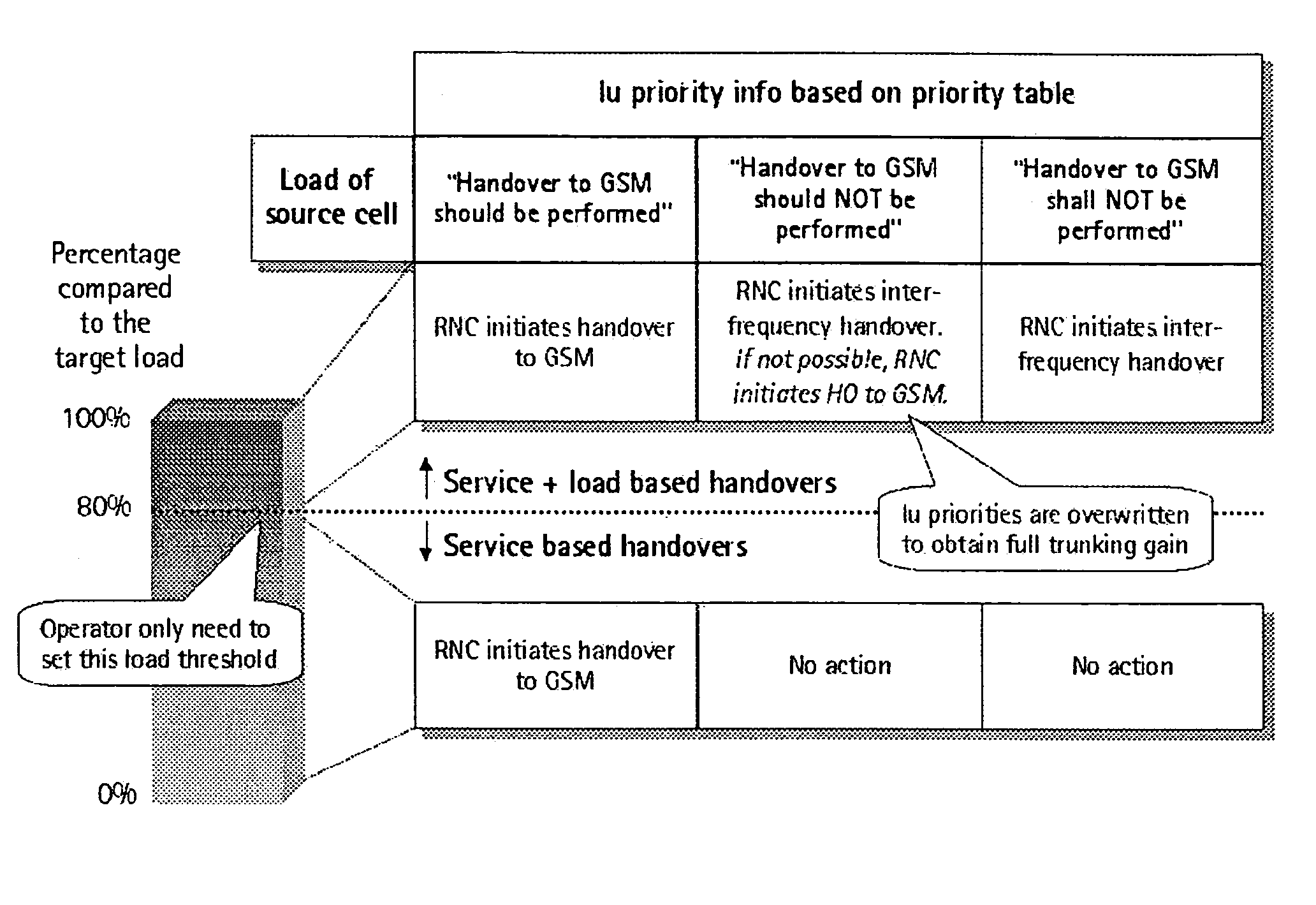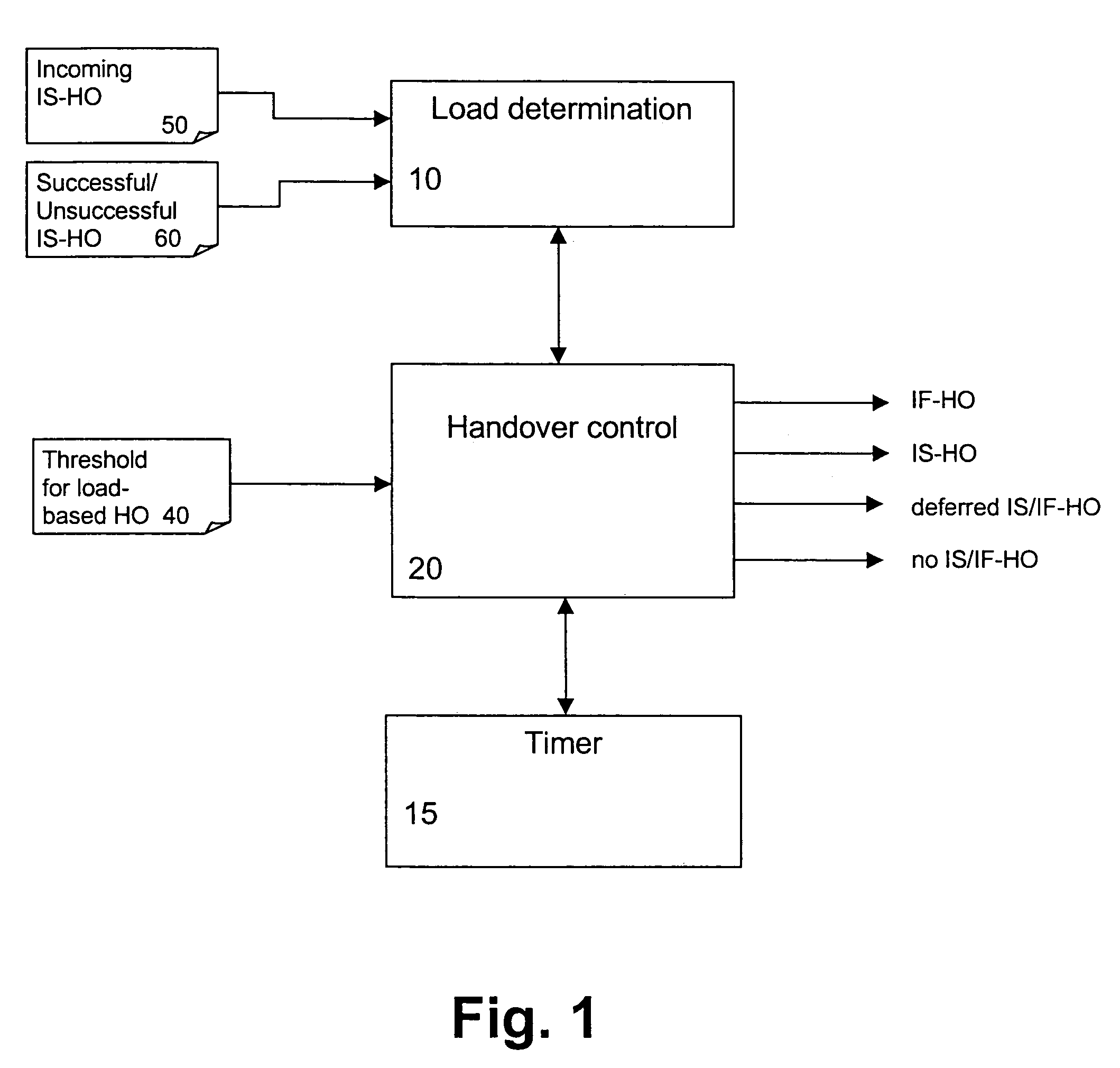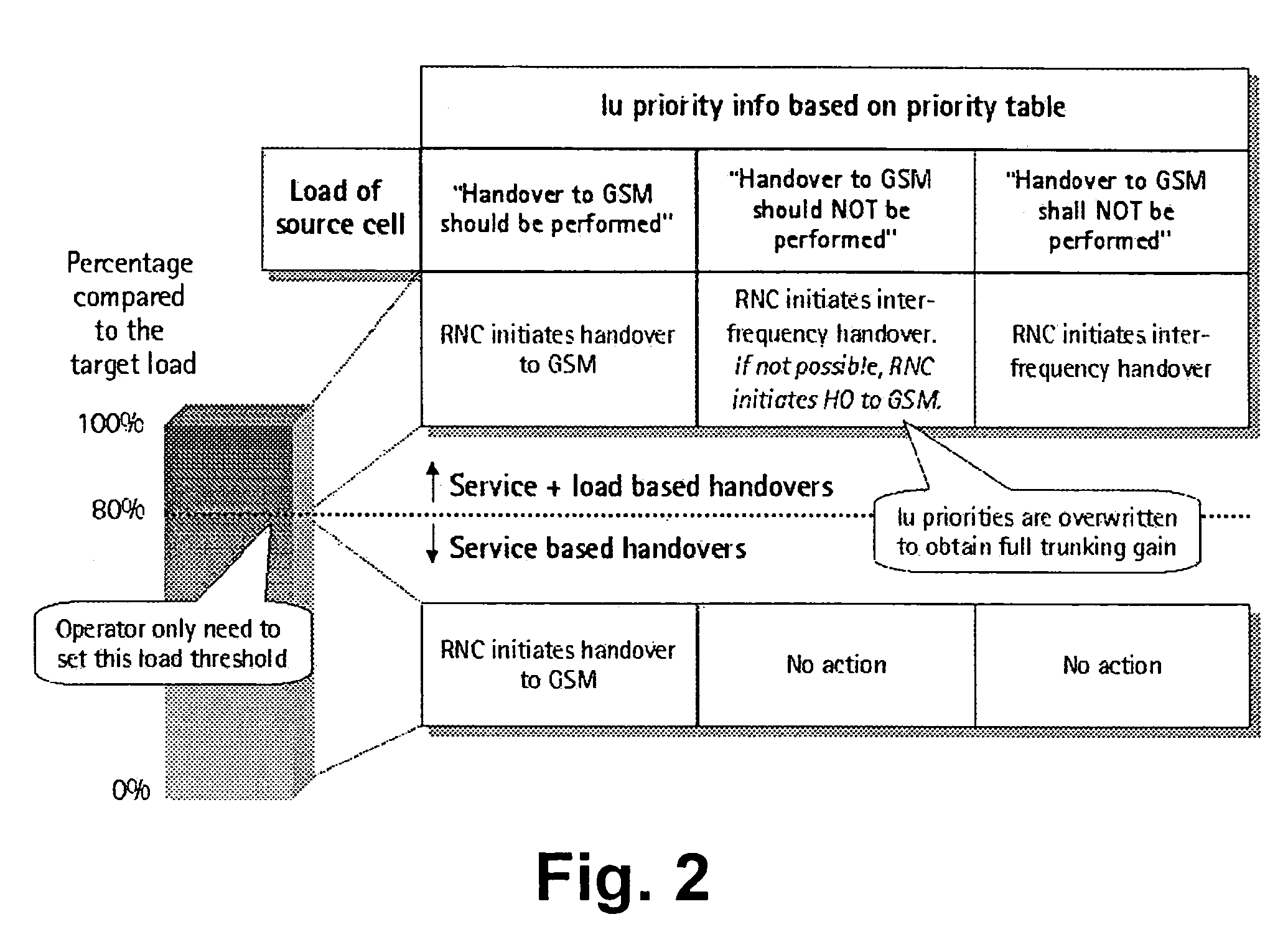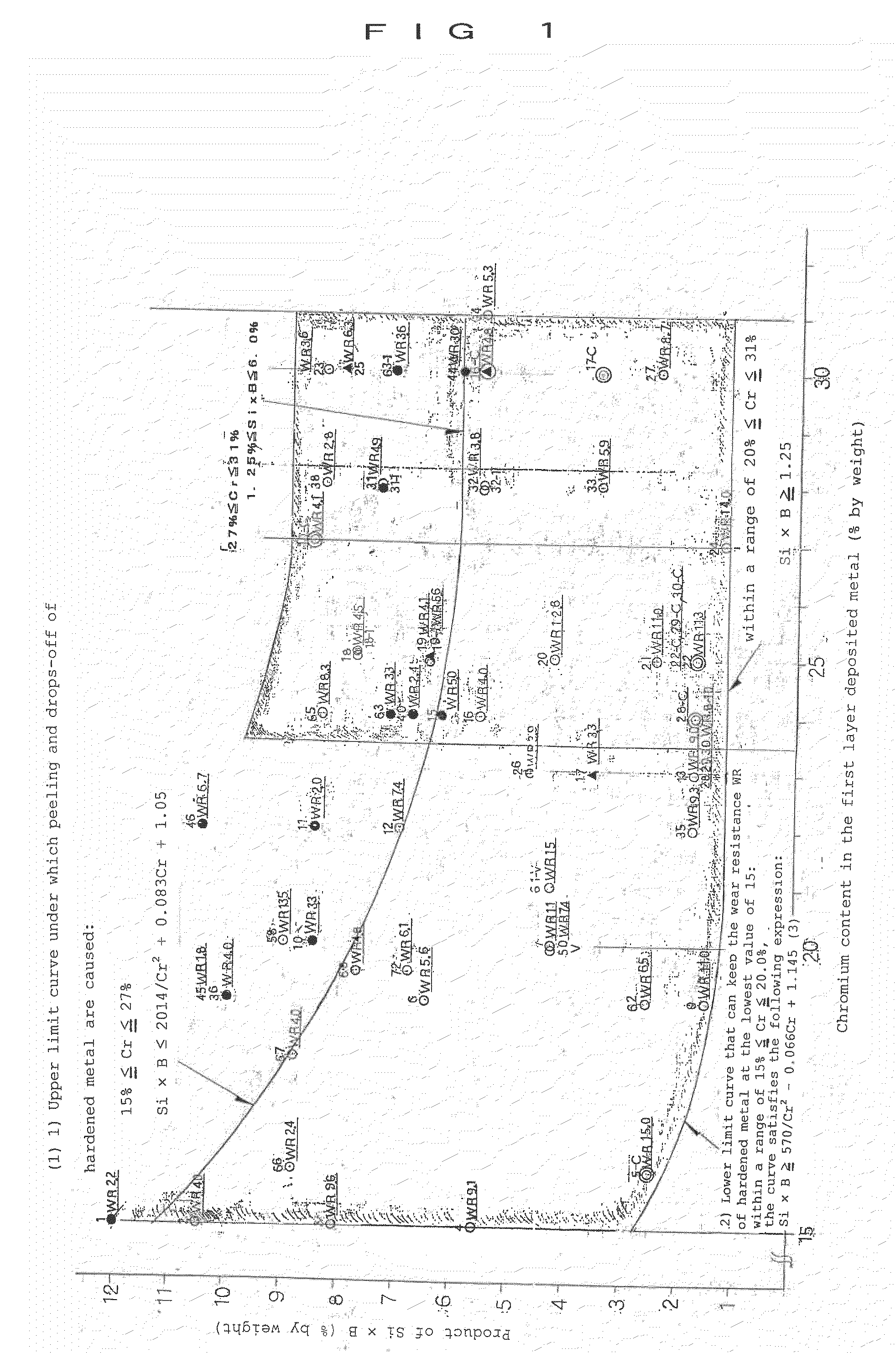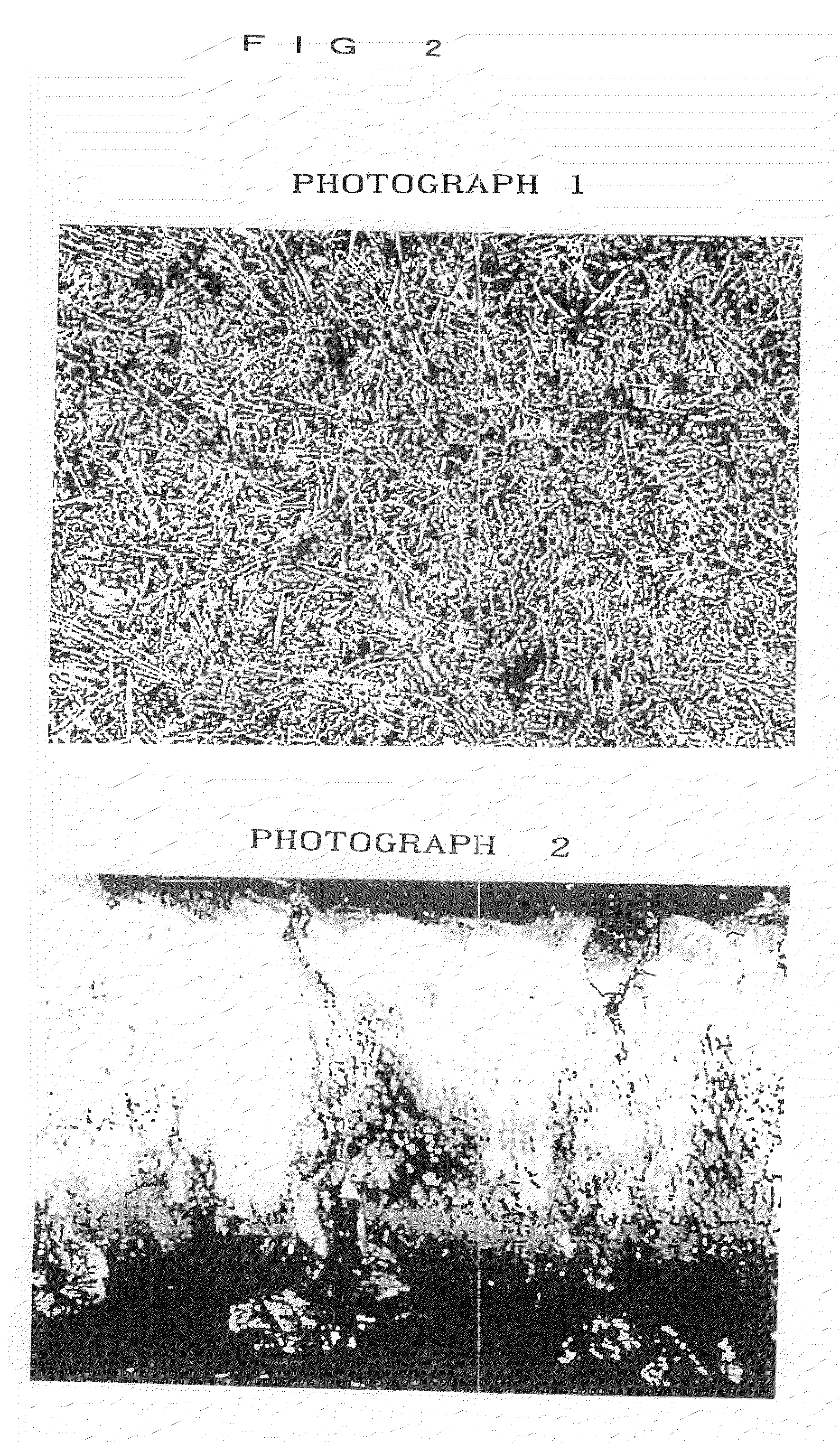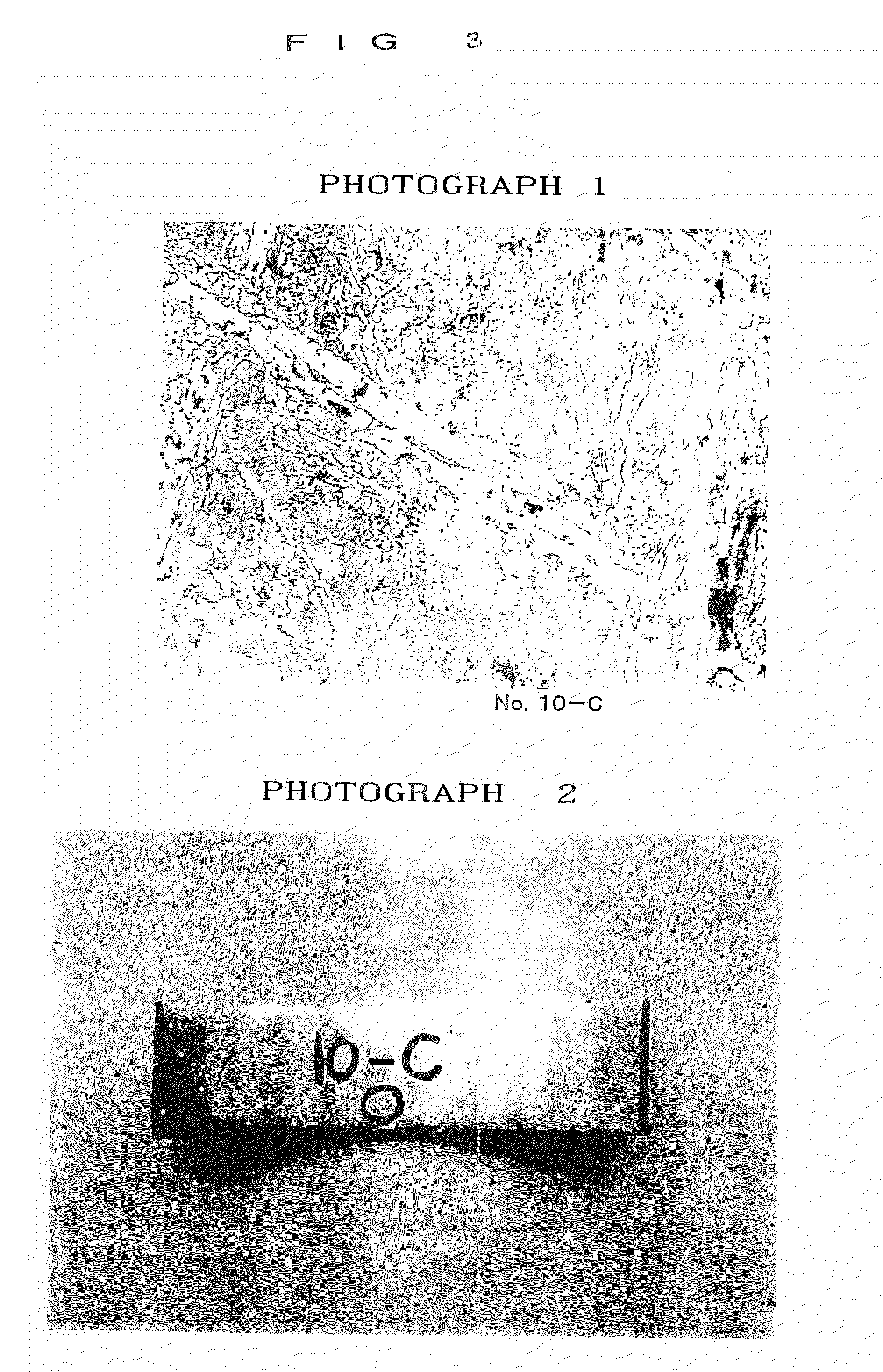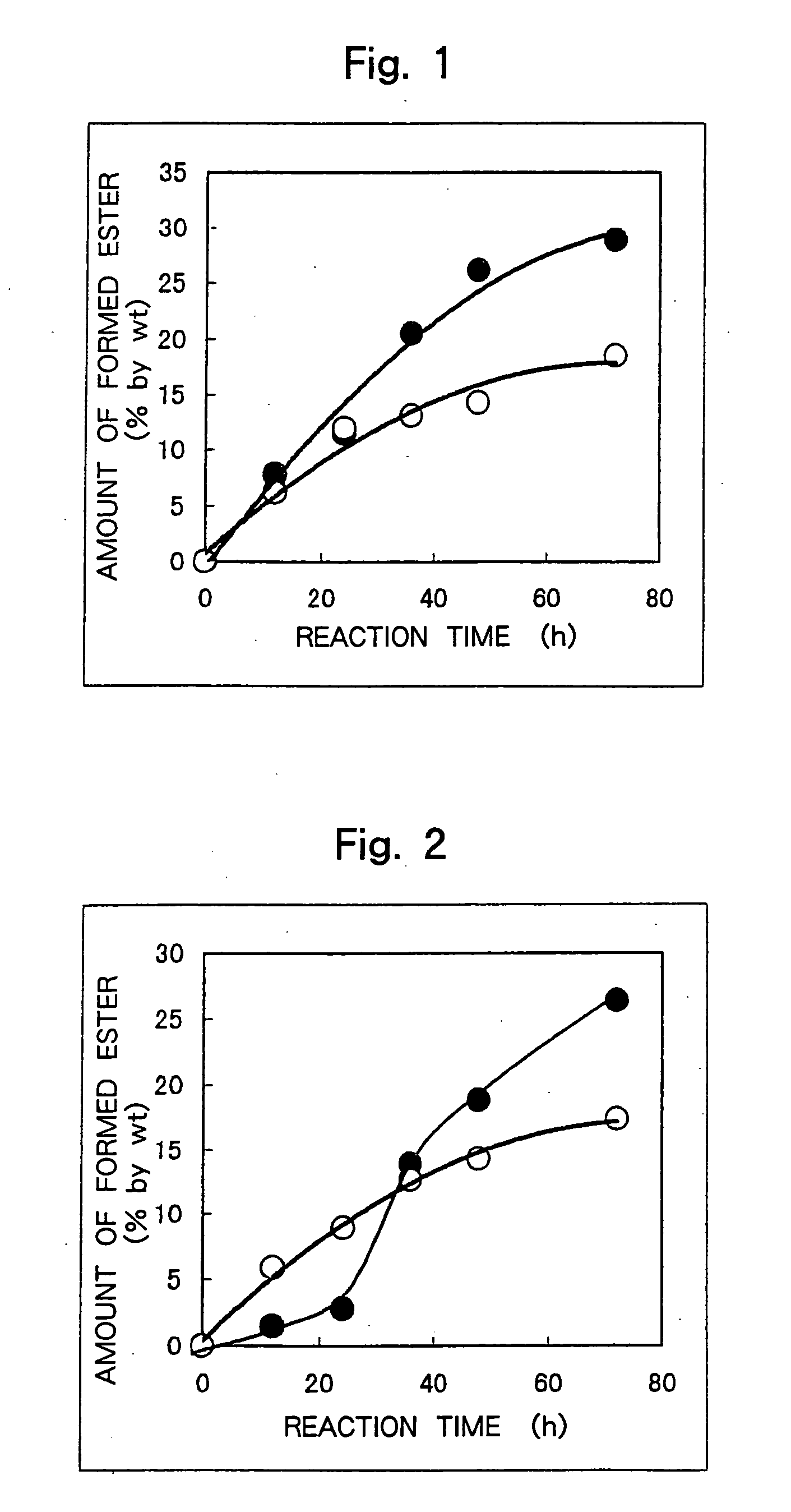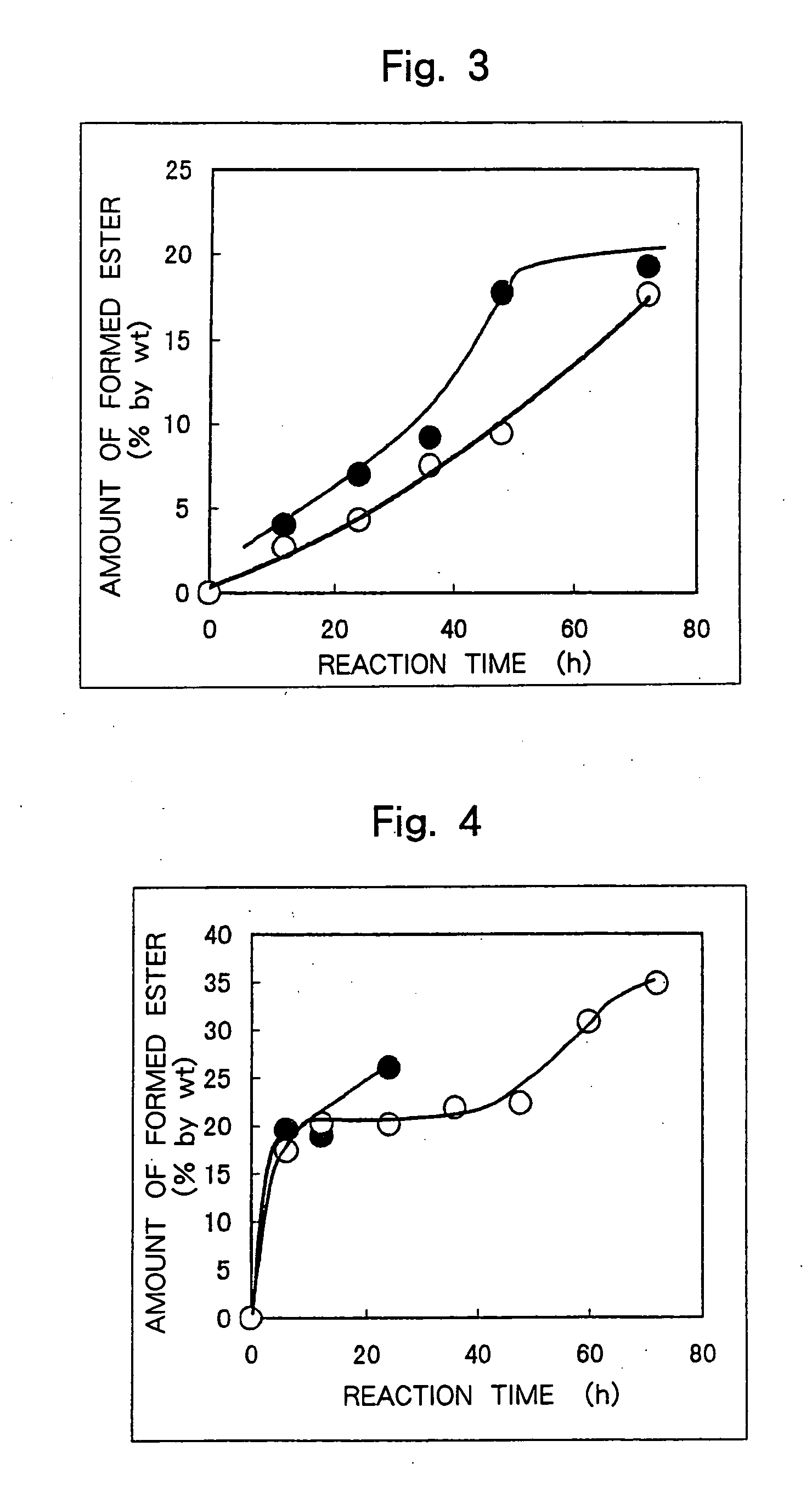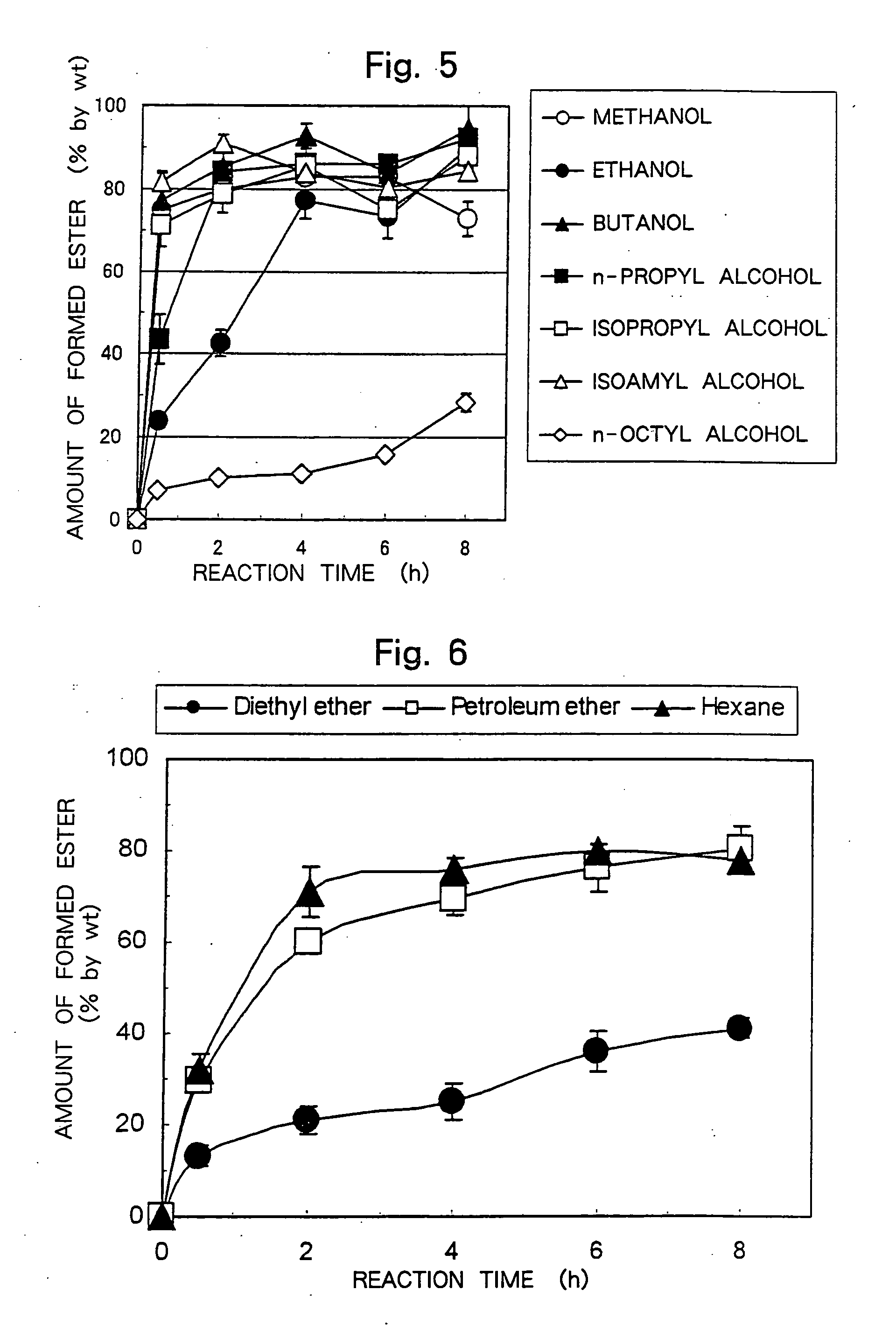Patents
Literature
436results about How to "Efficient use of resources" patented technology
Efficacy Topic
Property
Owner
Technical Advancement
Application Domain
Technology Topic
Technology Field Word
Patent Country/Region
Patent Type
Patent Status
Application Year
Inventor
Method and apparatus for analyzing data and advertising optimization
InactiveUS20010020236A1Readily availableGood choiceDigital data processing detailsBroadcast services for monitoring/identification/recognitionAnalysis dataDecision maker
The most preferred embodiment of the present invention is a computer-based decision support system that includes three main components: a database mining engine (DME); an advertising optimization mechanism; and a customized user interface that provides access to the various features of the invention. The user interface, in conjunction with the DME, provides a unique and innovative way to store, retrieve and manipulate data from existing databases containing media-related audience access data, which describe the access habits and preferences of the media audience. By using a database with a simplified storage and retrieval protocol, the data contained therein can be effectively manipulated in real time. This means that previously complex and lengthy information retrieval and analysis activities can be accomplished in very short periods of time (typically seconds instead of minutes or even hours). Further, by utilizing the advertising optimization mechanism of the present invention, businesses, networks, and advertising agencies can interactively create, score, rank and compare various proposed or actual advertising strategies in a simple and efficient manner. This allows the decision-makers to more effectively tailor their marketing efforts and successfully reach the desired target market while conserving scarce advertising capital. Finally, the user interface for the system provides access to both the DME and the optimization mechanism in a simple and straightforward manner, significantly reducing training time.
Owner:CANNON MARK E
Hybrid band intelligent backhaul radio
ActiveUS8385305B1Reduce the time required for installationReduce installation costsNetwork topologiesFrequency-division multiplexRadio equipmentMedia access control
A hybrid band intelligent backhaul radio (HB-IBR) is disclosed that is a combination of two radios operating in different bands. Embodiments include a dual radio configuration wherein a first radio operates in a non-line of sight (NLOS) radio link configuration and a second ancillary radio operates in a near line of sight or line of sight configuration (n)LOS. For example, the HB-IBR may have an Intelligent Backhaul Radio (IBR) operating in the non-line of sight mode of operation within the 5.8 GHz unlicensed band, and have an ancillary radio link operating in the FCC part 101E band of operation at 60 GHz. A common medium access control (MAC) block may be utilized between the dual radios.
Owner:COMS IP HLDG LLC
Transport stream packet header compression
ActiveUS20120307842A1Reduces packet header lengthEfficient use of resourcesPulse modulation television signal transmissionTime-division multiplexComputer networkPhysical layer
A demultiplexer 630 routes only one or more transport stream packets with a single packet identifier value to each physical layer pipe. A header compression unit 620 replaces the packet identifier of the transport stream packet with a short packet identifier of one bit length indicating at least whether the transport stream packet is a NULL packet.
Owner:SUN PATENT TRUST
Intelligent backhaul radio with zero division duplexing
ActiveUS8422540B1Efficient use of resourcesEasy to useFrequency-division multiplexTransmission monitoringFrequency spectrumAdaptive optimization
A intelligent backhaul radio is disclosed, which can operate by zero division duplexing for use in PTP or PMP topologies, providing for significant spectrum usage benefits among other benefits. Specific system architectures and structures to enable active cancellation of multiple transmit signals at multiple receivers within a MIMO radio are disclosed. Further disclosed aspects include the adaptive optimization of cancellation parameters or coefficients.
Owner:COMS IP HLDG LLC
Intelligent backhaul radio
ActiveUS8238318B1Lower latencyEfficient use of resourcesSpatial transmit diversitySimultaneous aerial operationsFrequency spectrumLatency (engineering)
A intelligent backhaul radio is disclosed that is compact, light and low power for street level mounting, operates at 100 Mb / s or higher at ranges of 300 m or longer in obstructed LOS conditions with low latencies of 5 ms or less, can support PTP and PMP topologies, uses radio spectrum resources efficiently and does not require precise physical antenna alignment.
Owner:COMS IP HLDG LLC
Method and system for employing a multiple layer cache mechanism to enhance performance of a multi-user information retrieval system
InactiveUS8326828B2Optimize resource usageSacrificing a user's perceived response timeDigital data information retrievalDigital data processing detailsData miningHuman–computer information retrieval
Owner:INT BUSINESS MASCH CORP
Methods and systems for providing the effectiveness of an entity
InactiveUS20150046233A1Determine effectivenessMonitor relationshipResourcesWorking environmentSecurity question
A computer implemented method and system for providing to a user (a manager) the effectiveness of an entity (employee or group of employees) by analyzing emails, social network data, CRM, calendar data, audio / video data, typing speed, galvanic skin response, etc. The computer method captures, analyzes and displays communication volumes, response times, and sentiment metrics, enabling the user to understand the effectiveness of an entity, optimal use of resources, trends, customer contact, collaboration patterns, security issues, entity turnover, entity health, and ideal work environments.
Owner:THRIVE METRICS
Threshold and identity-based key management and authentication for wireless ad hoc networks
InactiveUS20060023887A1Reduce usageReduce resource requirementsKey distribution for secure communicationPublic key for secure communicationConfidentialityWireless ad hoc network
As various applications of wireless ad hoc network have been proposed, security has become one of the big research challenges and is receiving increasing attention. The present invention provides for a distributed key management and authentication approach by deploying the recently developed concepts of identity-based cryptography and threshold secret sharing. Without any assumption of pre-fixed trust relationship between nodes, the ad hoc network works in a self-organizing way to provide the key generation and key management service, which effectively solves the problem of single point of failure in the traditional public key infrastructure (PKI)-supported system. The identity-based cryptography mechanism provided not only to provide end-to-end authenticity and confidentiality, but also saves network bandwidth and computational power of wireless nodes.
Owner:UNIVERSITY OF CINCINNATI
Fast channel change with conditional return to multicasting
ActiveUS20070107026A1Efficient use of resourcesManagement intelligenceData switching by path configurationMultiple digital computer combinationsDigital videoClient-side
In a digital video network that is capable of distributing digital video content to a client via multicasting and unicasting, servicing a channel change request from a client involves switching from providing the digital video content to the client via multicasting to providing the digital video content to the client via unicasting and continuing to provide digital video content to the client via unicasting until a pre-established condition is met. Continuing to provide digital video content to the client via unicasting until a pre-established condition is met allows the network to opportunistically switch the client from unicasting back to multicasting.
Owner:SYNAMEDIA LTD
Distributed load balancing for single entry-point systems
InactiveUS7155515B1Efficient use of resourcesReduce in quantityMultiple digital computer combinationsTransmissionCurrent loadEntry point
A method and system for distributing work load in a cluster of at least two service resources. Depending upon the configuration, a service resource may be an individual process, such as a single instance of a computer game, or a node on which multiple processes are executing, such as a Server. Initial connection requests from new clients are directed to a single entry-point service resource in the cluster, called an intake. A separate intake is designated for each type of service provided by the cluster. The clients are processed in a group at the service resource currently designated as the intake to which clients initially connected, for the duration of the session. Based upon its loading, the current intake service resource determines that another service resource in the cluster should become a new intake for subsequent connection requests received from new clients. Selection of another service resource to become the new intake is based on the current work load of each resource in the cluster. All resources in the cluster are periodically informed of the resource for each service being provided that was last designated as the intake, and of the current load on each resource in the cluster. Subsequently, new clients requesting a service are directed to the newly designated intake for that service and processed on that resource for the duration of the session by those clients.
Owner:MICROSOFT TECH LICENSING LLC
Method for self-configuring a cellular infrastructure as desired, and a device therefor
ActiveUS20110128916A1Efficient use of resourcesReduce distractionsPower managementSynchronisation arrangementCommunications systemEngineering
The present invention relates to wireless communications system. More specifically, the present invention relates to a method in which a mobile station communicates with any desired node in a wireless communications system. This communications method comprises the steps of: transmitting upwards a first signal for searching for any desired node; receiving from the desired node a second signal indicating that a service can be provided to the mobile station, by way of response to the first signal; and carrying out a procedure for receiving the service from the desired node, wherein the desired node monitors the first signal in a sleep mode.
Owner:LG ELECTRONICS INC
QOS multiplexing via base station-relay node interface
InactiveUS20120120831A1Efficient use of resourcesError preventionTransmission systemsMultiplexingData transmission
The invention relates to methods for providing IP packets from a core network node to a relay node, wherein the IP packets are conveyed via a base station to the relay node on a wireless interface. To suggest an interface termination for data transport between core network and a relay node that is allowing for a flexible QoS control, preferably on a per user equipment basis this invention proposes two different multiplexing modes for use on the interface between base station and relay node: a first mode in which there is only a single dedicated radio bearer between the base station and the relay node to which all IP packets are multiplexed / mapped, and a second multiplexing mode where multiple dedicated radio bearers between the base station and the relay node are configured and the base station is multiplexing IP packets to the individual dedicated radio bearers according to their QoS class.
Owner:PANASONIC CORP
Hybrid band intelligent backhaul radio
ActiveUS20130272217A1Lower latencyEfficient use of resourcesNetwork topologiesConnection managementRadio equipmentEngineering
A hybrid band intelligent backhaul radio (HB-IBR) is disclosed that is a combination of two radios operating in different bands. Embodiments include a dual radio configuration wherein a first radio operates in a non-line of sight (NLOS) radio link configuration and a second ancillary radio operates in a near line of sight or line of sight configuration (n)LOS. For example, the HB-IBR may have an Intelligent Backhaul Radio (IBR) operating in the non-line of sight mode of operation within the 5.8 GHz unlicensed band, and have an ancillary radio link operating in the FCC part 101 E band of operation at 60 GHz. A common medium access control (MAC) block may be utilized between the dual radios.
Owner:COMS IP HLDG LLC
Communication control system, communication control method, base station device and mobile terminal device
InactiveUS20100254263A1Efficient use of resourcesImprove service qualityError preventionTransmission systemsPacket communicationResource utilization
In packet communications between a mobile terminal and a base station, the mobile terminal checks a priority level of a traffic and judges a type of the traffic, and transmits a reservation signal for a transmission request to the base station when the type of the traffic is a high priority level or realtime type, and does not transmits it when the type of the traffic is a low priority level or non-realtime type, while the base station determines a resource amount to be reserved for packet transmission according to a resource utilization state and the reservation signal for the traffic of the high priority level or realtime type, or an average transmission interval or transmission rate for the traffic of the low priority level or non-realtime type according to margins in remaining resources, and notifies the resource amount or the average transmission interval or transmission rate to the mobile terminal.
Owner:NTT DOCOMO INC
Intelligent backhaul radio
ActiveUS8311023B1Lower latencyEfficient use of resourcesSpatial transmit diversitySimultaneous aerial operationsFrequency spectrumLatency (engineering)
Owner:COMS IP HLDG LLC
Adaptive pilot allocation method and apparatus for use in a communication system
InactiveUS20060146948A1Efficient use of resourcesRaising pilot distribution densitySecret communicationRadio transmissionCommunications systemMobile station
A method and apparatus are provided for adaptively allocating pilots in a pilot-aided channel estimation system. A multipath delay is measured between a base station (BS) and a mobile station (MS). A distribution density of pilots of a signal to be transmitted between the BS and the MS is controlled. When the multipath delay is large, the pilot distribution density is relatively raised. However, when the multipath delay is small, the pilot distribution density is relatively lowered. The pilot distribution density is adaptively controlled according to the multipath delay, such that resources are effectively utilized and throughput is improved.
Owner:SAMSUNG ELECTRONICS CO LTD
Intelligent Backhaul Radio
ActiveUS20130100897A1Lower latencyEfficient use of resourcesSpatial transmit diversitySimultaneous aerial operationsFrequency spectrumLatency (engineering)
A intelligent backhaul radio is disclosed that is compact, light and low power for street level mounting, operates at 100 Mb / s or higher at ranges of 300 m or longer in obstructed LOS conditions with low latencies of 5 ms or less, can support PTP and PMP topologies, uses radio spectrum resources efficiently and does not require precise physical antenna alignment.
Owner:COMS IP HLDG LLC
Architecture for programmable logic device
InactiveUS7154299B2Efficient use ofEfficient use of resourcesLogic circuits characterised by logic functionSolid-state devicesComputer architectureProgrammable logic device
An improved Programmable Logic Device architecture that provides more efficient utilization of resources by enabling access to defined circuit elements in the domain of any Programmable Logic Block (PLB) from any other PLB in the device, by incorporating a connecting means in the routing structure for selectively connecting the input or output of the circuit element in the domain of the PLB to the common interconnect matrix connecting all the PLBs together.
Owner:HD SILICON SOLUTIONS LLC
Registration timer adjustment based on wireless network quality
ActiveUS20080108348A1Reduce numberReduce amountNetwork traffic/resource managementWireless network protocolsTimerCall forwarding
The disclosure is directed to managing registration of a wireless communication device (WCD) operating in a wireless network. The WCD may support registration according to a signaling protocol, such as session initiation protocol (SIP). The WCD adjusts a registration timer based on network quality experienced by the WCD. When network quality is poor, for example, the WCD reduces the length of the registration timer. Reduced network quality may indicate that the WCD is at risk of losing network coverage. By reducing the length of the registration timer when network quality is degraded, stale registrations for out-of-coverage WCDs can be reduced. In particular, the shortened registration timer will expire more quickly, permitting the registration to be cleared more quickly. Consequently, the amount of call forwarding and other resources devoted to stale registrations can be reduced. If the WCD retains network coverage, it can maintain a registration by sending another registration request
Owner:QUALCOMM INC
Processing system, evacuating system for processing system, low-pressure CVD system, and evacuating system and trapping device for low-pressure CVD system
InactiveUS6966936B2Run cost be reduceStable operationCombination devicesDispersed particle filtrationProduct gasEngineering
An object of the present invention is to ensure the stable operation of a vacuum pump for discharging an unused source gas and reaction byproduct gases from a low-pressure processing chamber, to recover the reaction byproducts efficiently for the effective utilization of resources and reduction of running costs. A low-pressure CVD system has a processing vessel (10) for carrying out a low-pressure CVD process for forming a copper film, a source gas supply unit (12) for supplying an organic copper compound as a source gas, such as Cu(I)hfacTMVS, into the processing vessel (10), and an evacuating system (14) for evacuating the processing vessel (10). The evacuating system (14) includes a vacuum pump (26), a high-temperature trapping device (28) disposed above the vacuum pump (26) with respect to the flowing direction of a gas, and a low-temperature trapping device (30) disposed below the vacuum pump with respect to the flowing direction of a gas. The high-temperature trapping device (28) decomposes the unused Cu(I)hfacTMVS contained in a gas sucked out of the processing vessel (10) to trap metallic copper. The low-temperature trapping device traps Cu(II)(hfac)2 produced as a reaction byproduct.
Owner:TOKYO ELECTRON LTD
Switching a client from unicasting to multicasting by simultaneously providing unicast and multicast streams to the client
ActiveUS20060200576A1Efficient use of resourcesManagement intelligenceDecorative surface effectsSynthetic resin layered productsDigital videoClient-side
Switching a client from unicasting back to multicasting involves simultaneously providing the digital video content to the client via unicasting and multicasting until the client has buffered duplicate frames (i.e., frames that contain the same digital video content). Once the client has buffered duplicate frames, the client can transition from playing out of a buffer that holds frames received via unicasting to playing out of a buffer that holds frames received via multicasting without skipping a frame. Once the transition back to multicasting is complete, unicasting is terminated and any frames remaining in the unicast buffer are flushed.
Owner:SYNAMEDIA LTD
Radio transmission device, radio reception device, cell switching method, and radio communication system
InactiveUS20100216454A1Efficient use of resourcesInhibition amountWireless communicationCommunications systemRadio reception
It is possible to provide a radio transmission device, a radio reception device, and a radio communication system which can effectively use a resource of a unicast / MBMS cell and prevent increase of a signaling amount accompanying a cell switching. A UE measures a reception level of an MEMS-dedicated cell. When the measured reception level is below a first threshold value, the UE switches the serving MBMS cell from the MBMS-dedicated cell to the unicast / MBMS cell. Moreover, when the reception level of the MBMS-dedicated cell exceeds a second threshold value obtained by adding an offset value to the first threshold value, the serving MBMS cell is switched from the unicast / MBMS cell to the MBMS-dedicated cell.
Owner:PANASONIC CORP
Incorporating Development Tools In System For Deploying Computer Based Process On Shared Infrastructure
InactiveUS20100262558A1Easy to set upReduce errorsResourcesSpecific program execution arrangementsSoftware engineeringBusiness process
A method of setting up a development environment for development work on a computer based business process, involves providing a software model (827) of the business process, and providing in the model a representation (870) of tools for developing part of the process, incorporated with the corresponding part of the modelled business process. The selected parts of the model incorporating the tools are deployed, and the given tools installed, to set up the development environment. By modelling the development tools incorporated in the business process, setting up the development environment can be made easier. Choice and arrangement of tools needs less manual input, so risks of errors, and time spent in setting up can be reduced.
Owner:HEWLETT PACKARD DEV CO LP
Method and apparatus for multiscreen management for multiple screen configuration
InactiveUS20090322714A1Flexibility of implementationEfficient use of resourcesTelevision system detailsColor signal processing circuitsMulti methodComputer science
The present invention performs multiscreen configuration and multiscreen management by using a plurality of screens and a plurality of methods in order to represent a plurality of service contents. In accordance with a multiscreen configuration method of the present invention, by mutually assigning one or more broadcasting services, one or more logical screens, one or more display screens, and one or more output ports, ultimately outputting service contents which are executed on screens assigned by output ports, and setting, changing, and reporting configuration of a multiscreen, the configuration of the multiscreen may be set or reset so as to effectively output various service contents on the multiscreen by using a desired method.
Owner:SAMSUNG ELECTRONICS CO LTD
System and method for wireless network management
ActiveUS20130288735A1Improve understandingEfficient use of resourcesService provisioningAssess restrictionRelevant informationSystem reconfiguration
A system and method for wireless network management, for managing wireless access technology and available resources of plural wireless networks. The wireless network management system includes: an information interaction module for collecting wireless network relevant information; a service discovery module for discovering service demands of the wireless networks to generate a set of service demand networks; and an analysis and decision module for determining a new wireless network configuration by merging networks and / or partitioning a network group, wherein the information interaction module is also used for distributing the new wireless network configuration to the wireless networks to allow these to carry out system reconfiguration. With the system and method, cooperative and competitive relationships between wireless networks can be adjusted to enable the networks to adapt to dynamic change of user distribution and resource demands thereof more flexibly and quickly, thereby achieving effective utilization of resources.
Owner:SONY CORP
Method of manufacturing photoelectric conversion device
InactiveUS20090142879A1Improve photoelectric conversion efficiencySuppressing consumption of resourceFinal product manufactureSemiconductor/solid-state device manufacturingSolid phasesPhysics
A fragile layer is formed in a region at a depth of less than 1000 nm from one surface of a single crystal semiconductor substrate, and a first impurity semiconductor layer and a first electrode are formed at the one surface side. After bonding the first electrode and a supporting substrate, the single crystal semiconductor substrate is separated using the fragile layer or the vicinity as a separation plane, thereby forming a first single crystal semiconductor layer over the supporting substrate. An amorphous semiconductor layer is formed on the first single crystal semiconductor layer, and a second single crystal semiconductor layer is formed by heat treatment for solid phase growth of the amorphous semiconductor layer. A second impurity semiconductor layer having a conductivity type opposite to that of the first impurity semiconductor layer and a second electrode are formed over the second single crystal semiconductor layer.
Owner:SEMICON ENERGY LAB CO LTD
Computing system and method for transparent, distributed communication between computing devices
InactiveUS20050235290A1Efficient use of resourcesReduce processing timeInterprogram communicationParallel computingComputing systems
A distributed computing system and method is provided for executing block diagram software applications across multiple computing devices. A first computing device is configured to execute a first block of a block diagram software application to produce an output. The first computing device transparently communicates with a second computing device to provide the output of the first block to a second block of the block diagram software application resident on the second computing device.
Owner:AGILENT TECH INC
Method and network element for controlling handover
InactiveUS7197318B2Improve resource utilizationImproved network capacity and quality of serviceInterconnection arrangementsRadio/inductive link selection arrangementsCarrier signalCellular network
The present invention relates to a method and apparatus for controlling a connection transfer in a cellular network having at least two systems, such as a GSM system and a WCDMA system. Based on a load determination, a service-based inter-system or inter-frequency handover of the connection to another system or to another carrier of the same system is initiated if the determined is below a threshold and service priorities are indicating it. If it exceeds the threshold, an additional load-based inter-system or inter-frequency handover can be initiated. If the load of the target cell is not known, a load estimation based on a learning process can be used to derive a probability of success of an interfrequency or inter-system handover, which may be used for deciding on the initiation of the inter-system handover. The learning process may be performed by evaluating preceding interfrequency or inter-system handovers to the target cell or preceding interfrequency or inter-system handovers from the target cell. Thereby, users can be shared between different radio access technologies or systems or between different carriers of one system to thereby improve network capacity and quality of service for both systems and carriers. Furthermore, unnecessary inter-system handovers can be prevented in case the load of the target cell of the other system is not known.
Owner:WSOU INVESTMENTS LLC
Iron-based corrosion resistant wear resistant alloy and deposit welding material for obtaining the alloy
InactiveUS20100189588A1Efficient use of resourcesEffective utilization of rareWelding/cutting media/materialsSoldering mediaChromium carbideHigh carbon
To provide a high-performance, inexpensive low C-high Si-high Cr—B—Nb type iron-based corrosion-resistant and wear-resistant alloy that is extremely superior in corrosion resistance and wear resistance to 304 stainless steel, high-chromium cast iron and high carbon-high chromium cast-iron-type materials, has a high corrosion-resistant property that would never be obtained from a high carbon-high chromium carbide precipitation-type iron-based wear-resistant alloy and at the same time, a wear-resistant property that is superior to these metals, and further hardly causes brittle peeling that is inherent to high Si—containing steel. This alloy contains, all percentages by weight, C: 0.5 to 2.5% by weight, Si: 2.5 to 4.5%, Mn: 0 to 10% or less, Cr: 15% to 31%, Ni: 0 to 16%, Cu: 7% or less, Mo: 10% or less, B: 0.5% to 3.5%, and 0≦Nb+V≦8%, and in this structure, within a range of 15% Cr≦Cr<27%, (Si×B)≦2014 / Cr2+0.083Cr+1.05 is satisfied, within a range of 27%≦Cr≦31%, 1.25%≦(Si×B) 6.0% is satisfied, within a range of 15%≦Cr<20%, (Si×B) 570 / Cr2−0.066Cr+1.145 is satisfied, and within a range of 20%≦Cr≦31%, (Si×B)≧1.25 is satisfied.
Owner:ING SHOJI
Method of producing bio-fuels
InactiveUS20050084941A1Reduce in quantityEfficient use ofFatty oils/acids recovery from wasteFatty acid esterificationAlcoholBiofuel
A method of producing bio-fuels by causing an enzyme to act on the oils and fats in a waste clay to decompose them into a fatty acid which is then reacted with a lower alcohol to form an ester that can be used as a bio-fuel. An environment friendly bio-fuel is obtained from the starting waste clay through a decreased number of steps without requiring cumbersome operations.
Owner:MIZUSAWA INDAL CHEM LTD
Features
- R&D
- Intellectual Property
- Life Sciences
- Materials
- Tech Scout
Why Patsnap Eureka
- Unparalleled Data Quality
- Higher Quality Content
- 60% Fewer Hallucinations
Social media
Patsnap Eureka Blog
Learn More Browse by: Latest US Patents, China's latest patents, Technical Efficacy Thesaurus, Application Domain, Technology Topic, Popular Technical Reports.
© 2025 PatSnap. All rights reserved.Legal|Privacy policy|Modern Slavery Act Transparency Statement|Sitemap|About US| Contact US: help@patsnap.com
